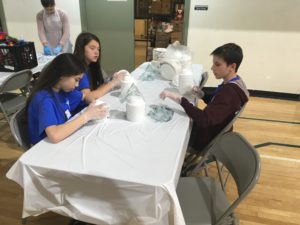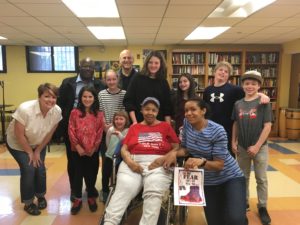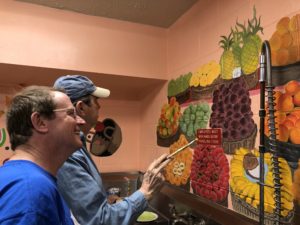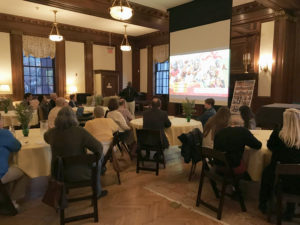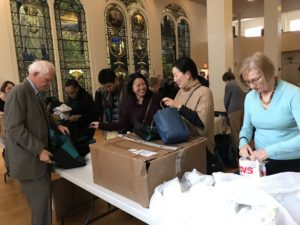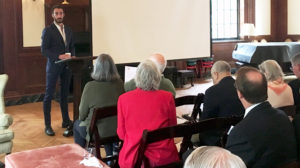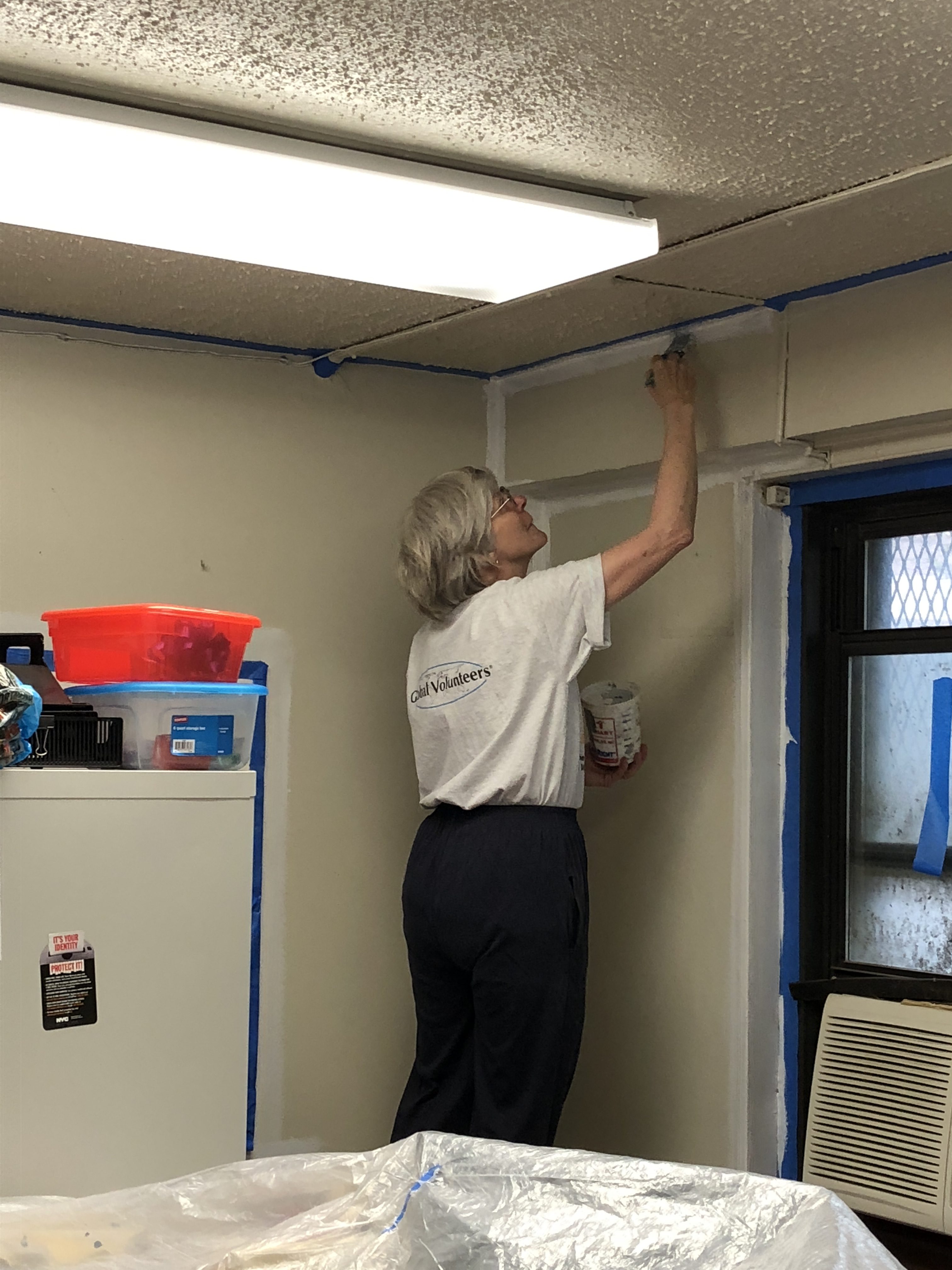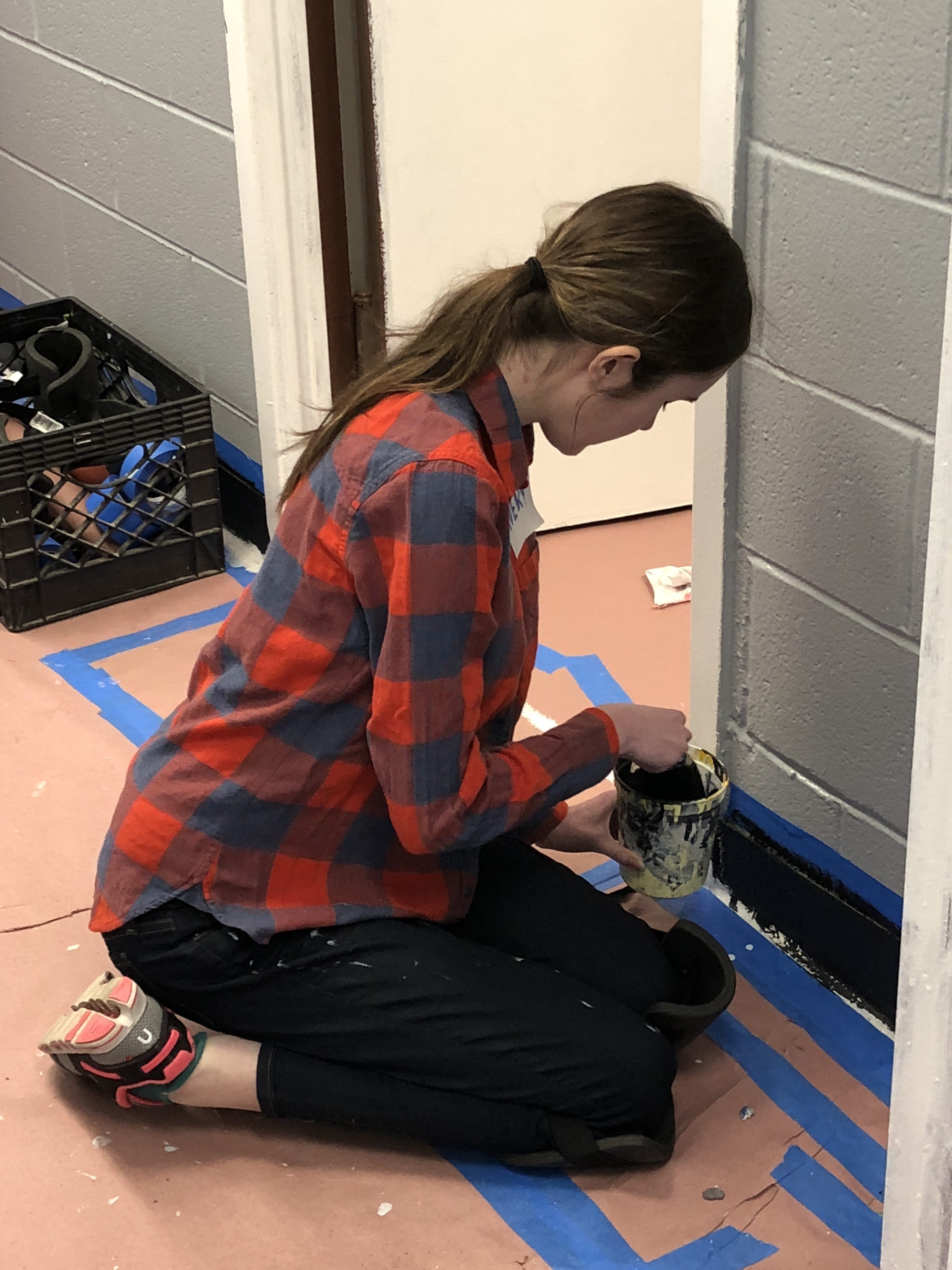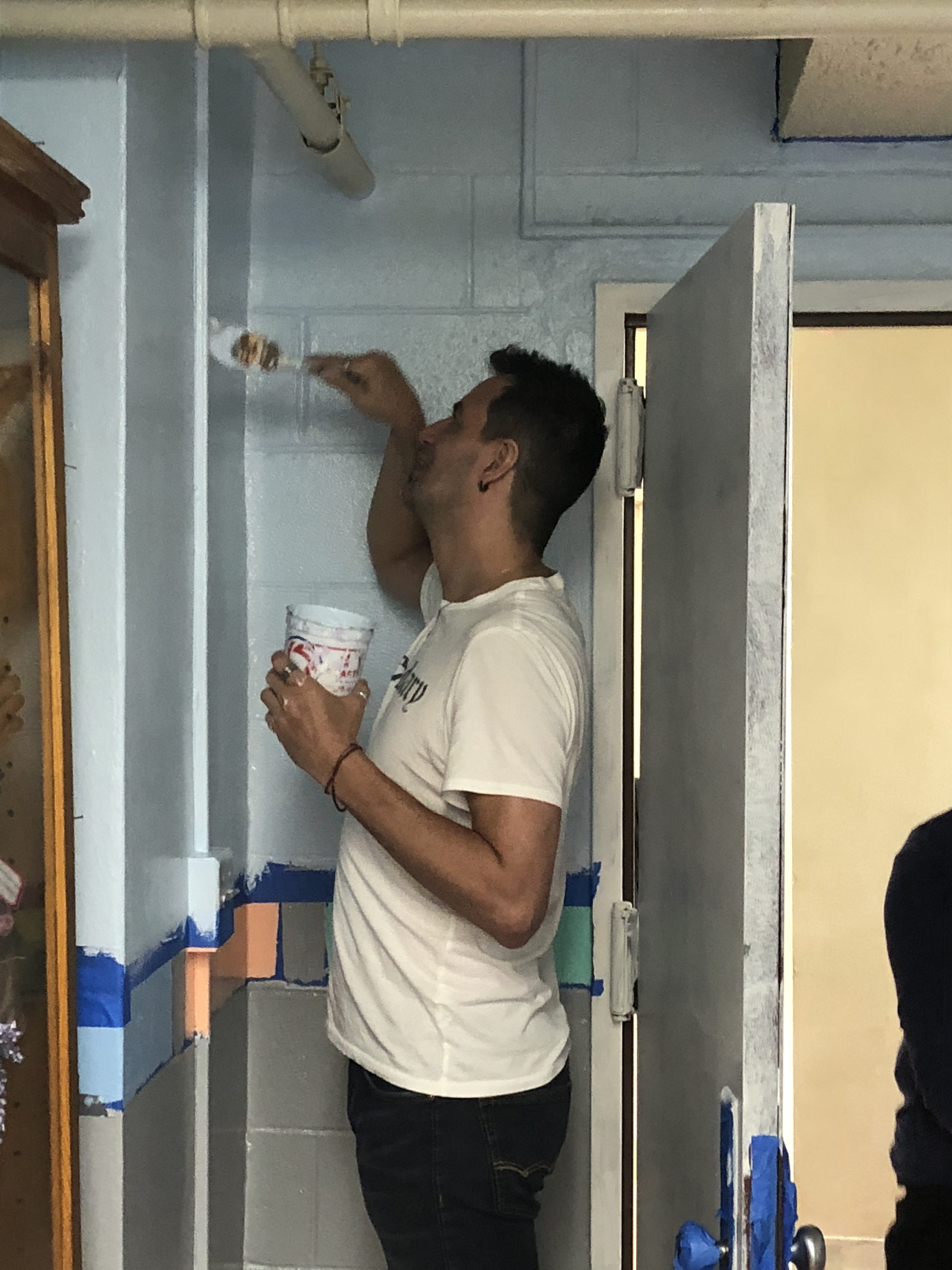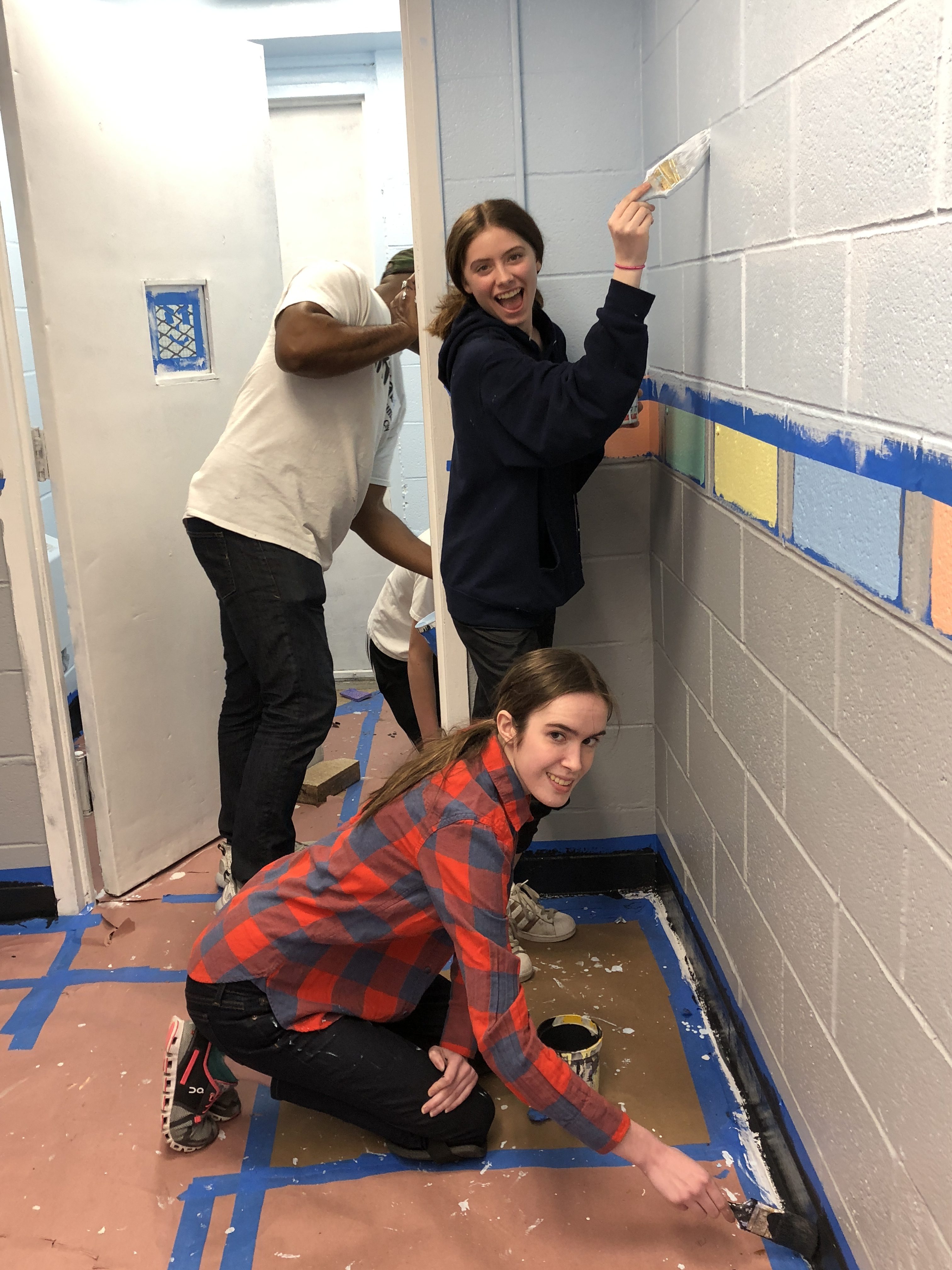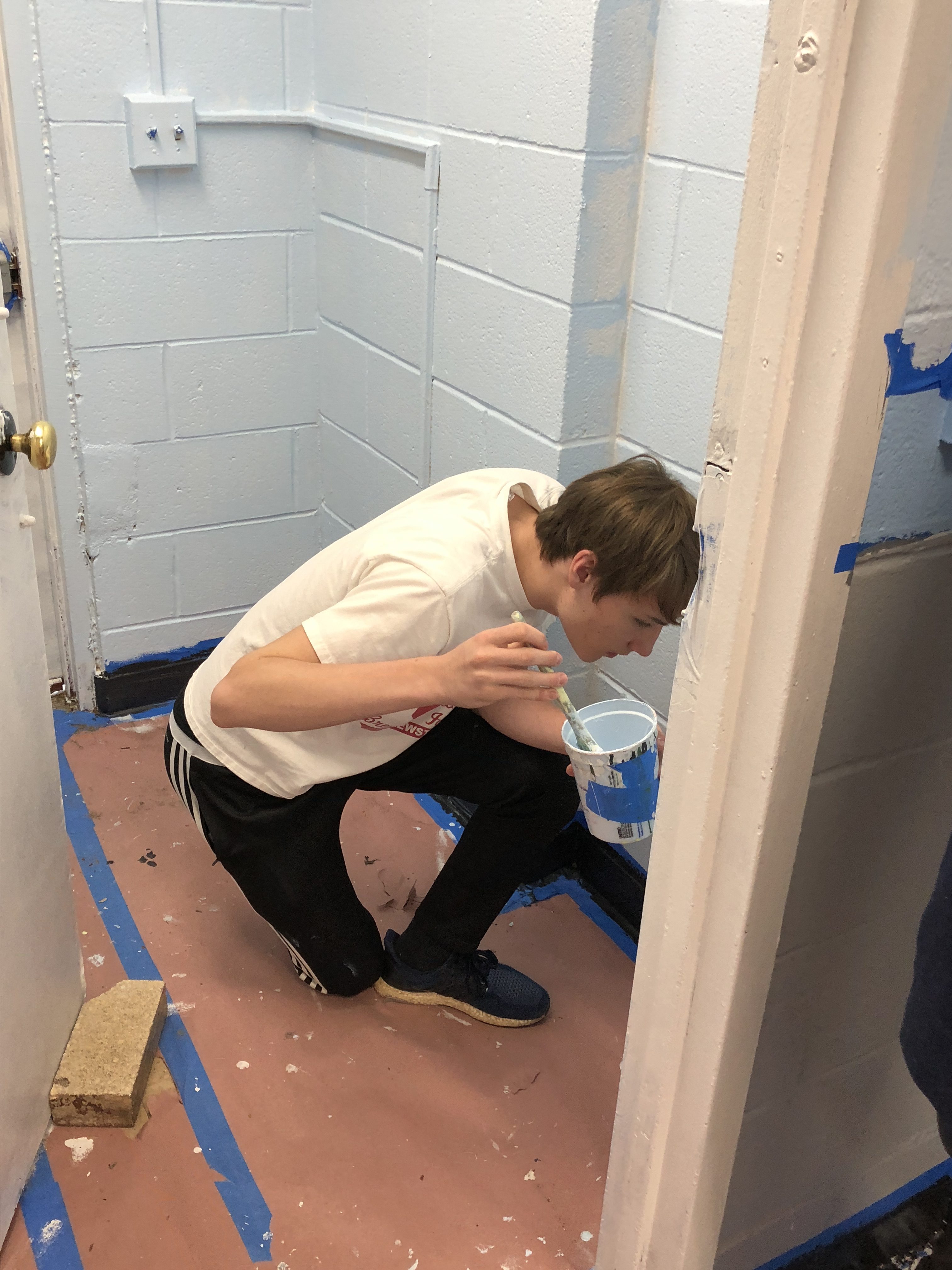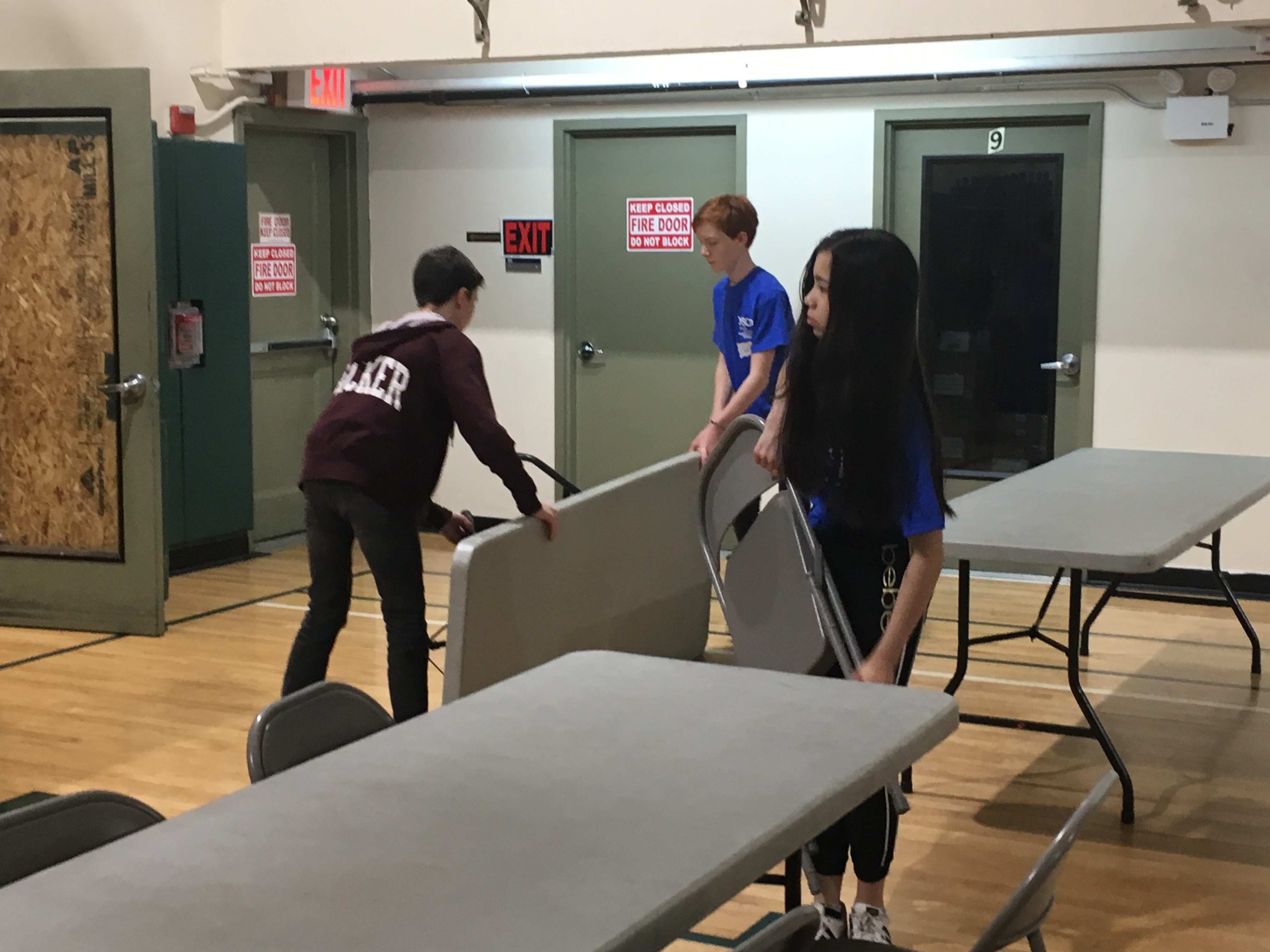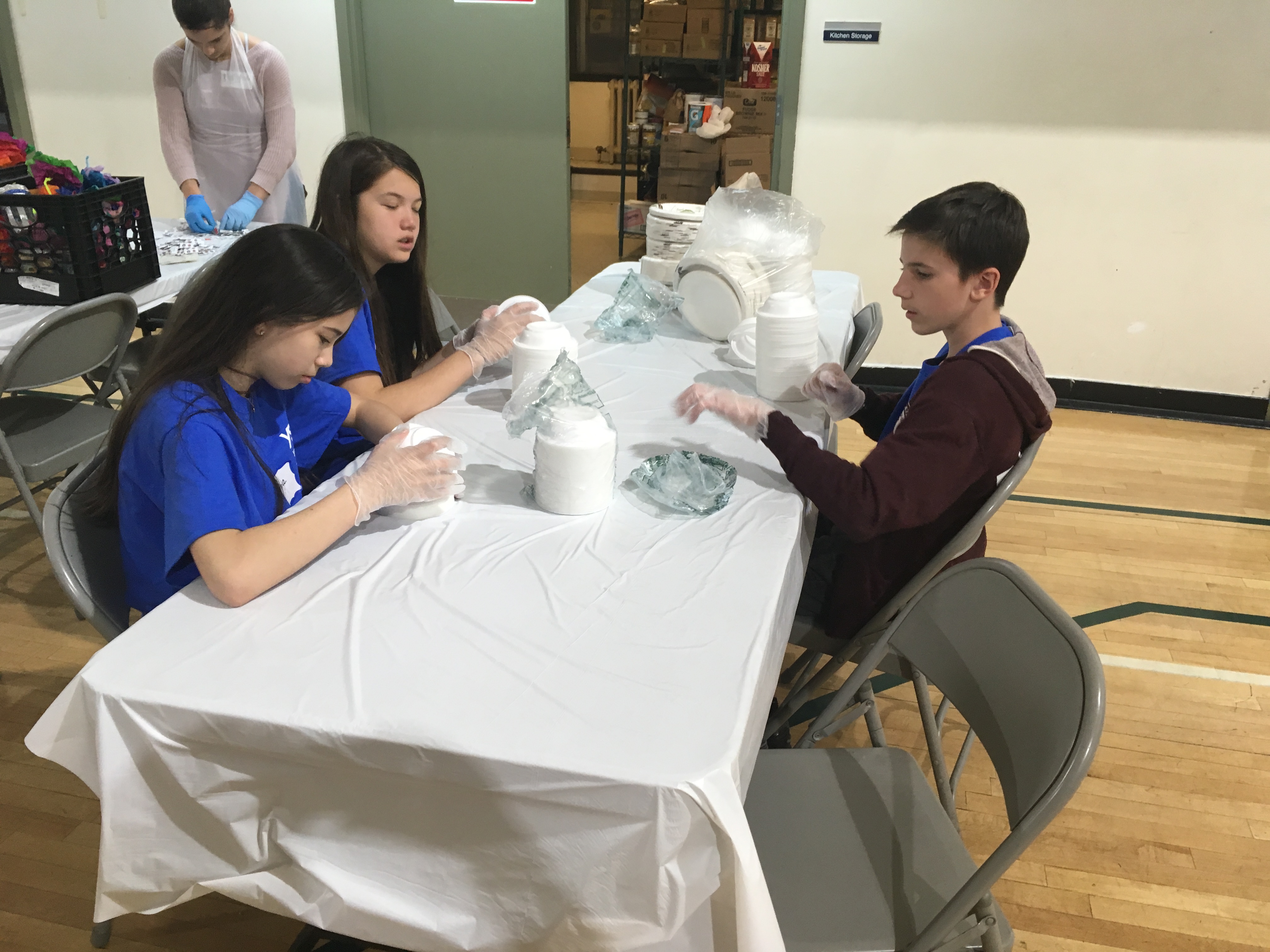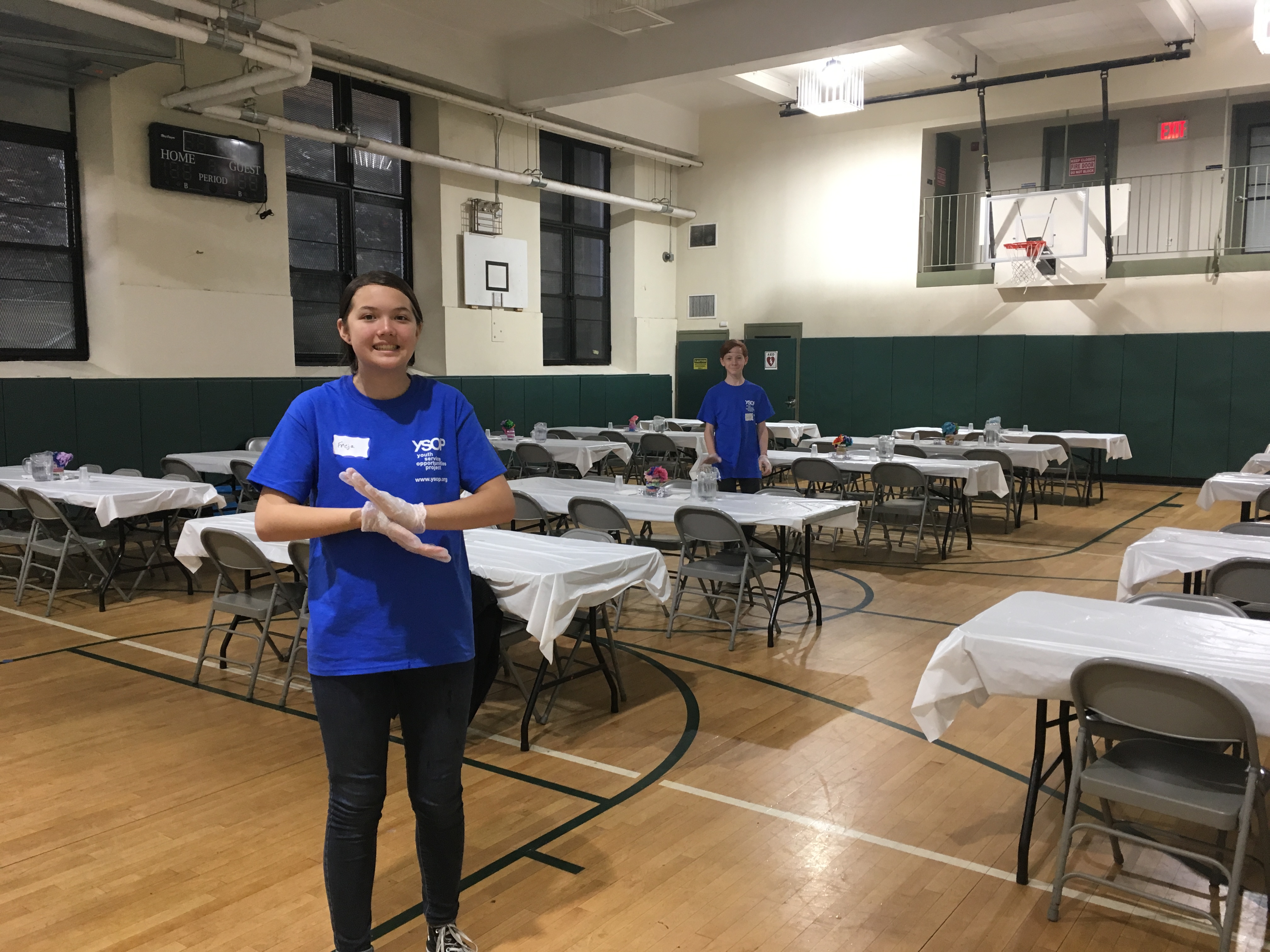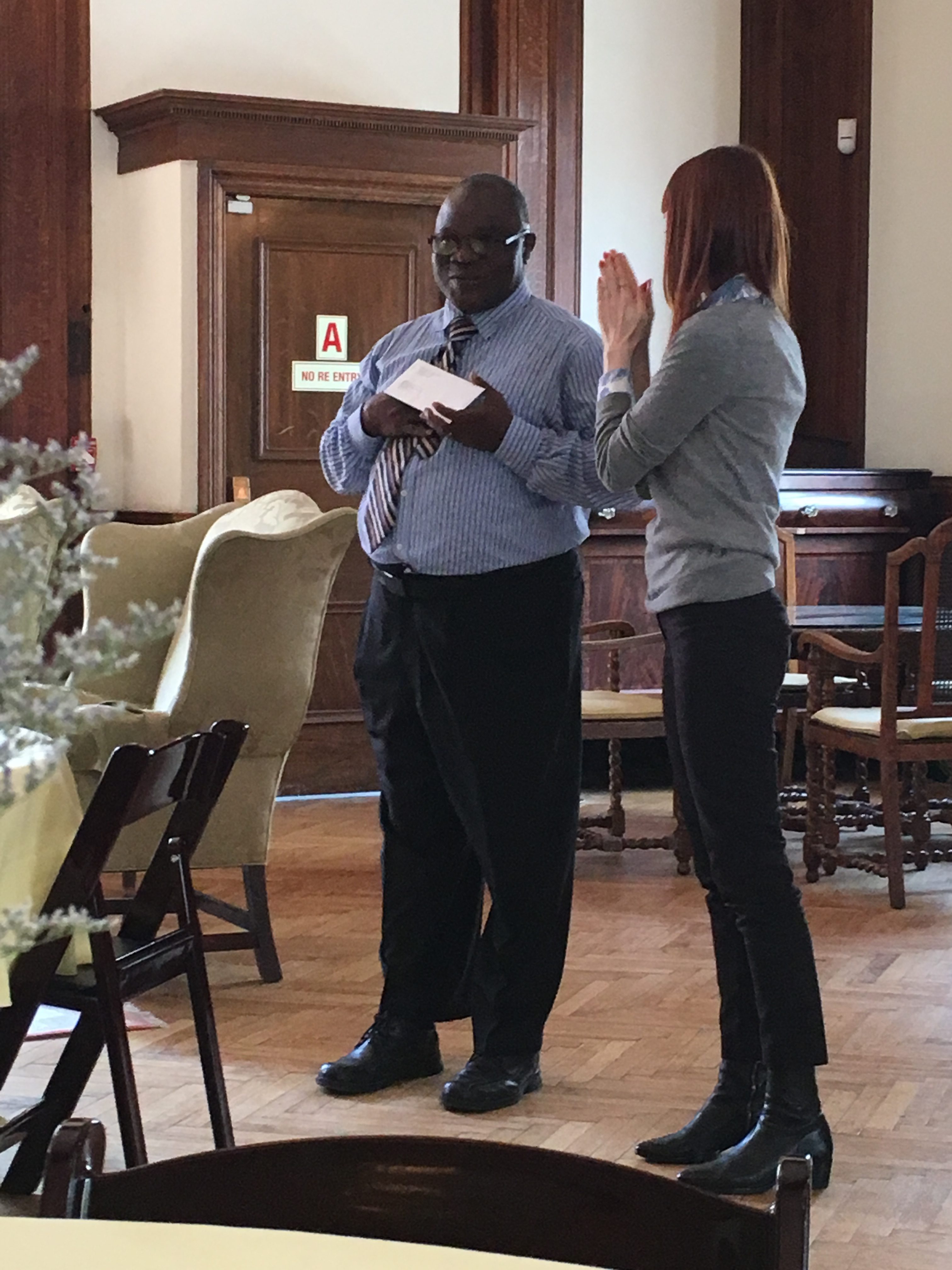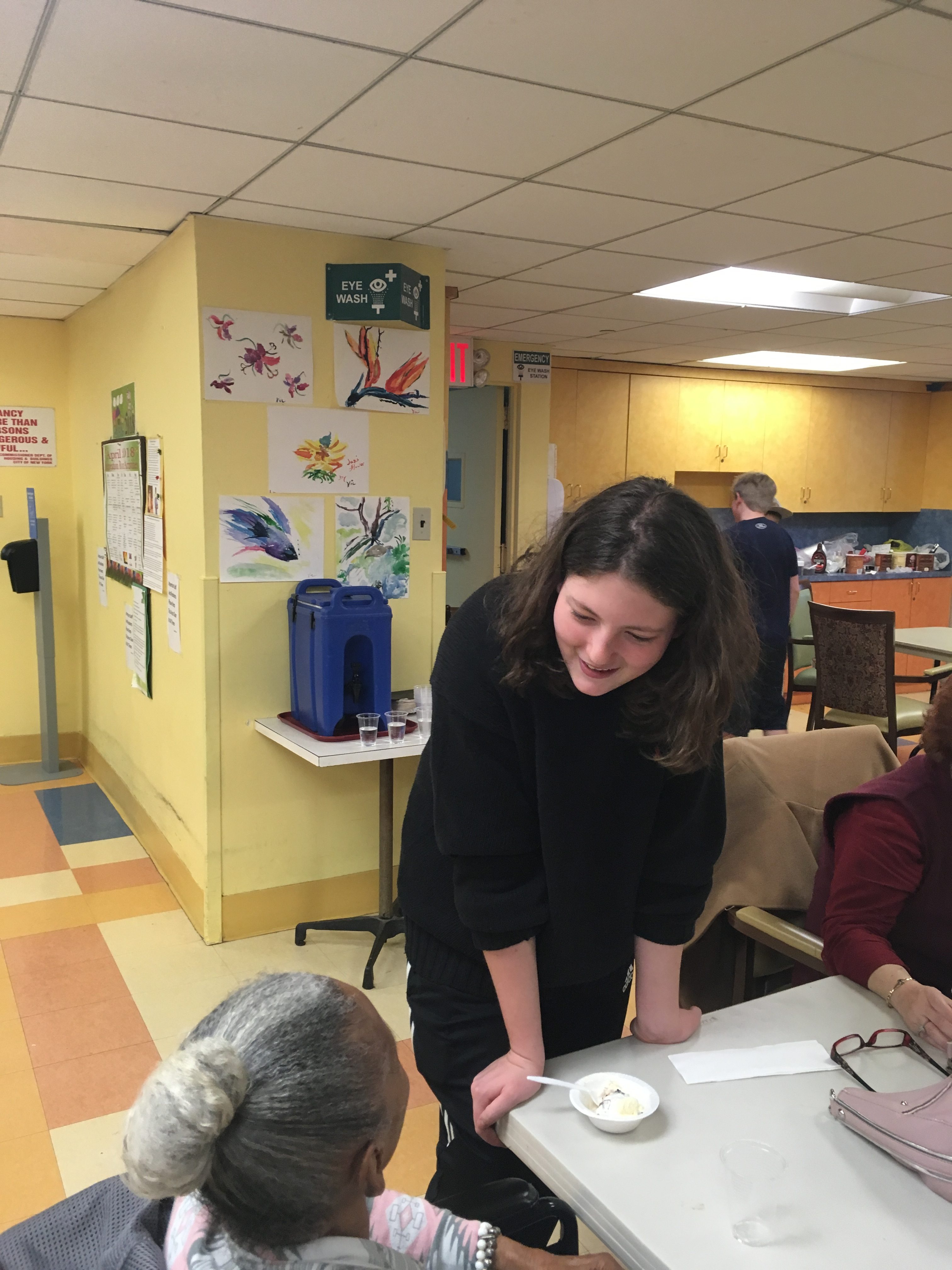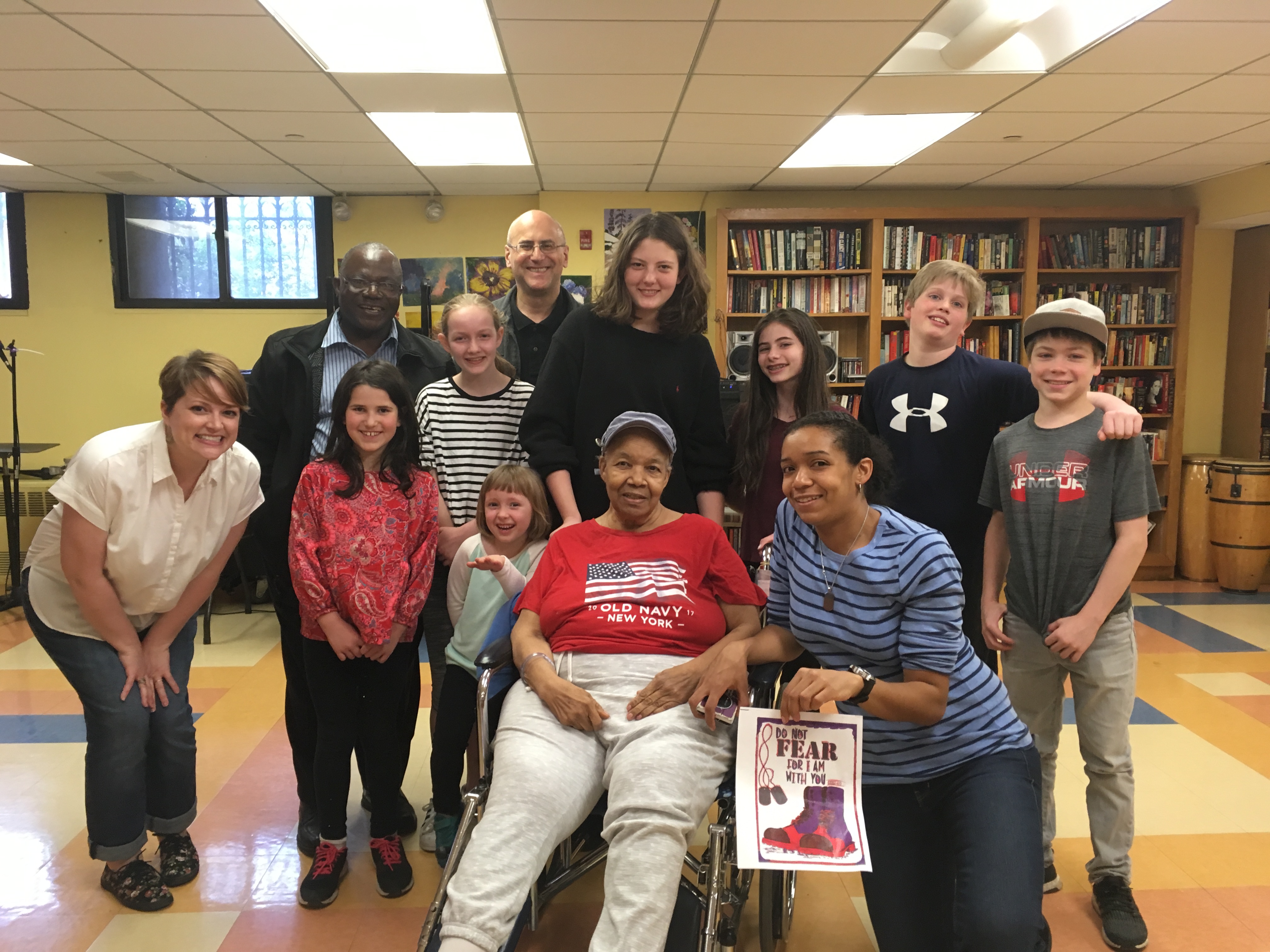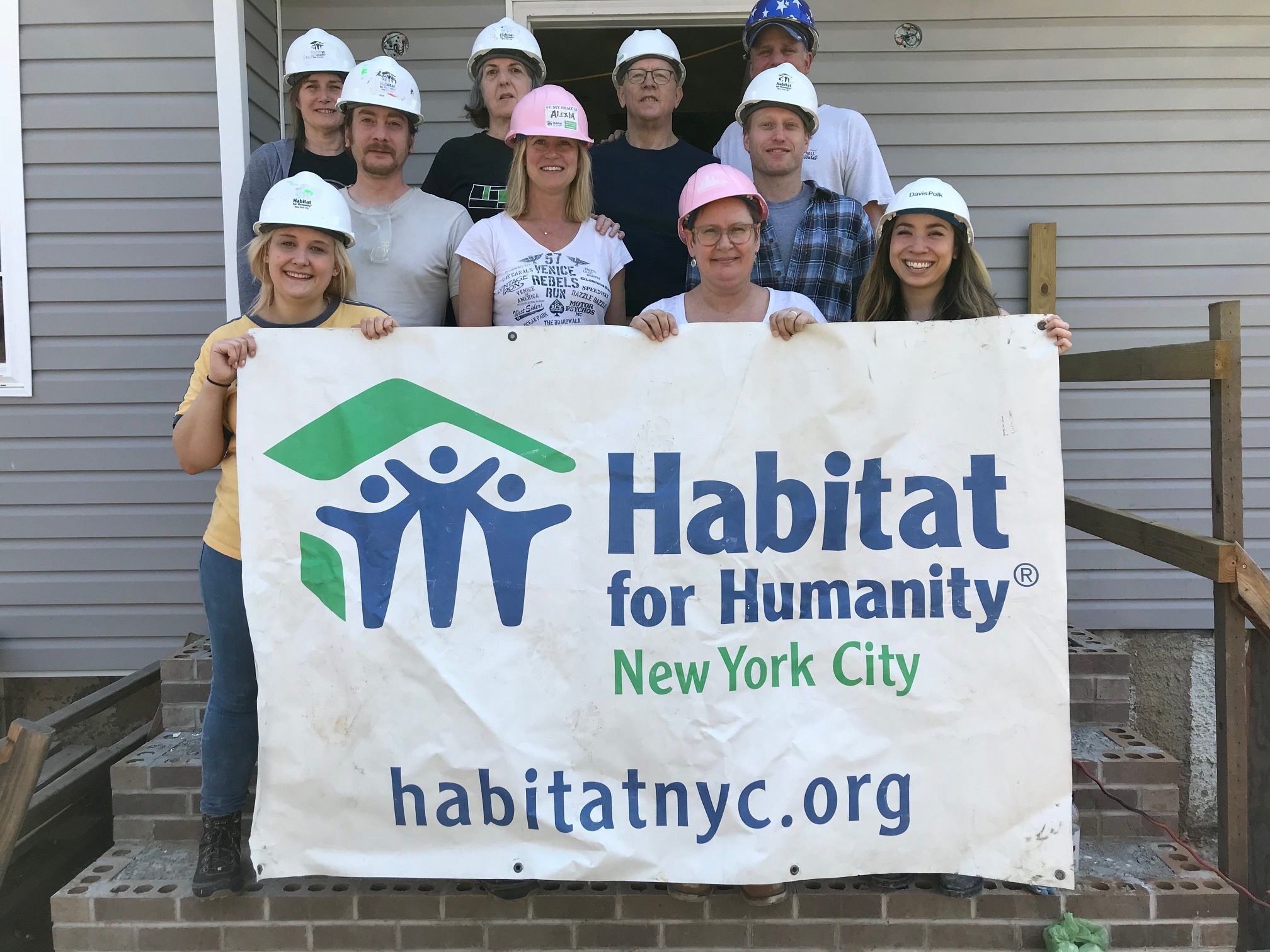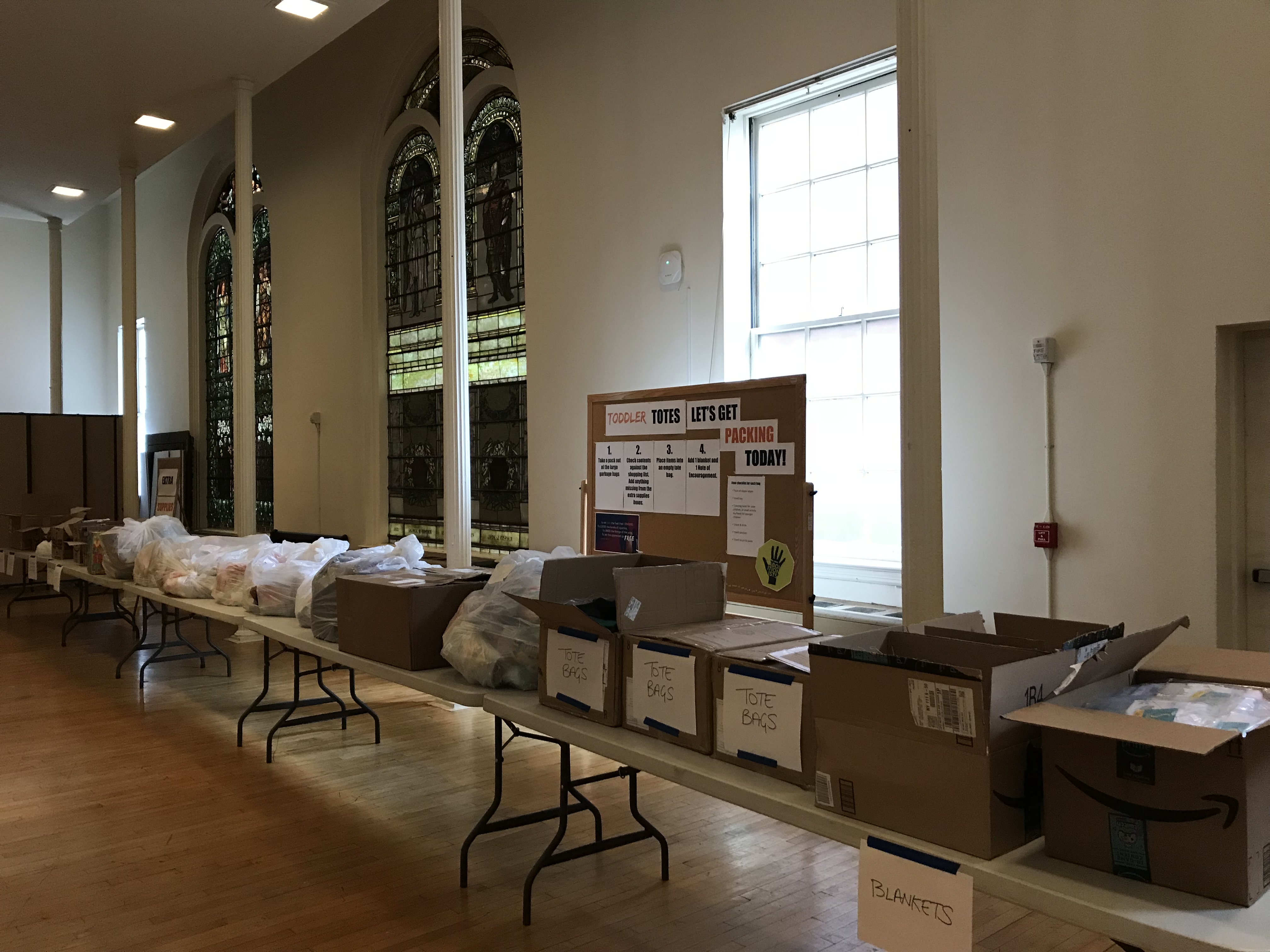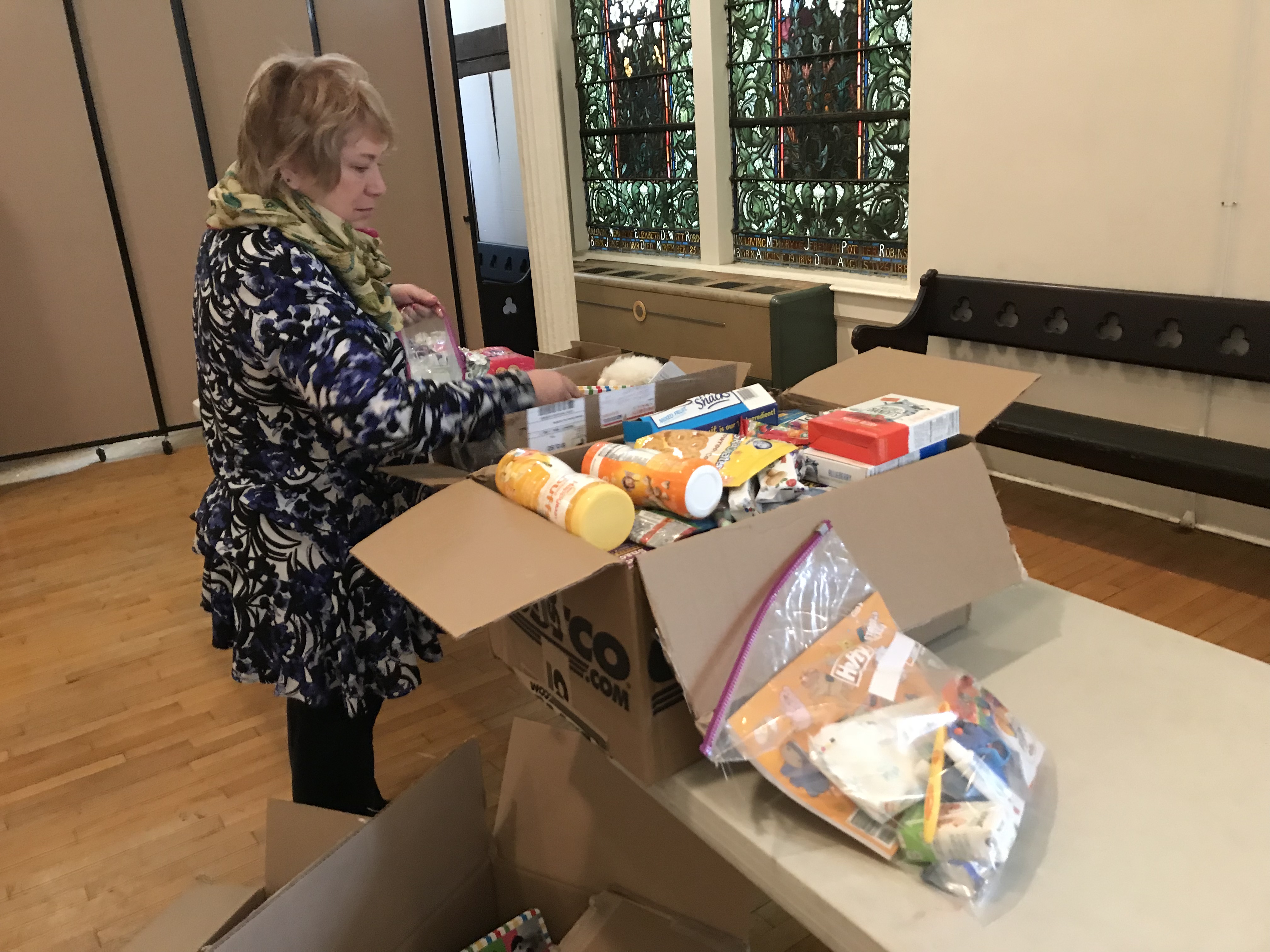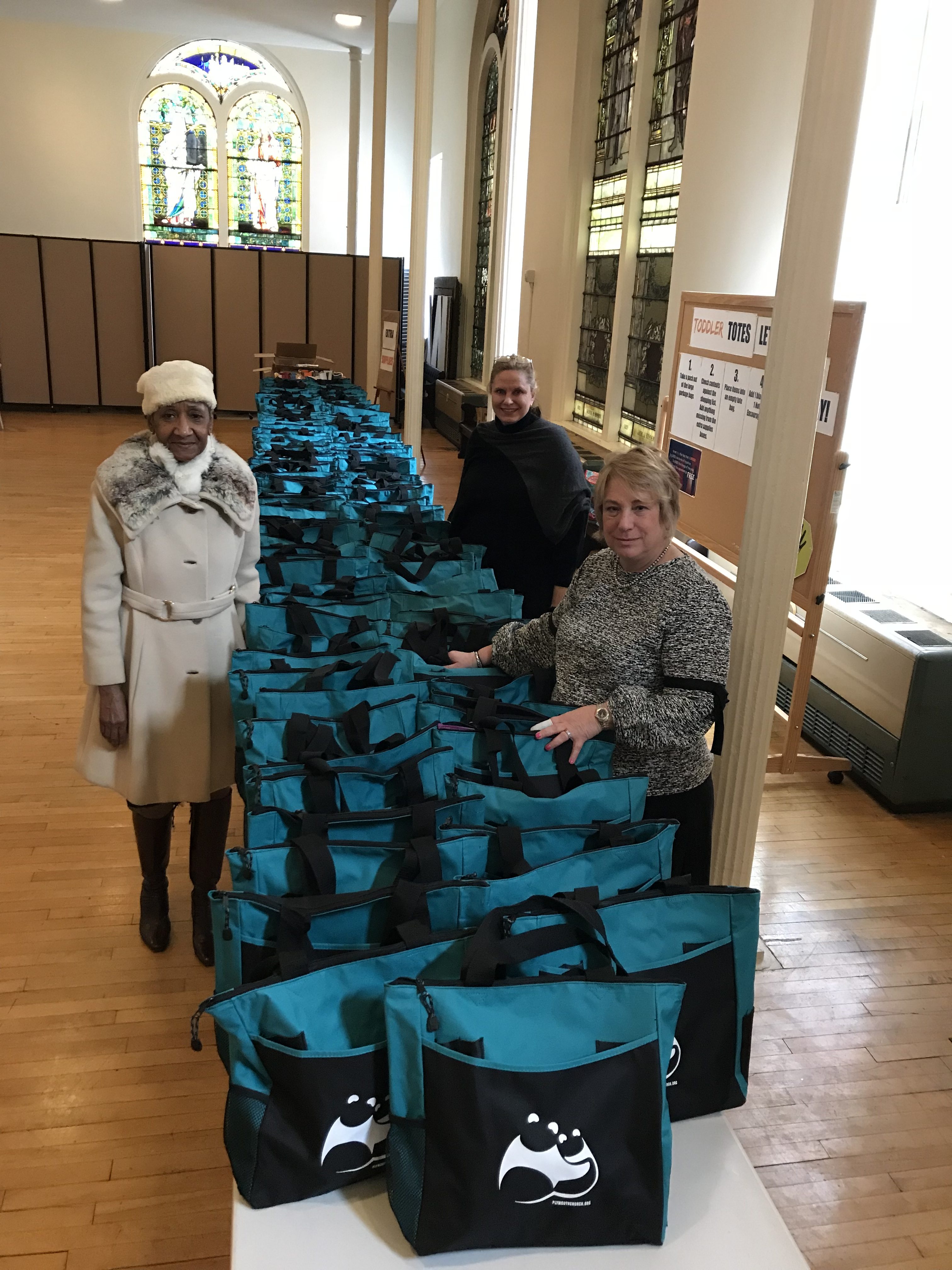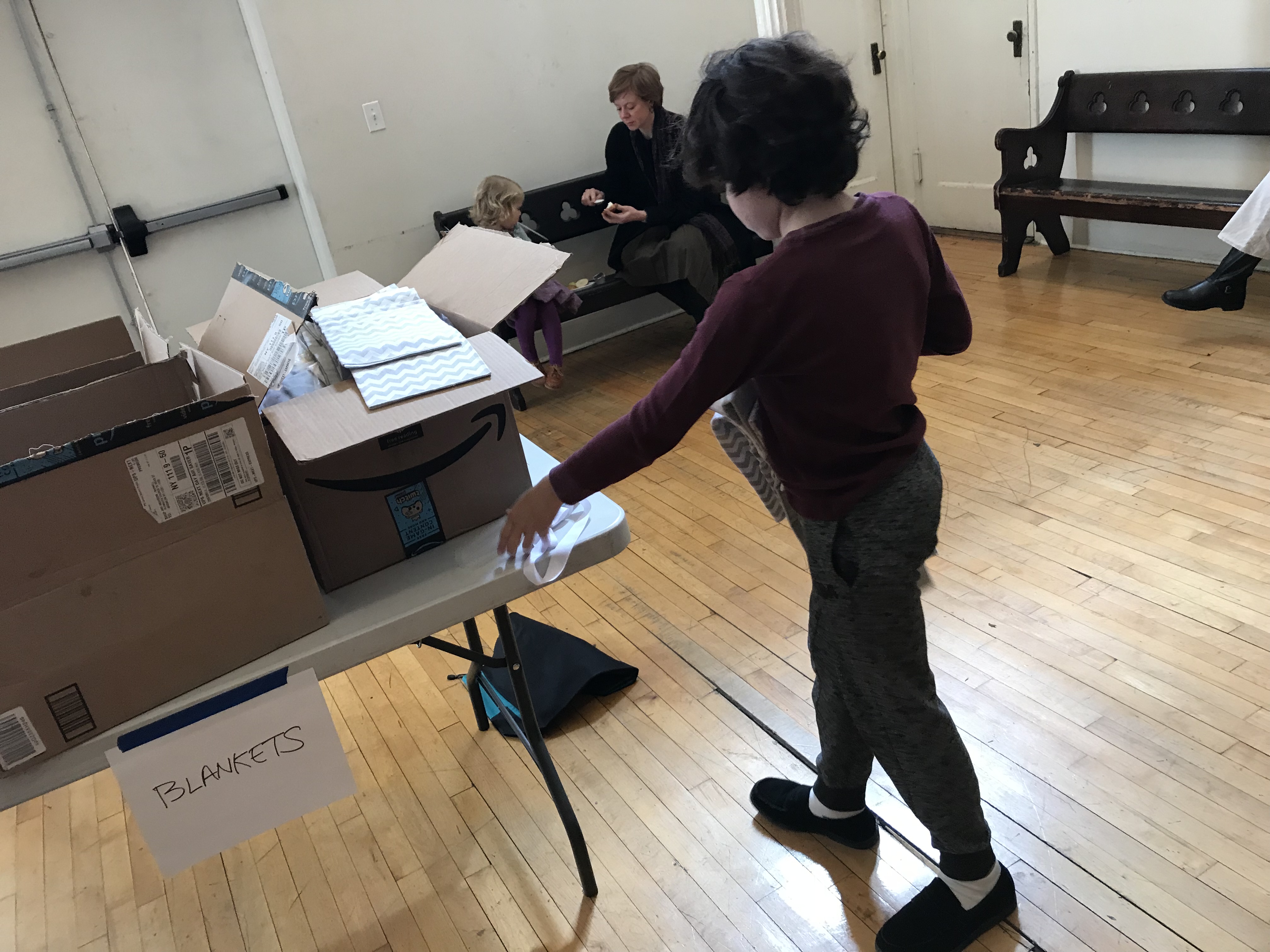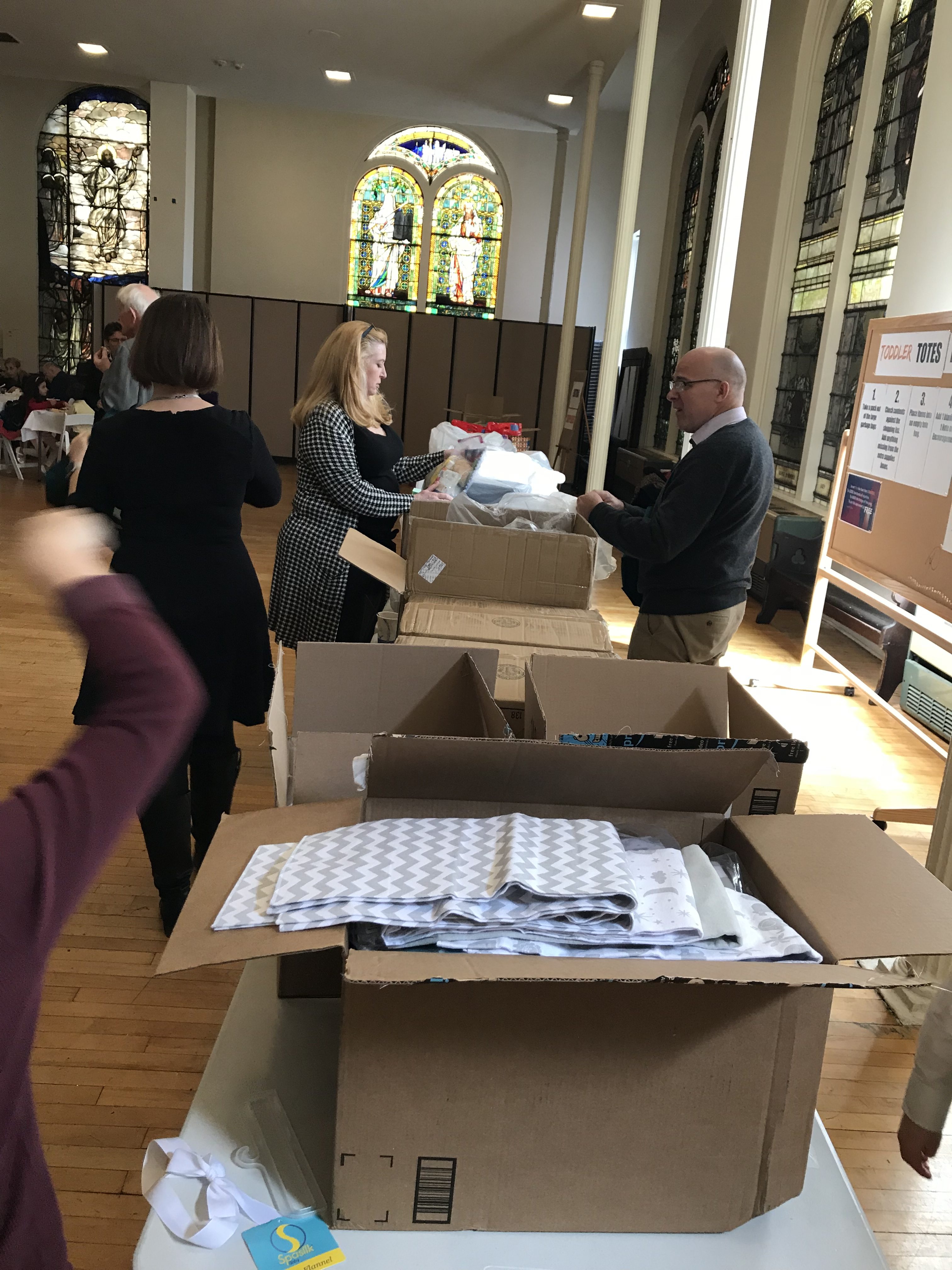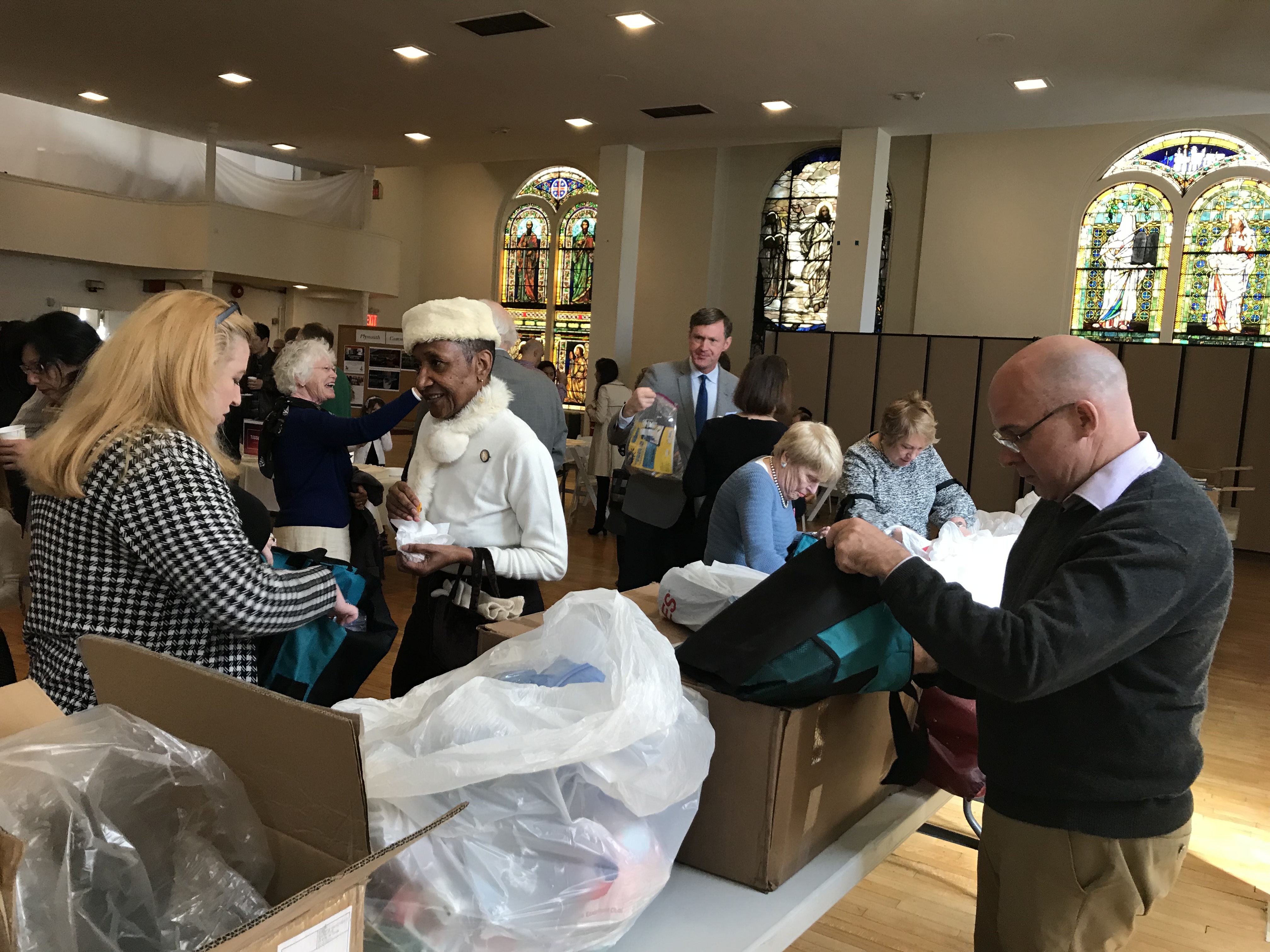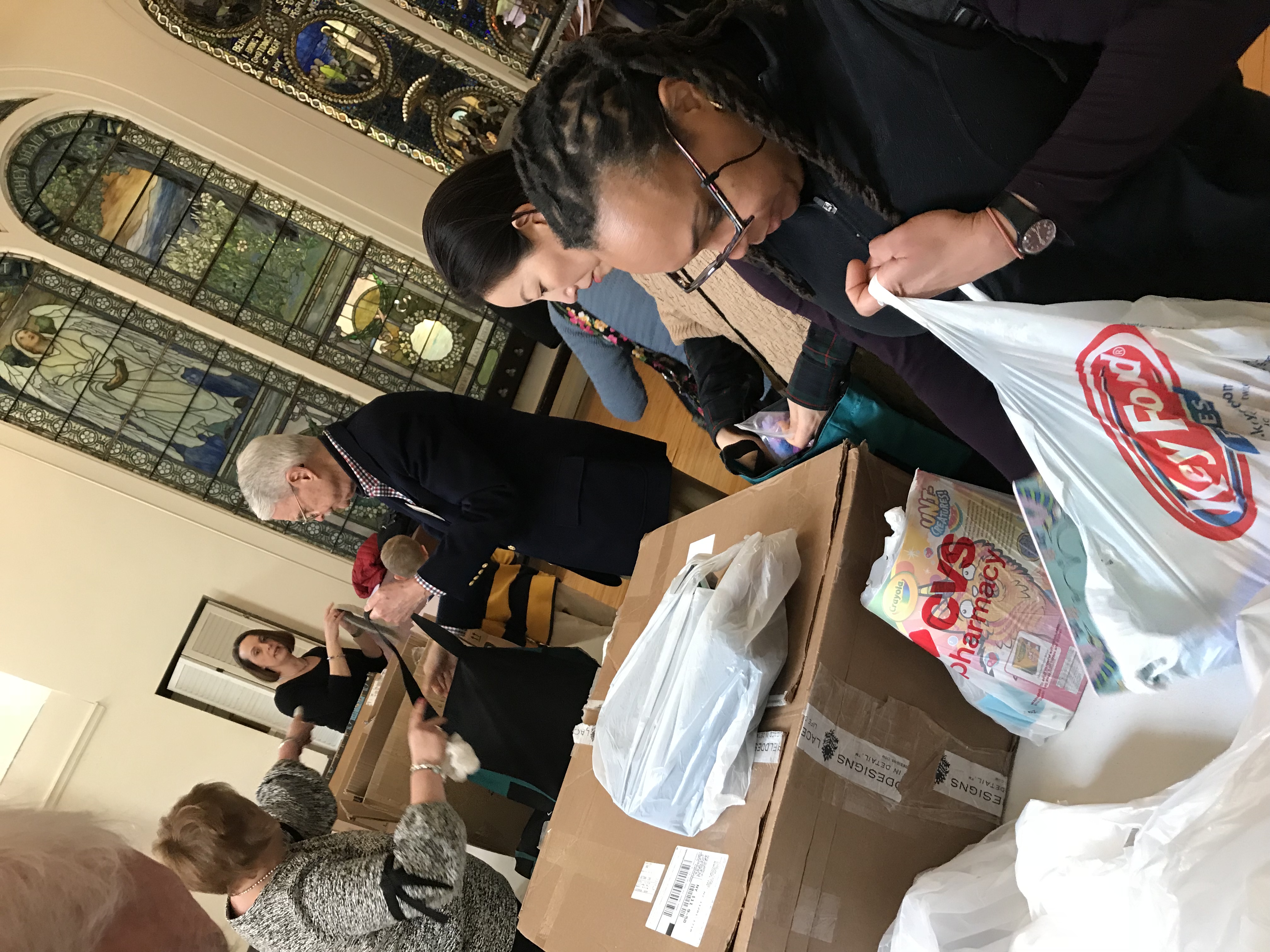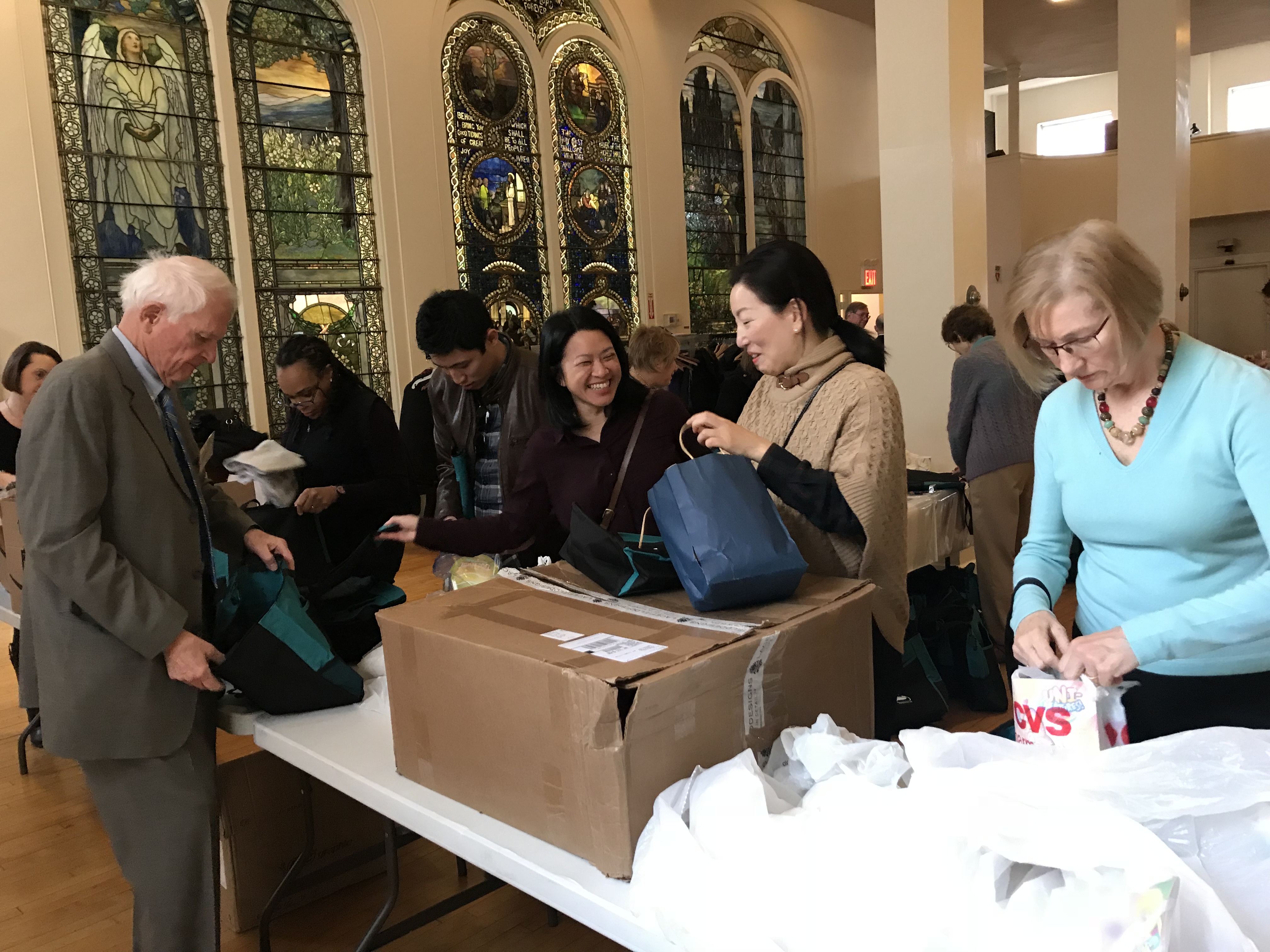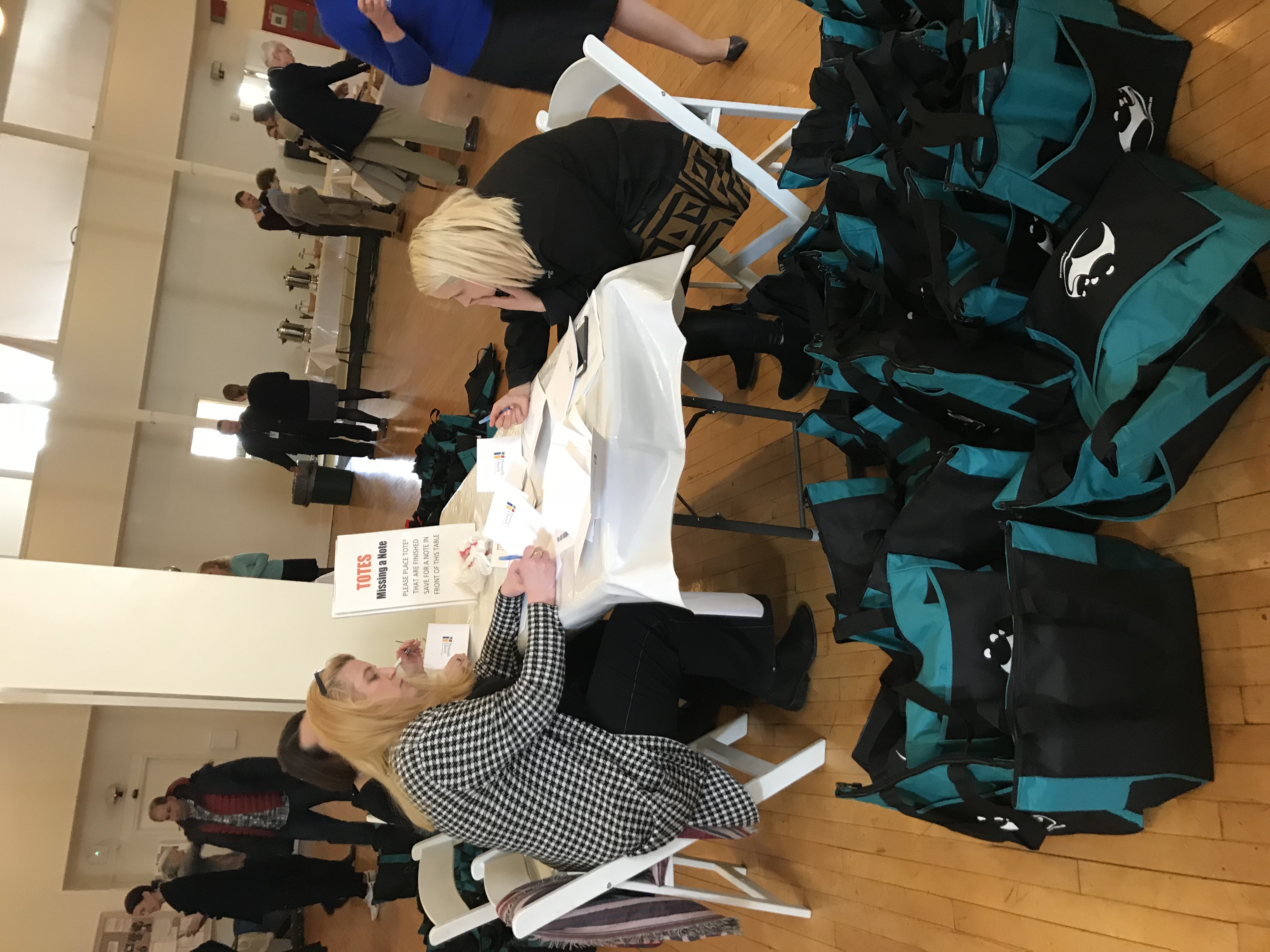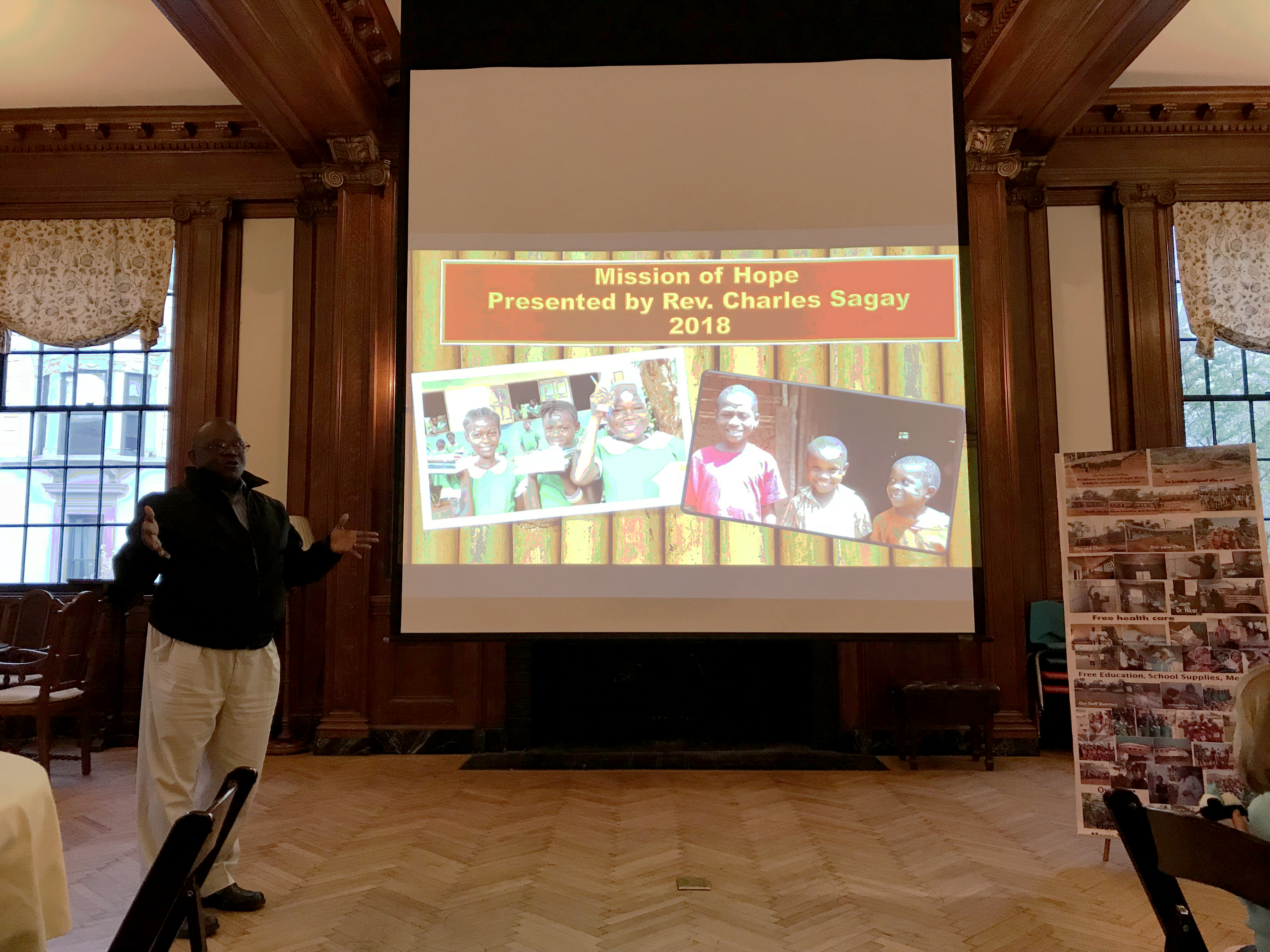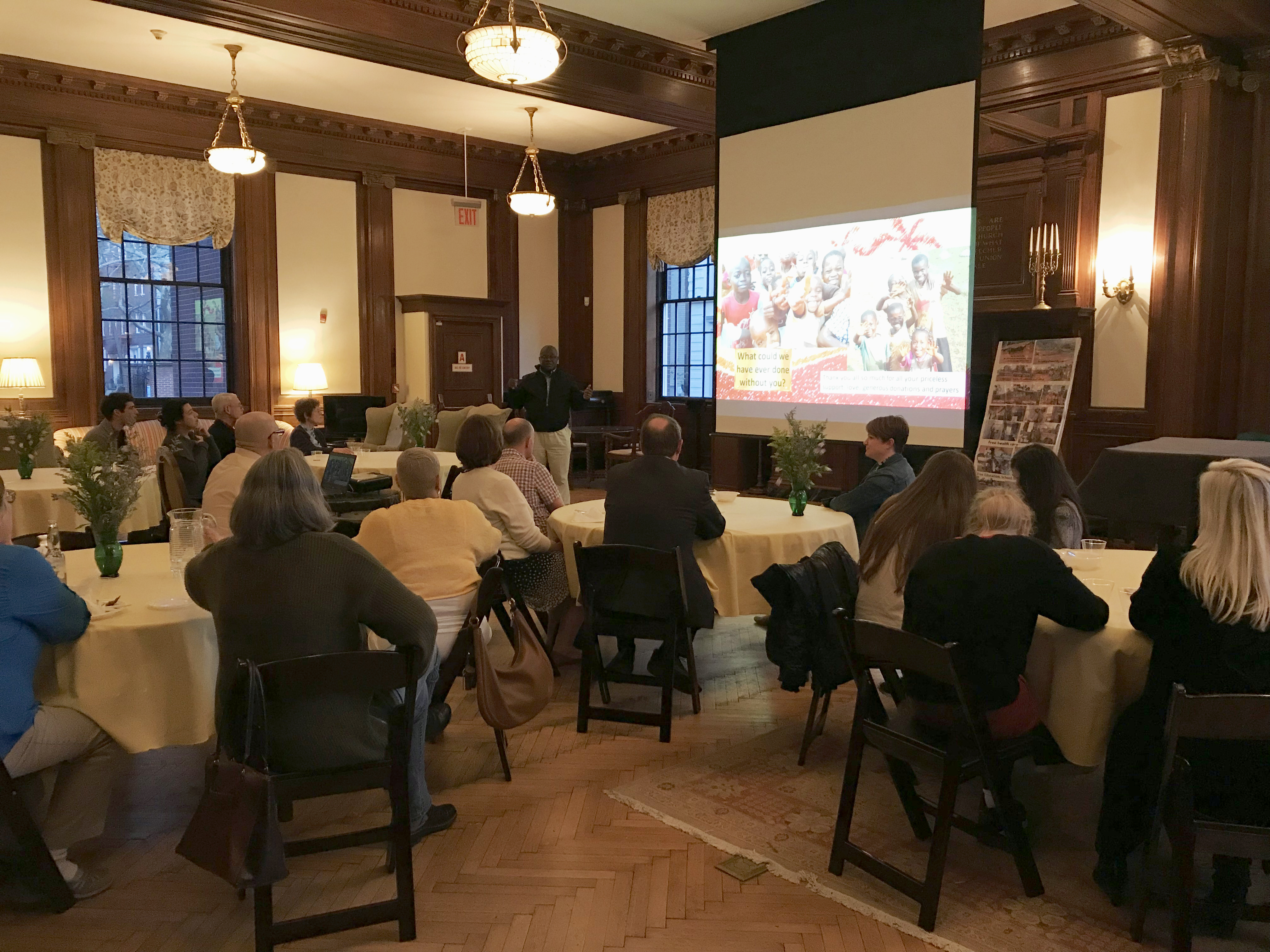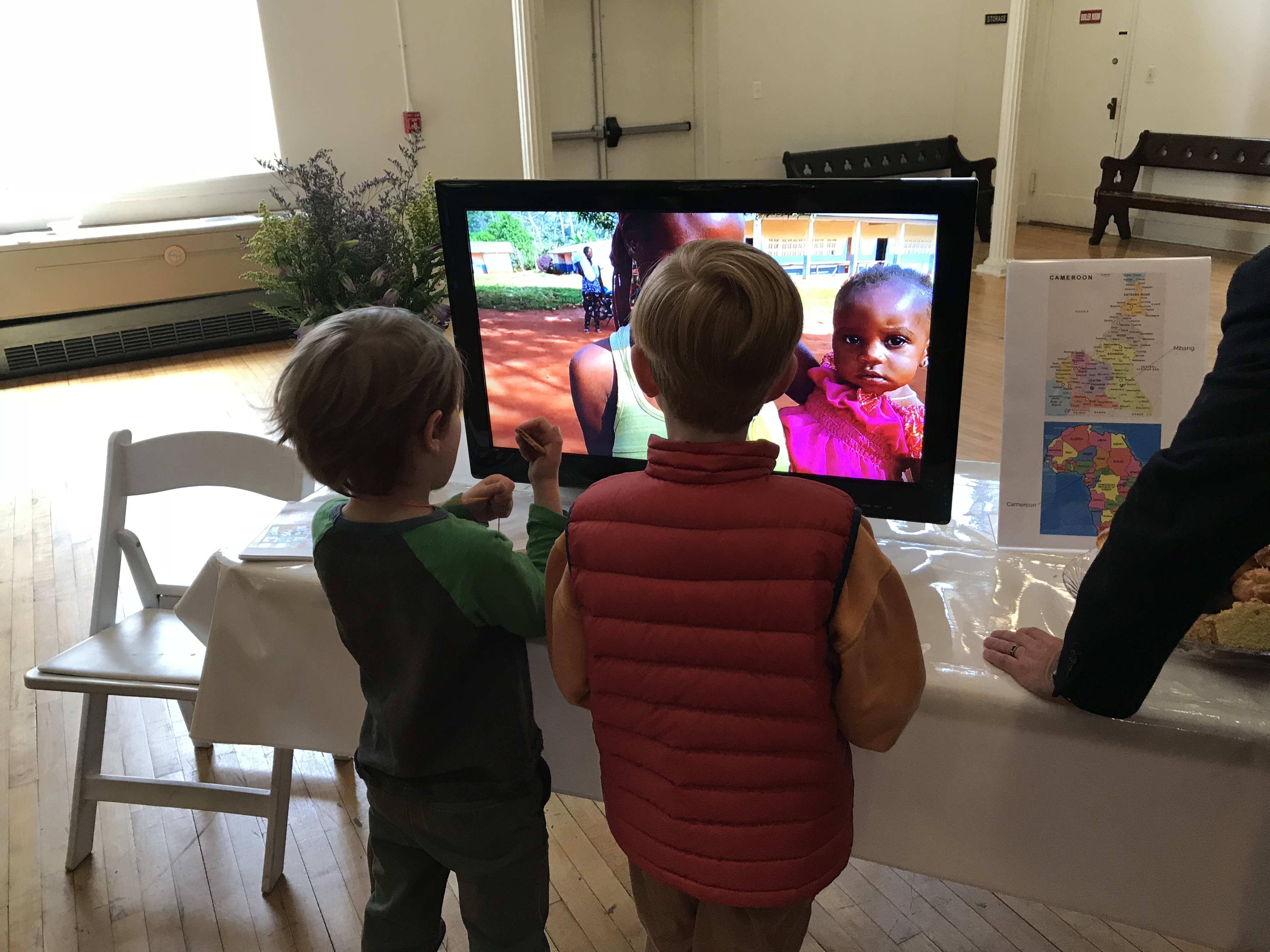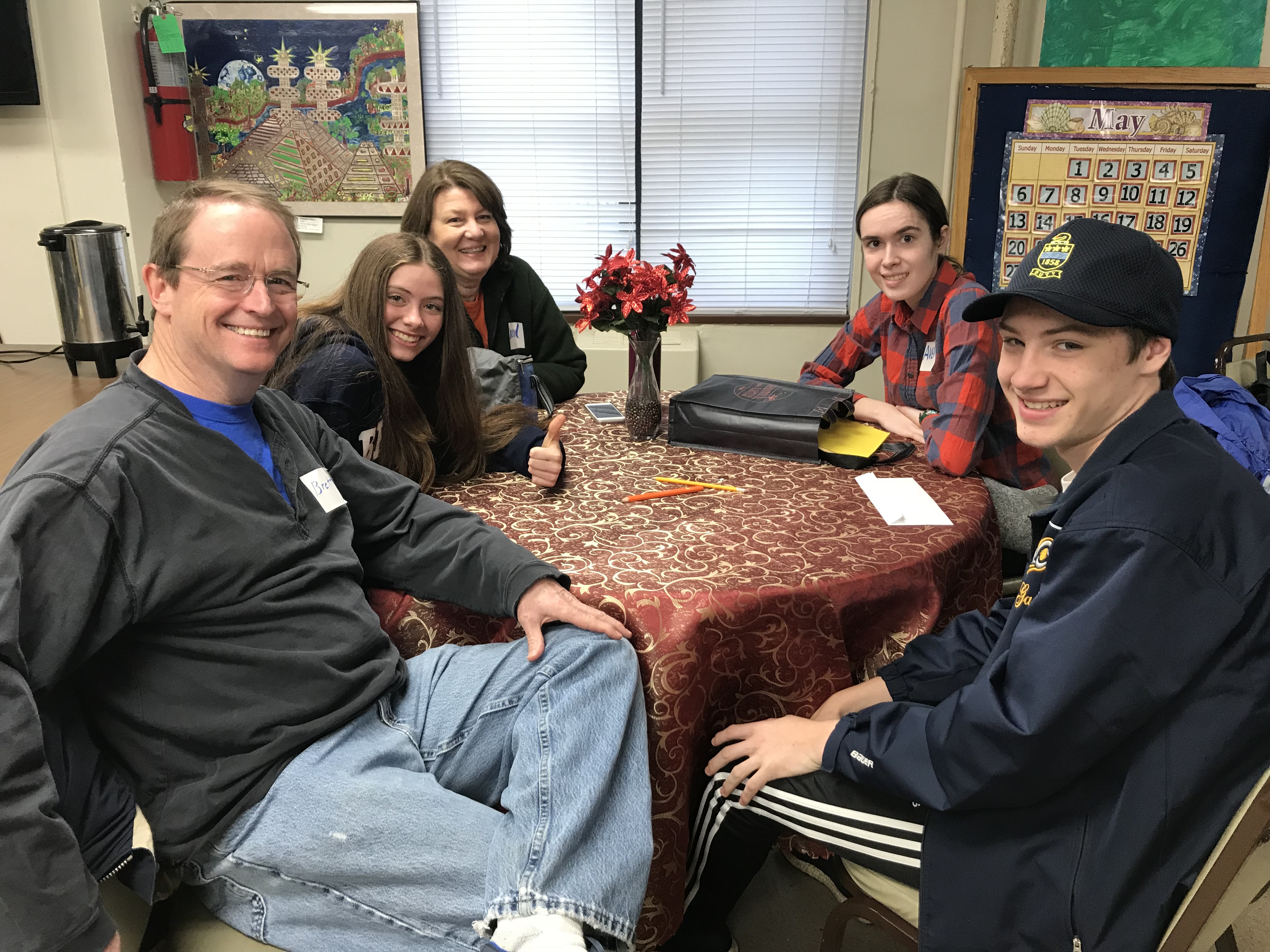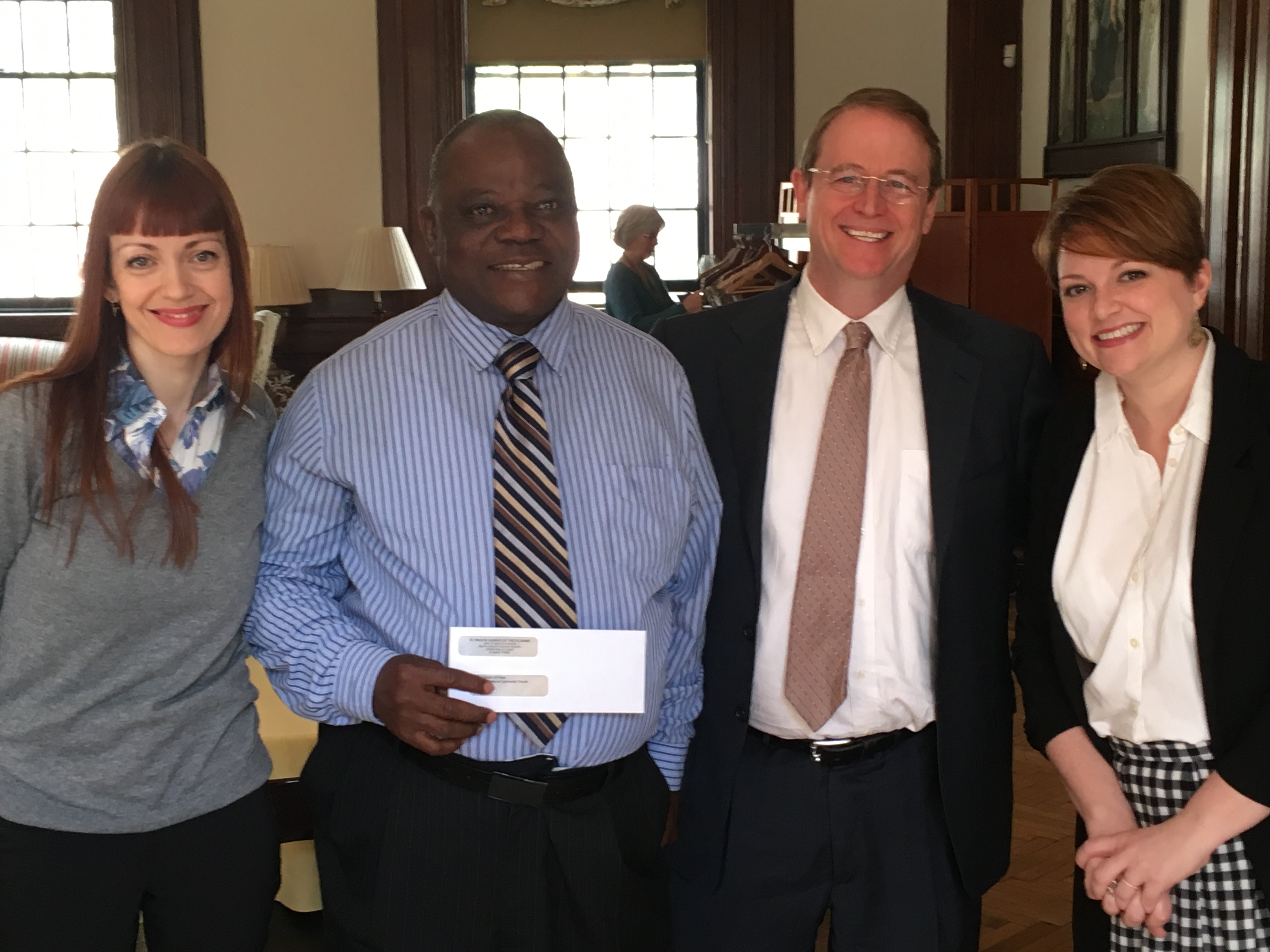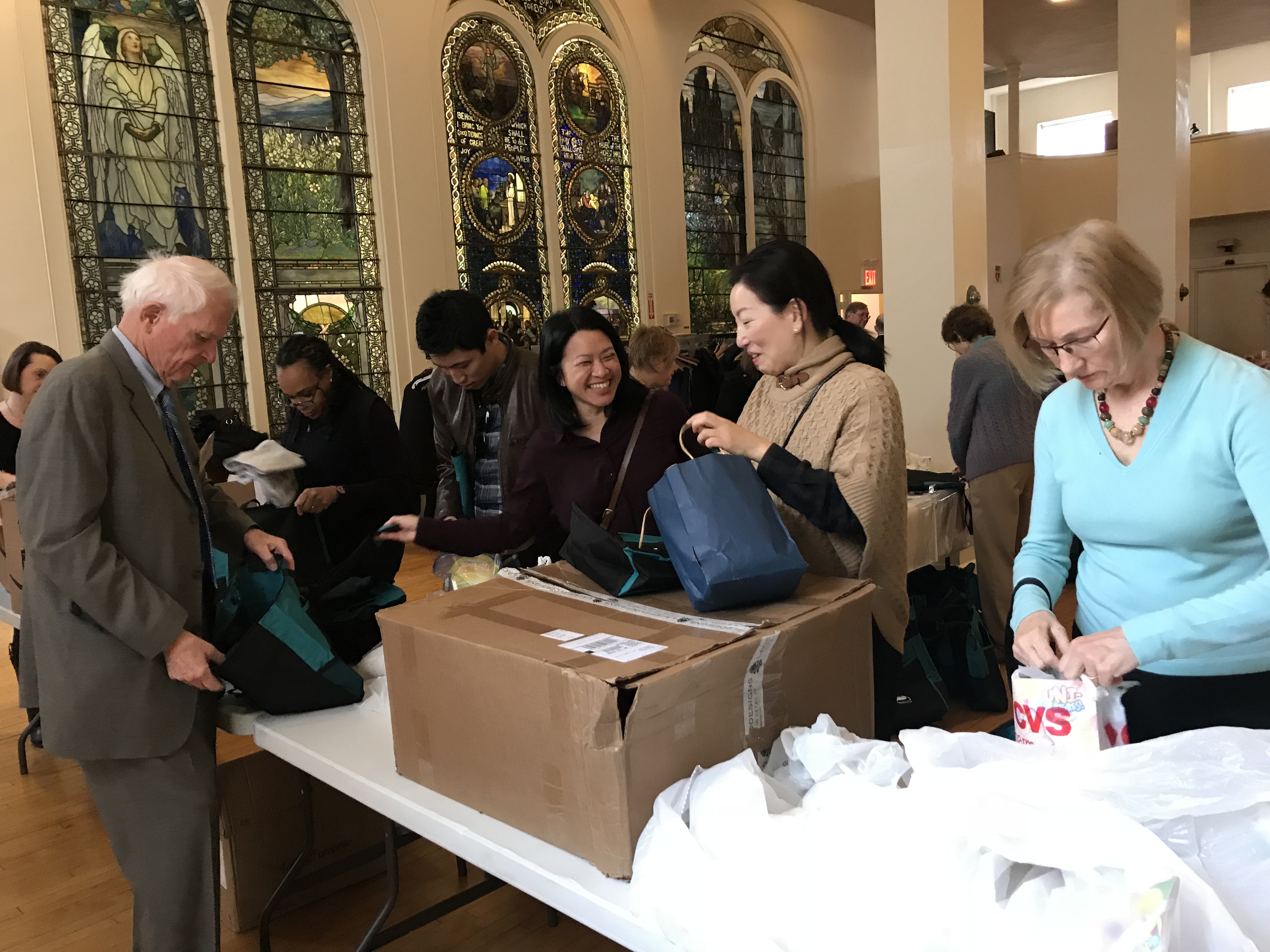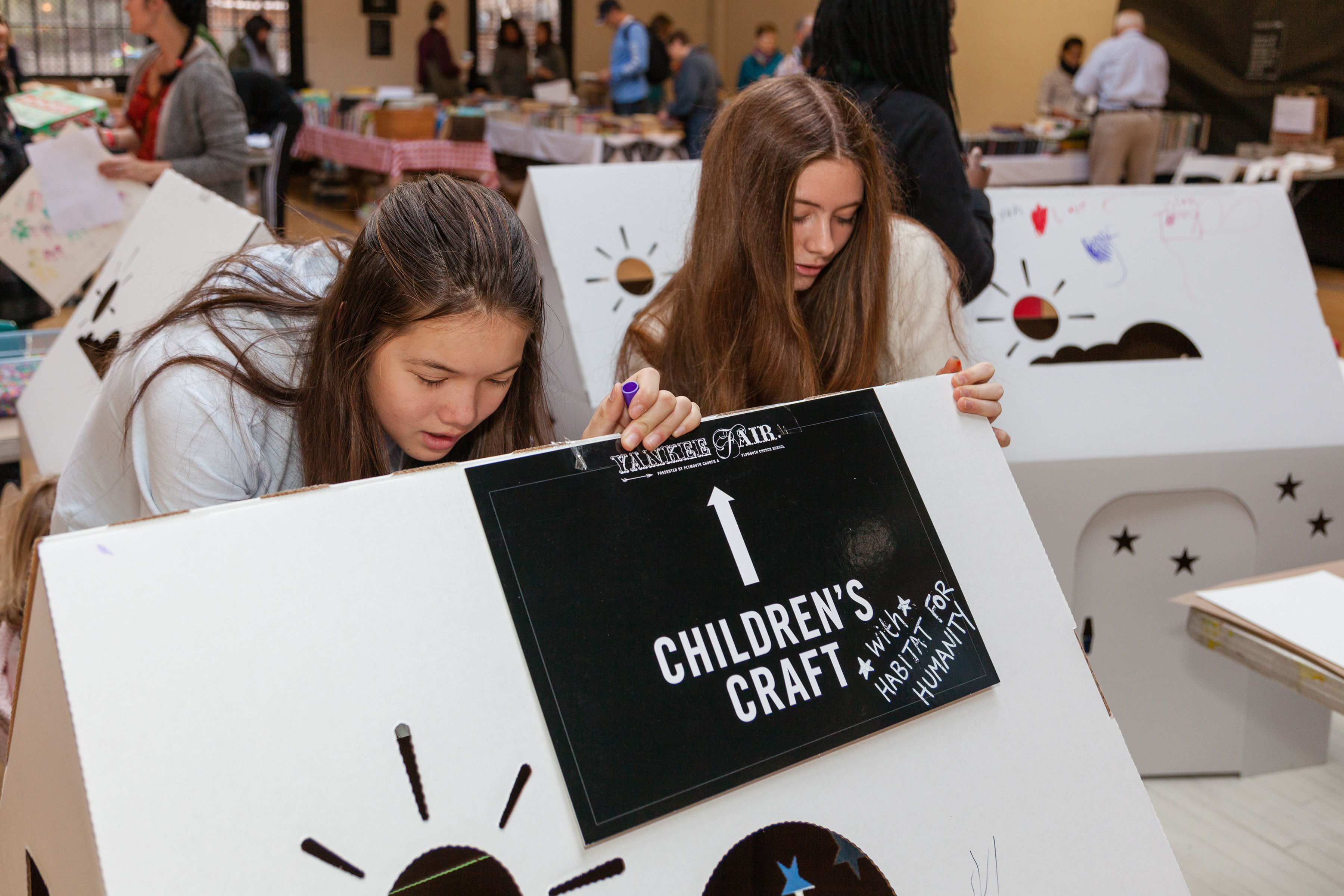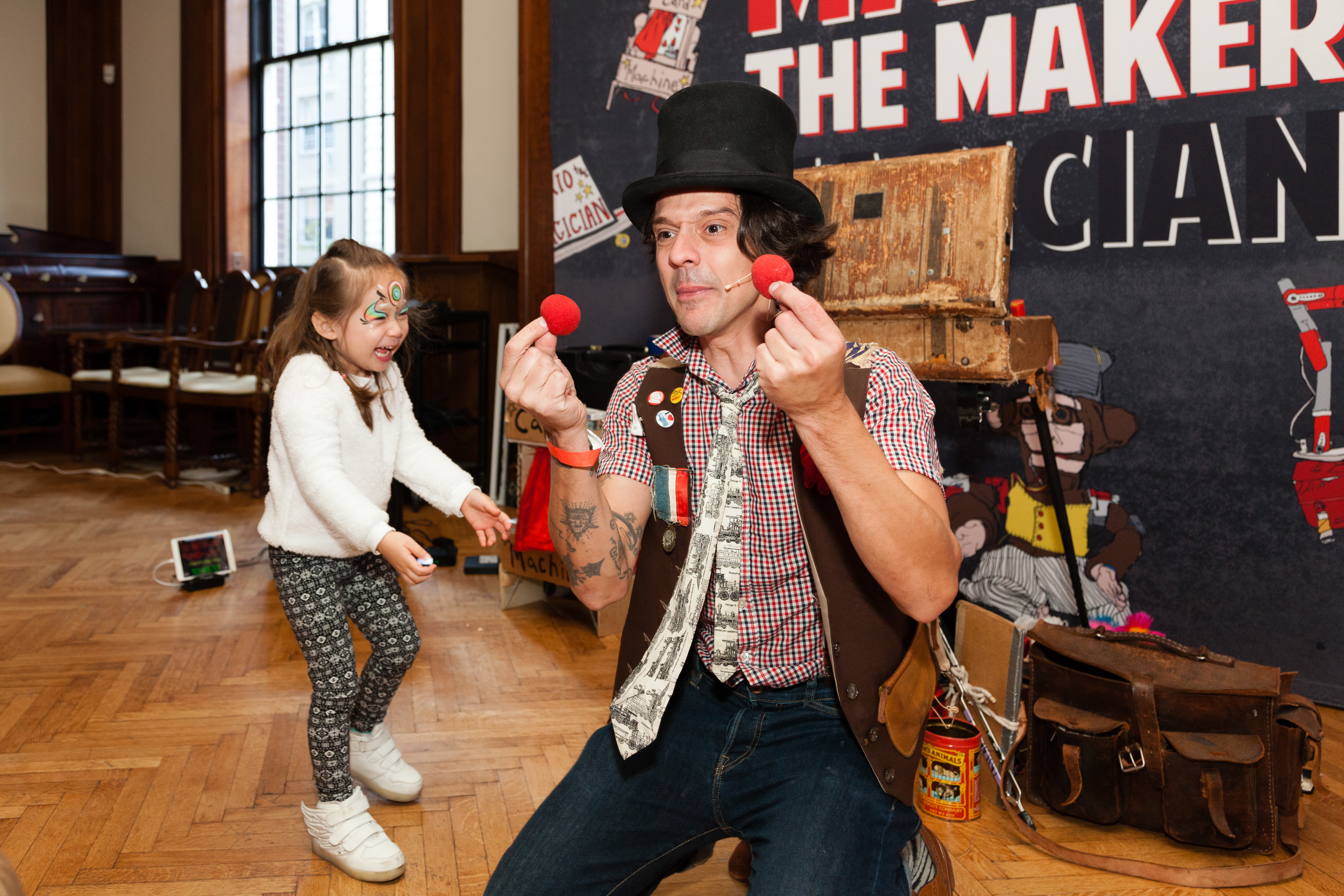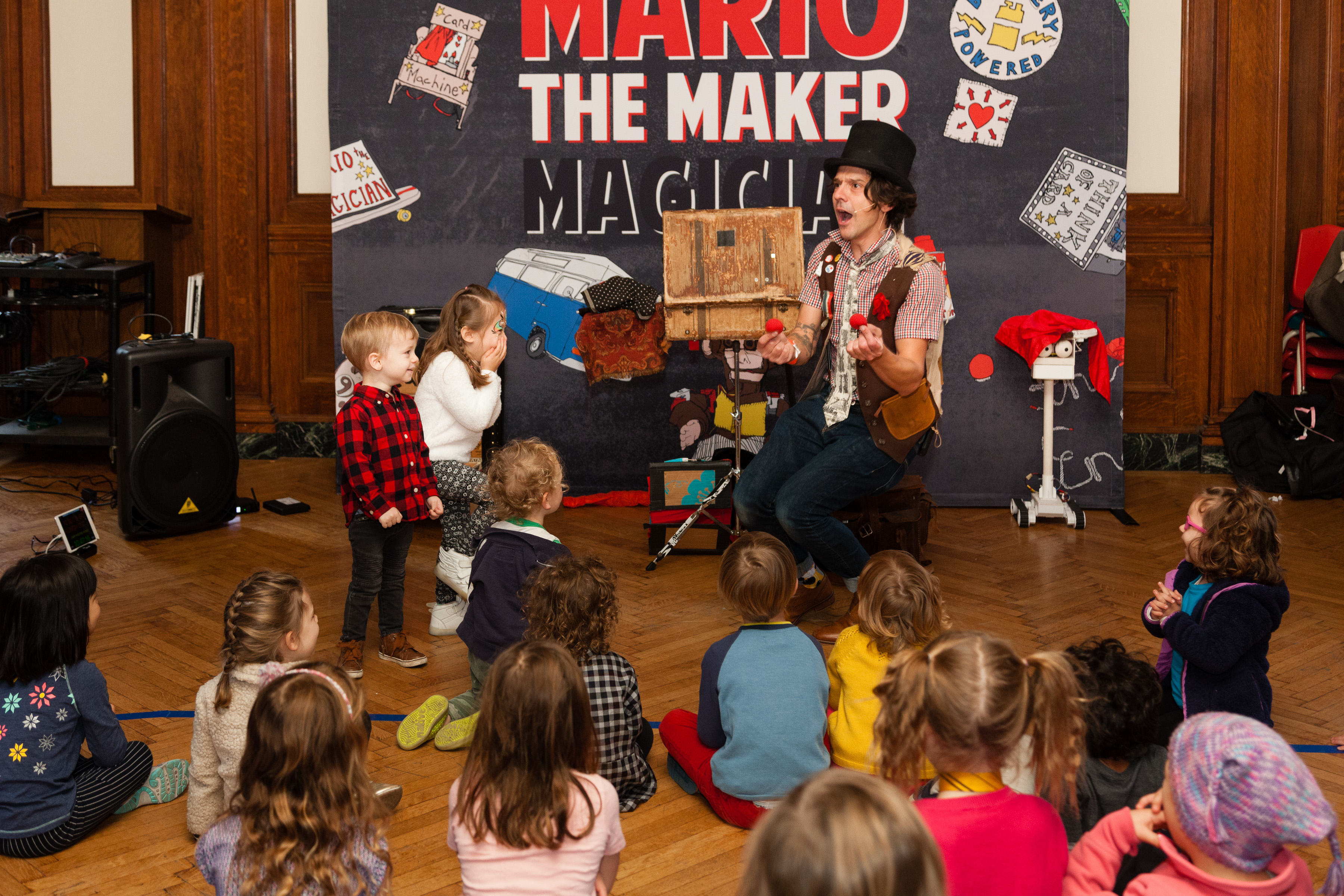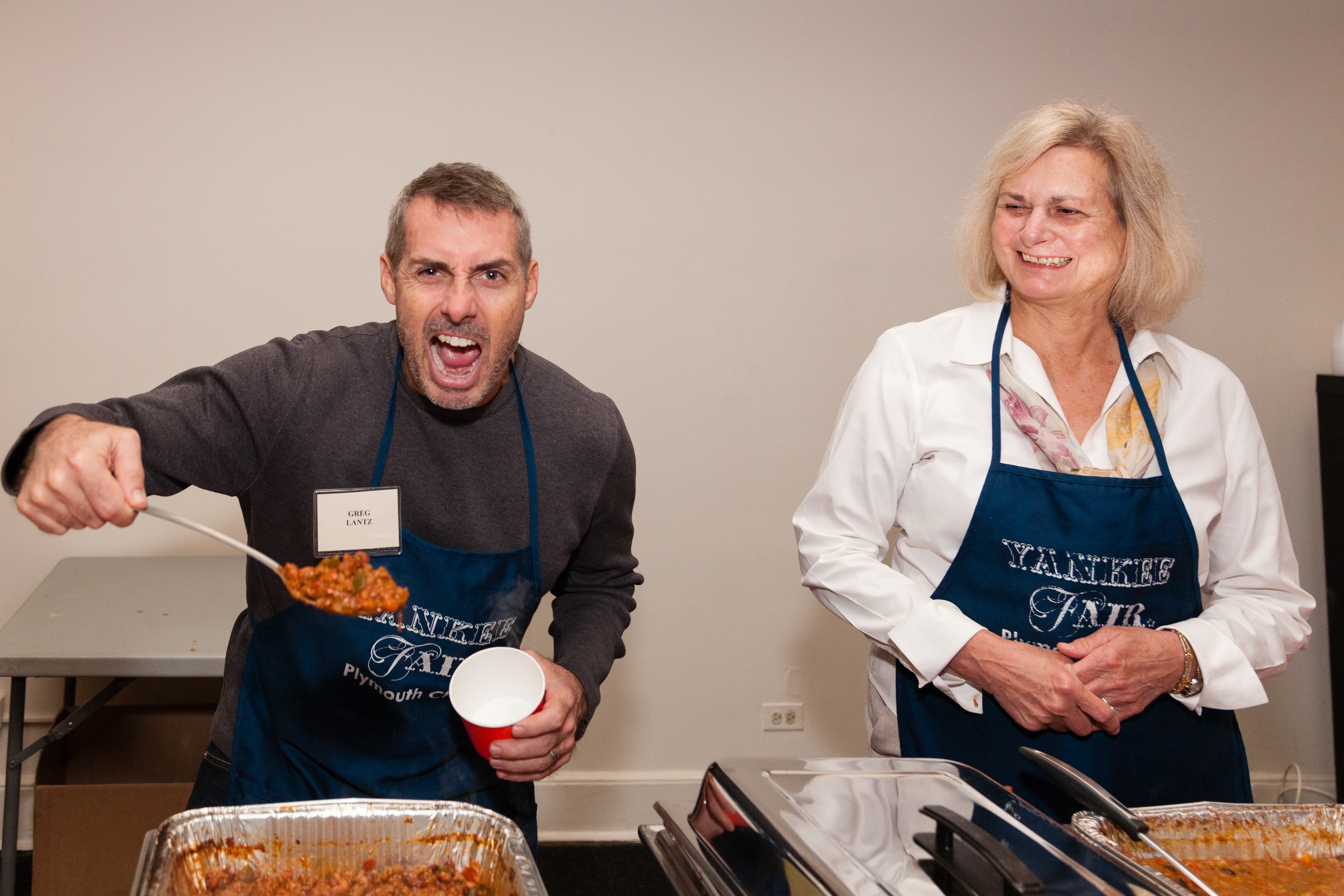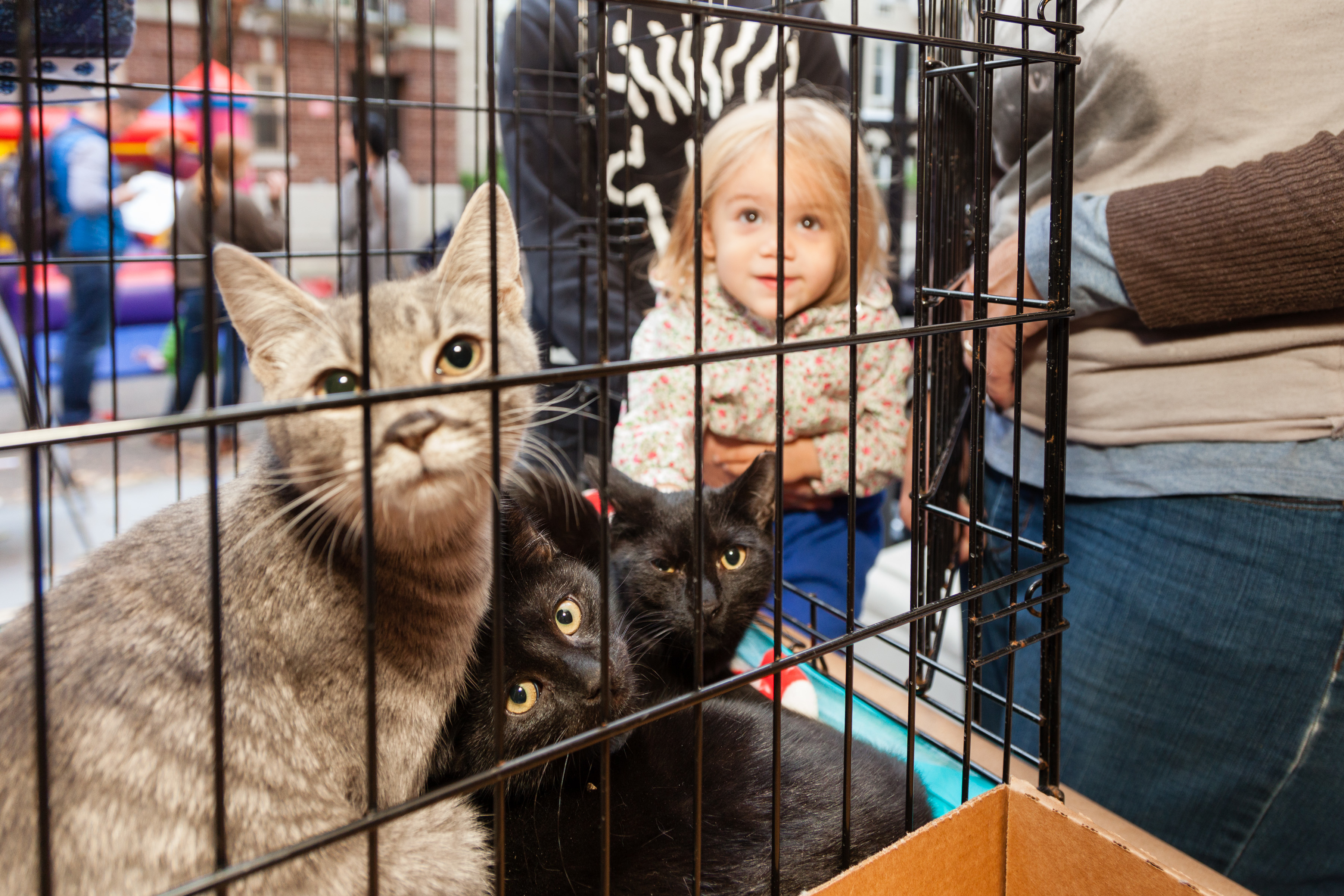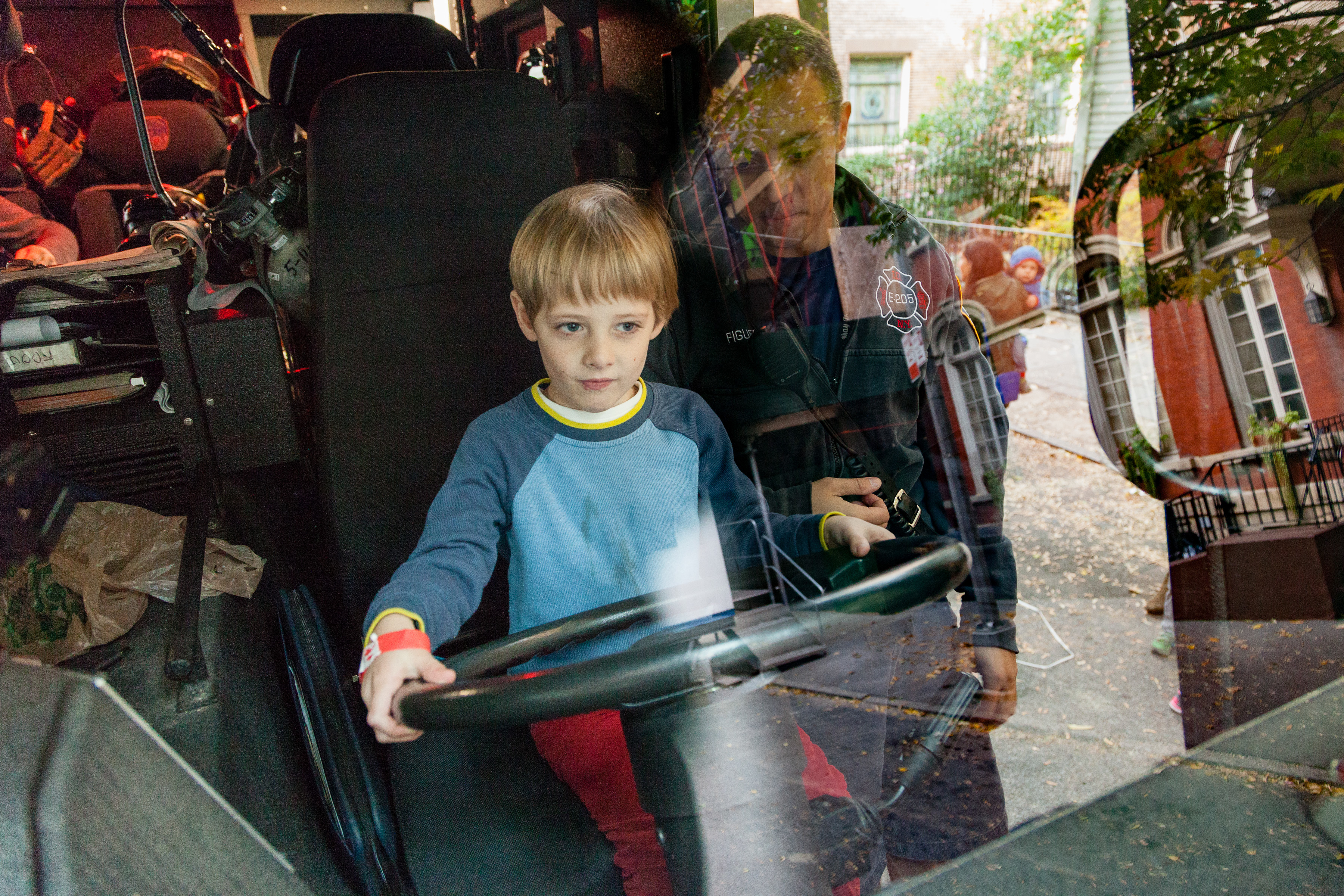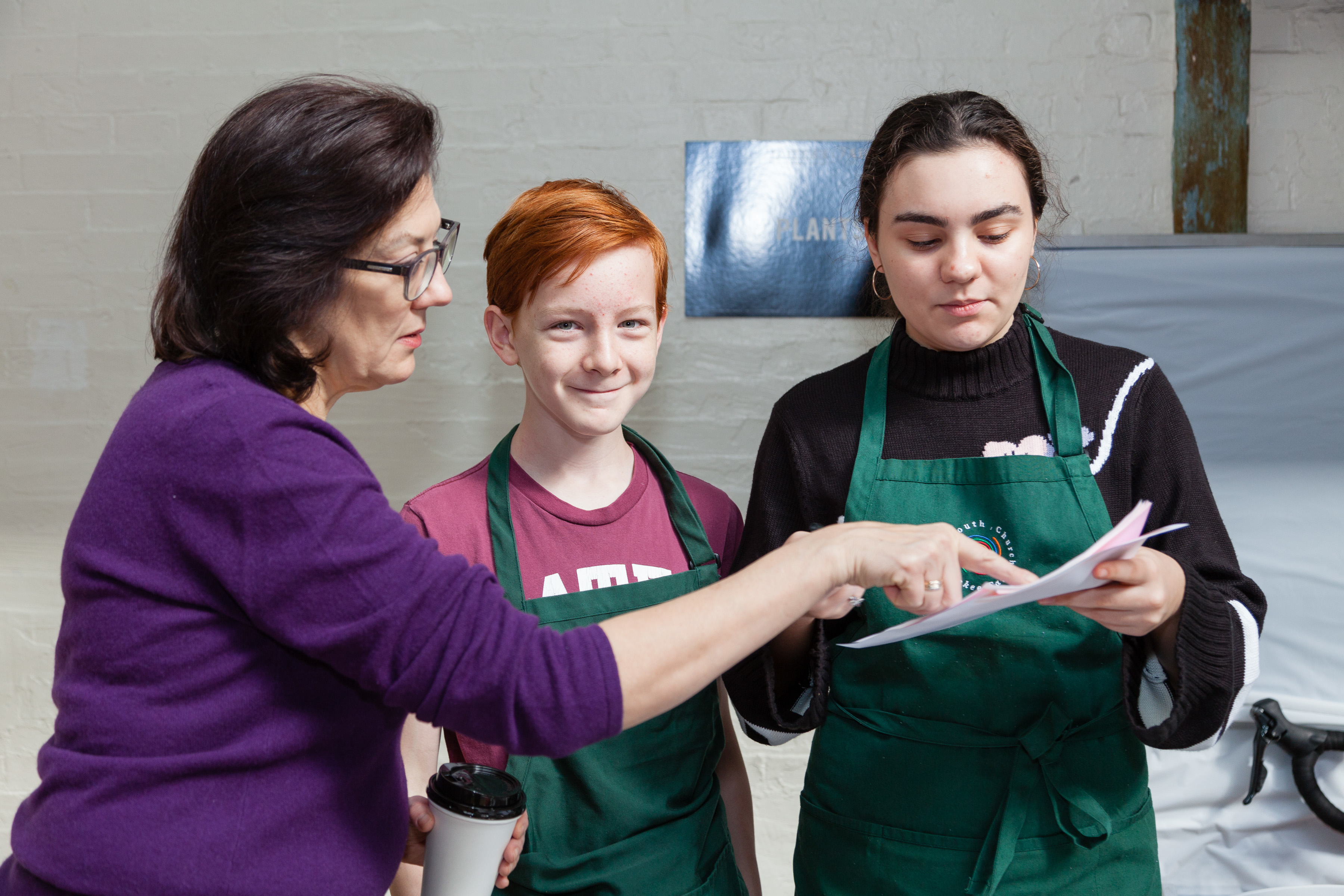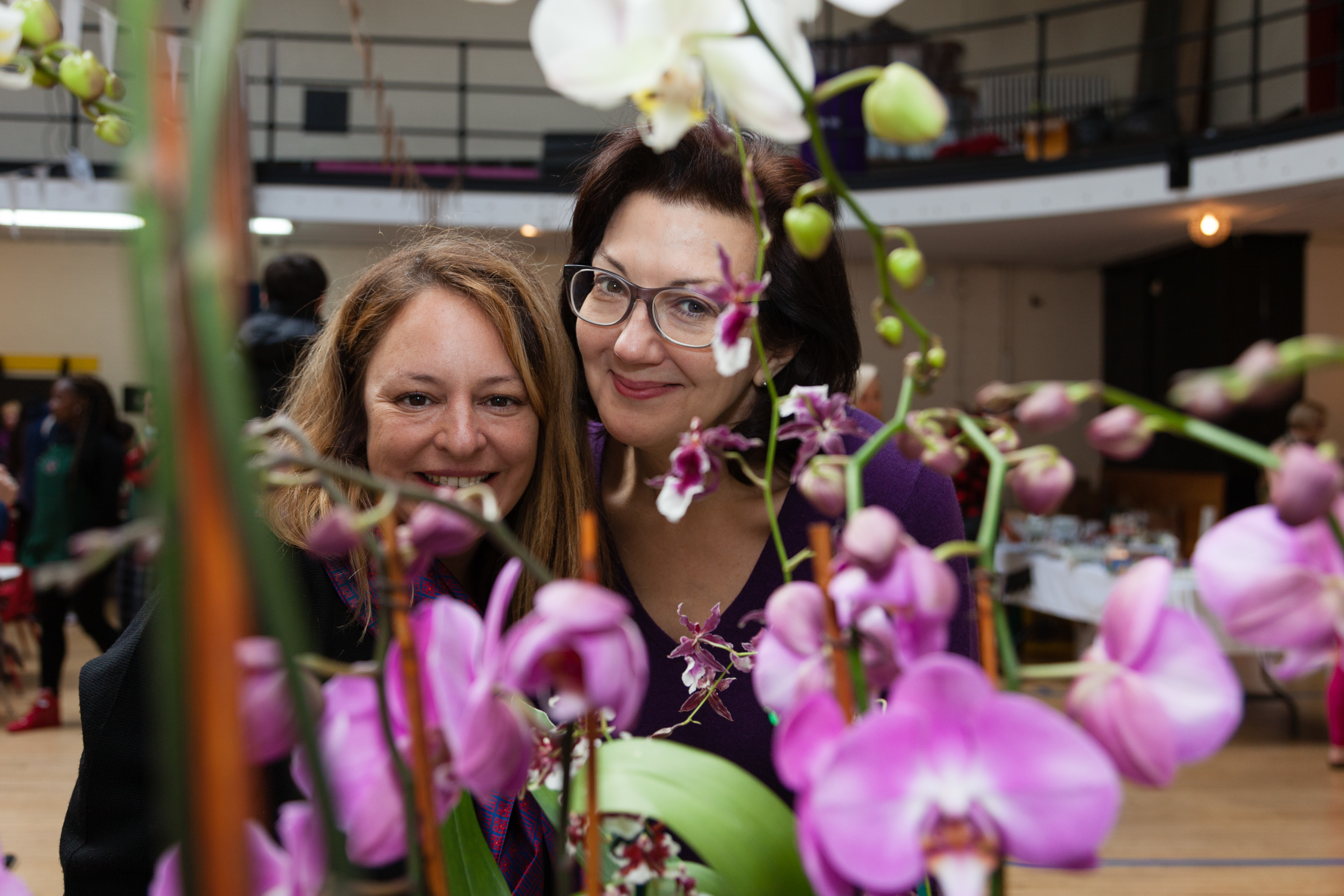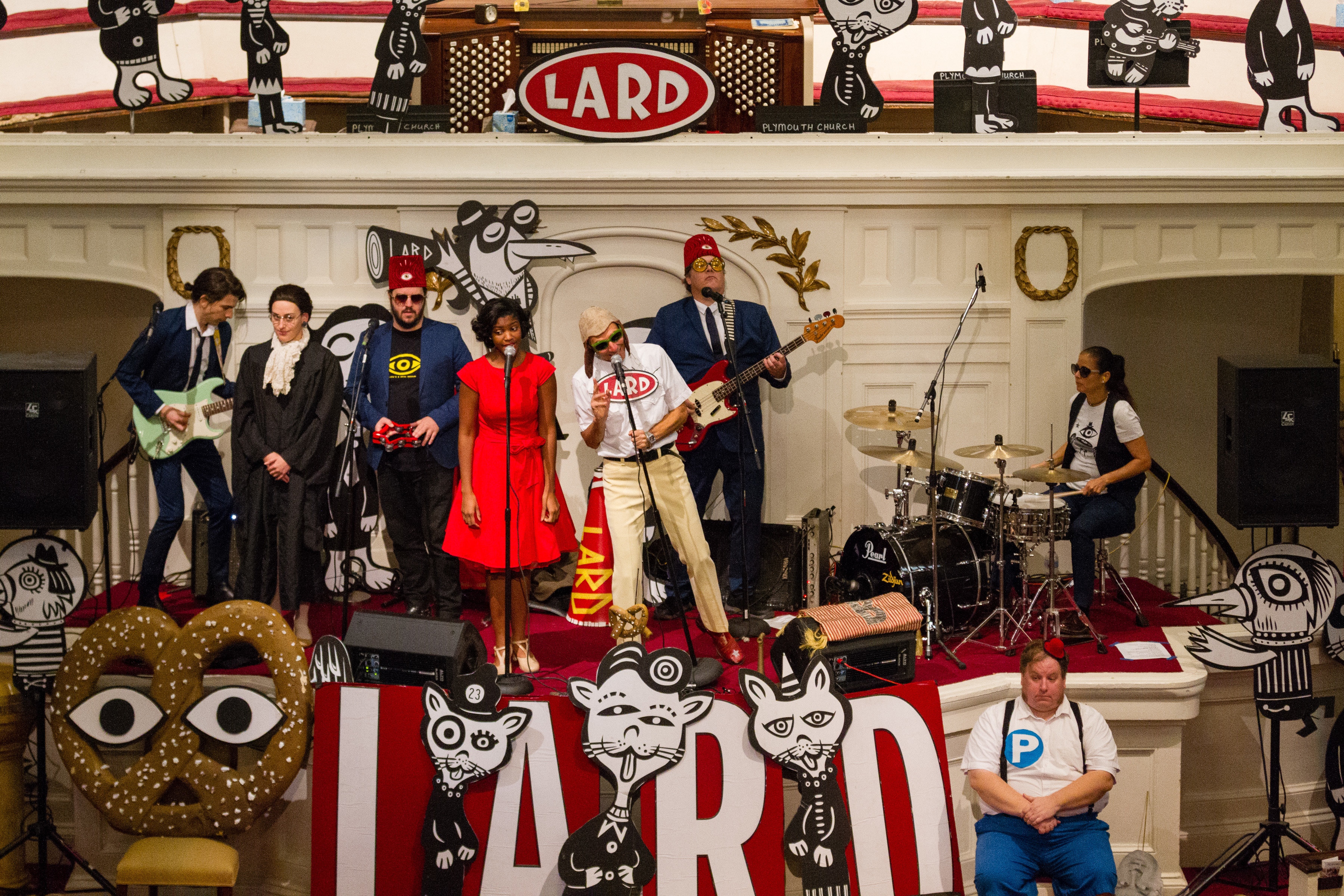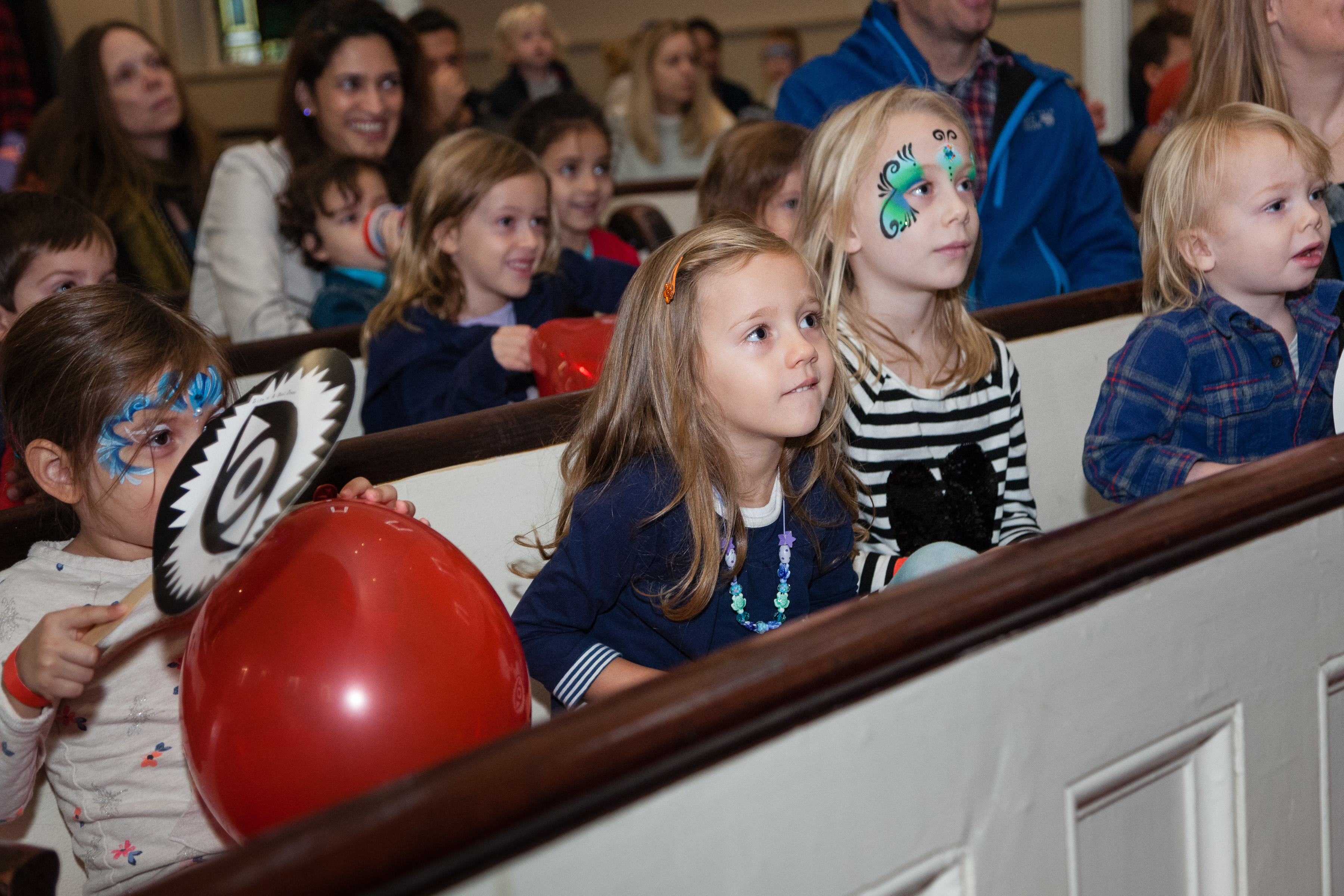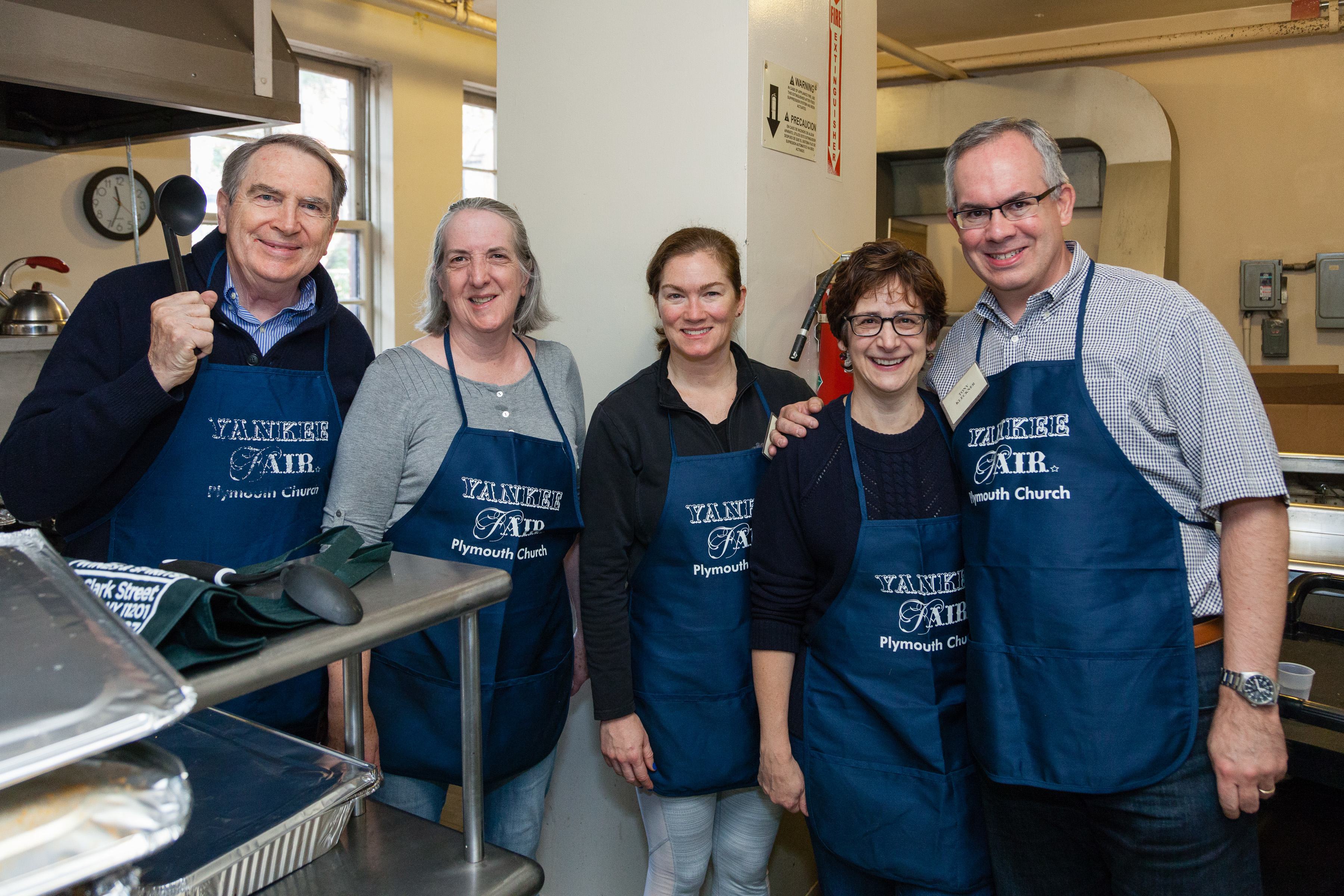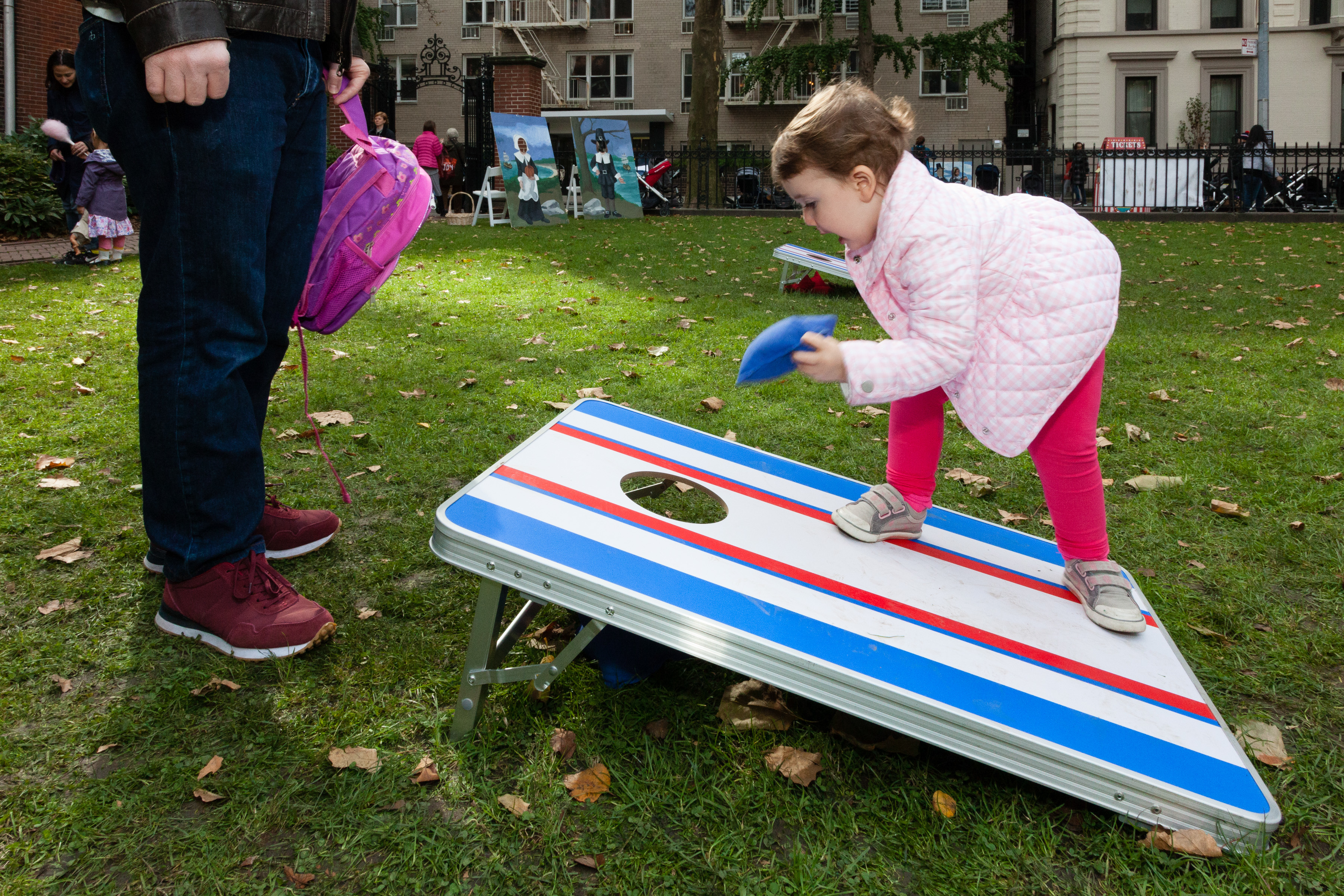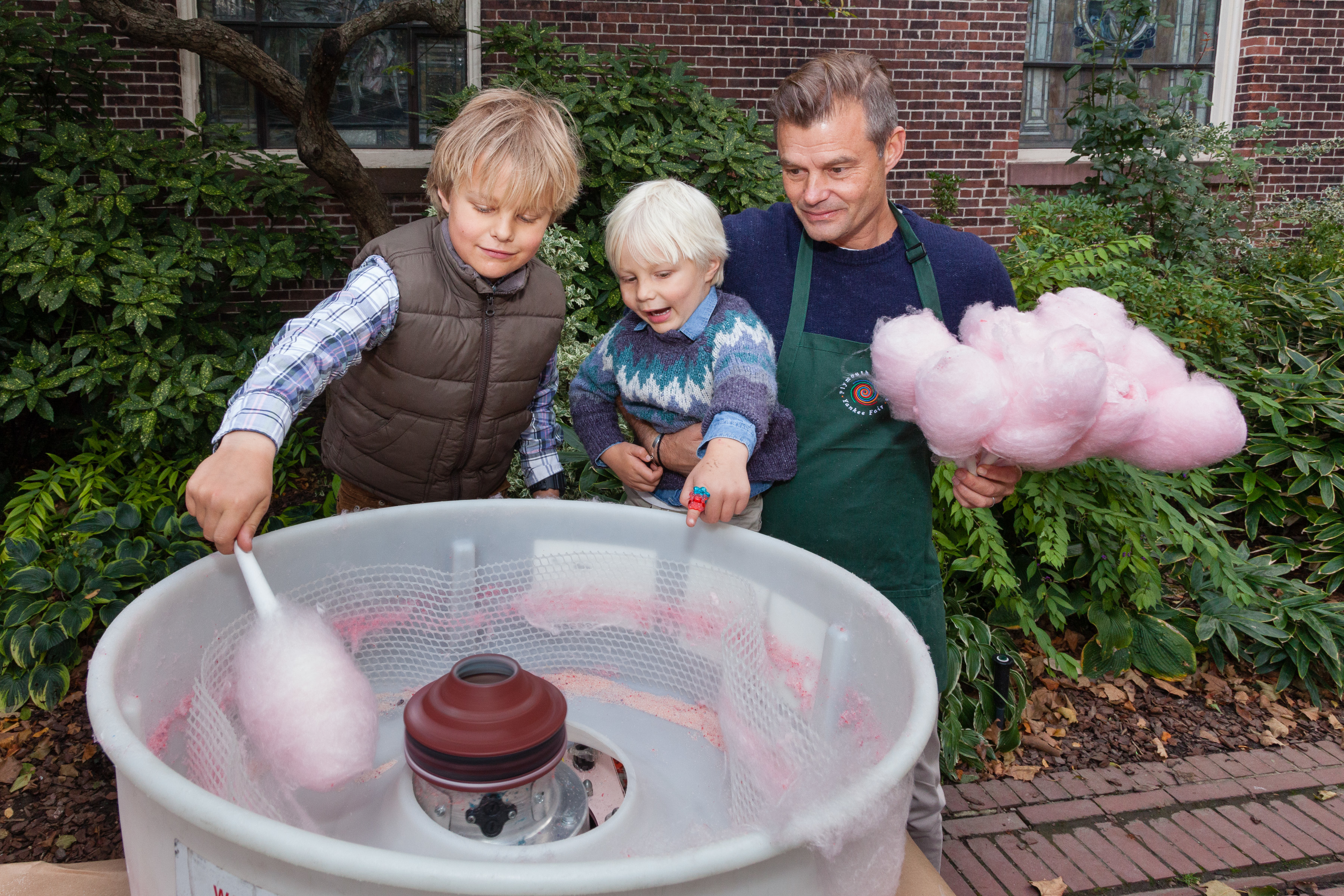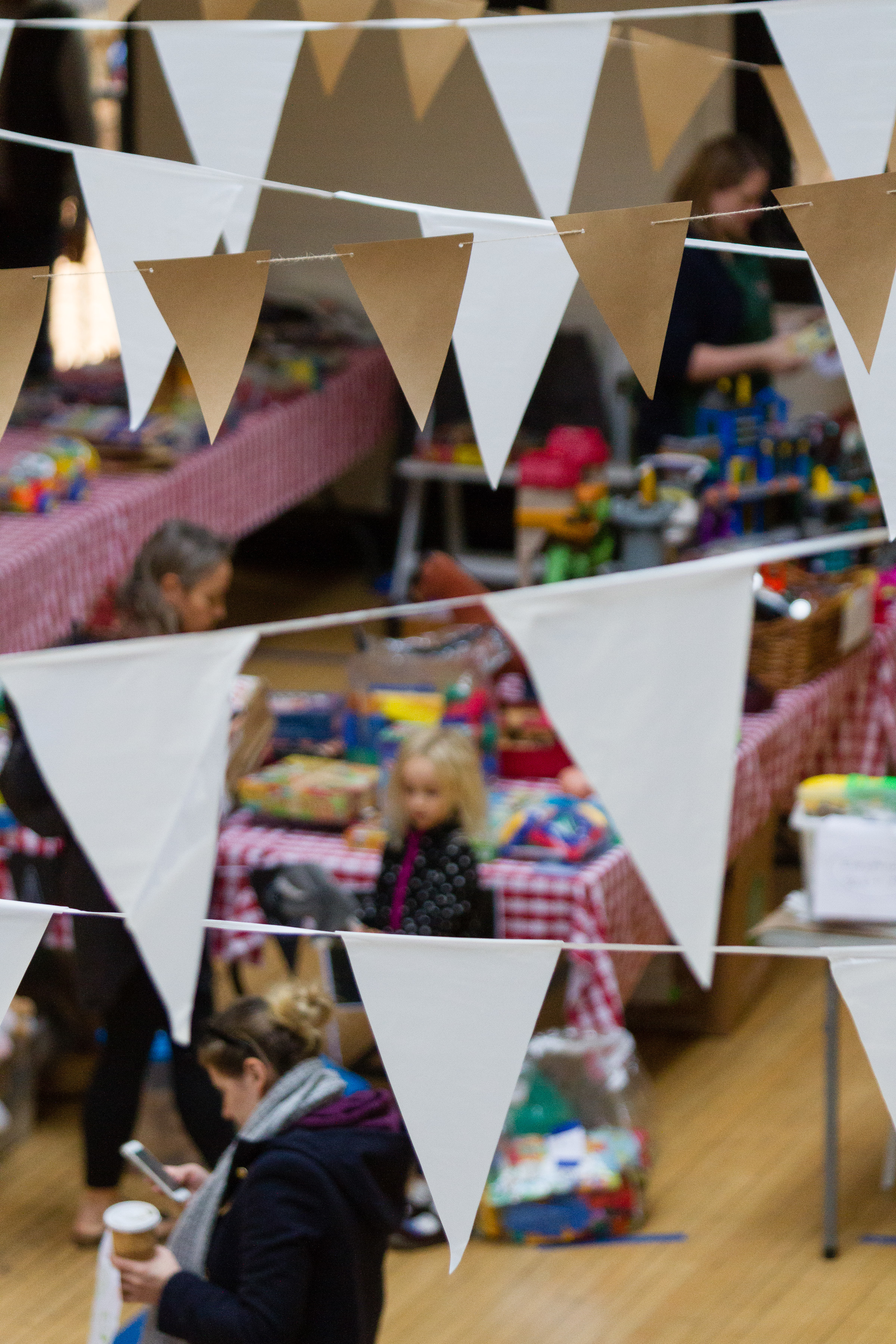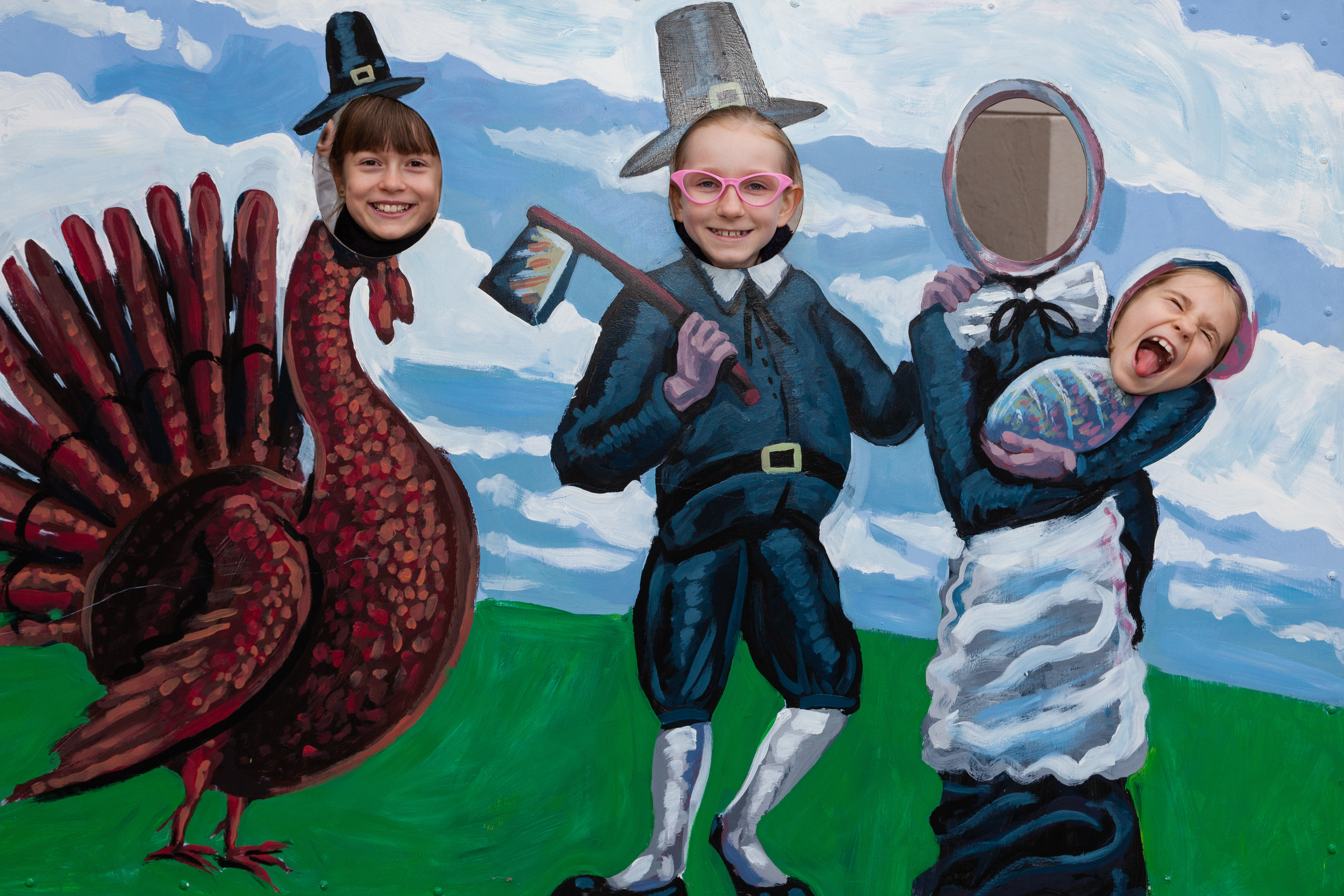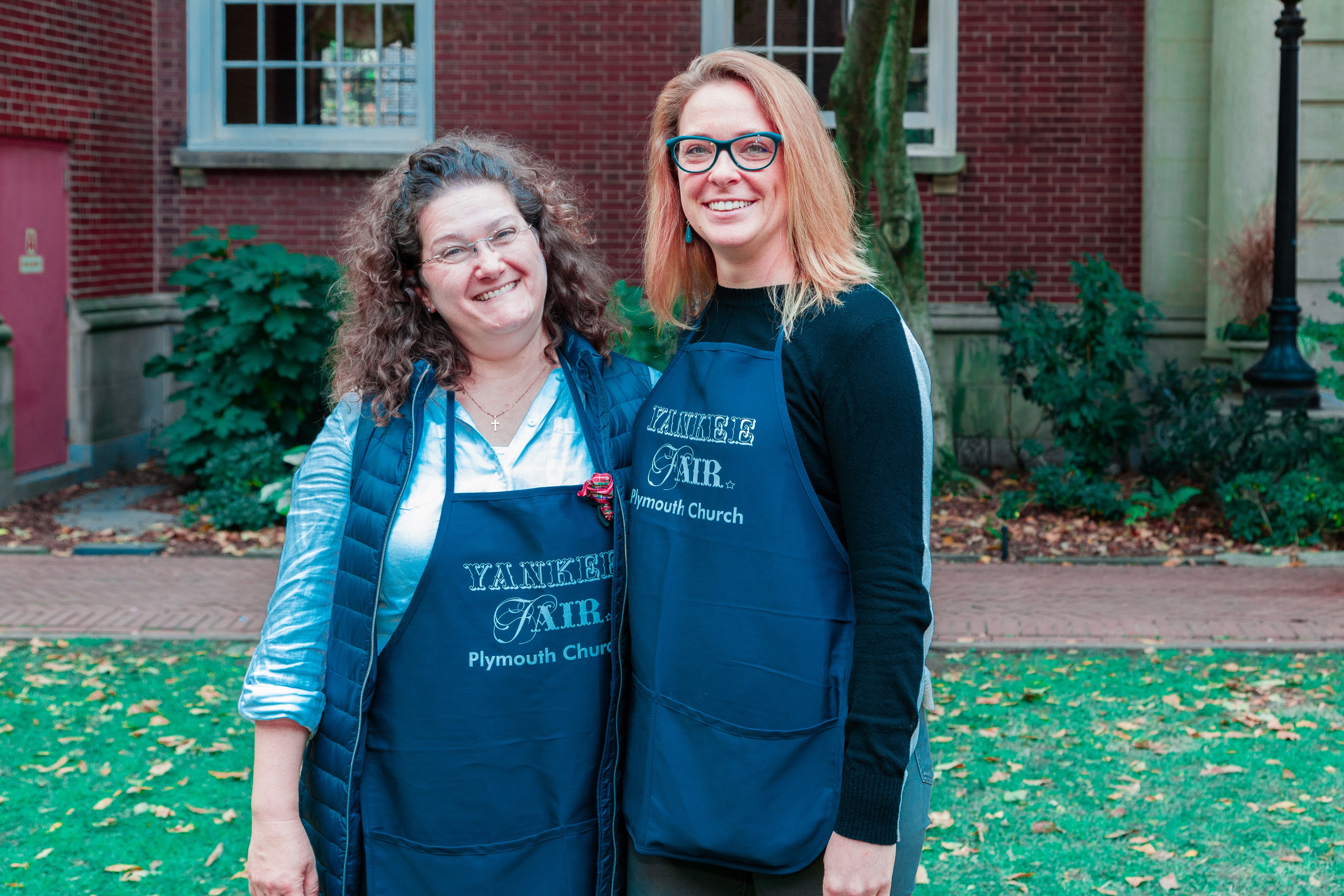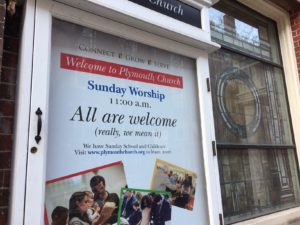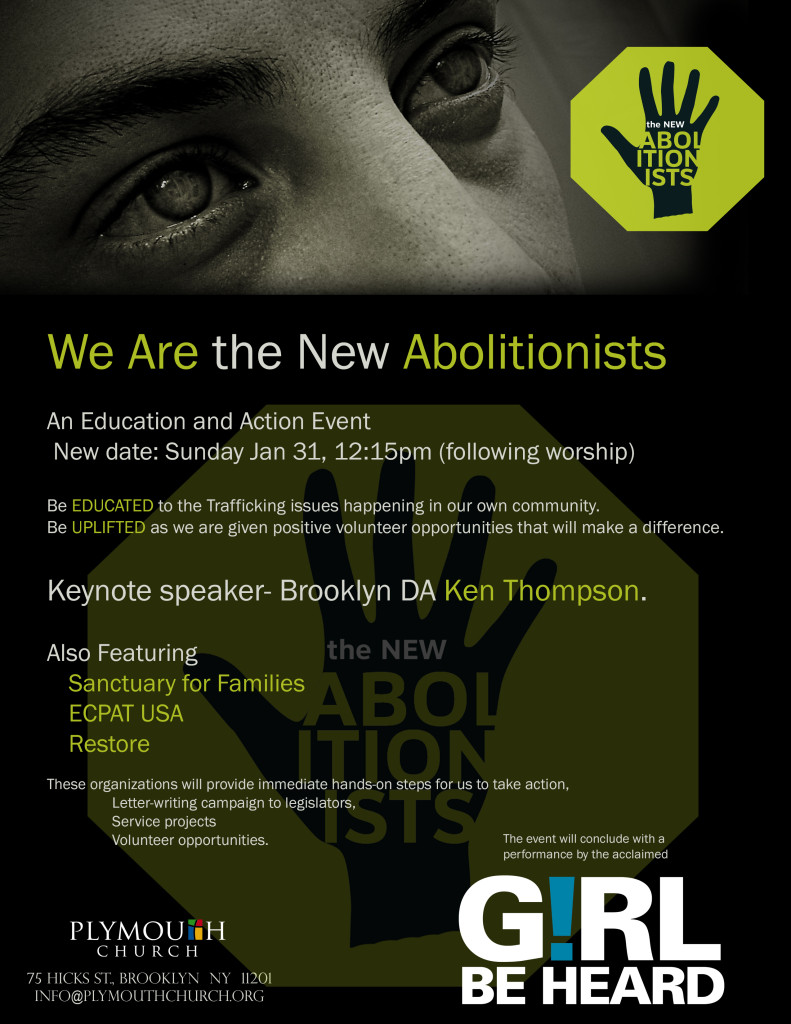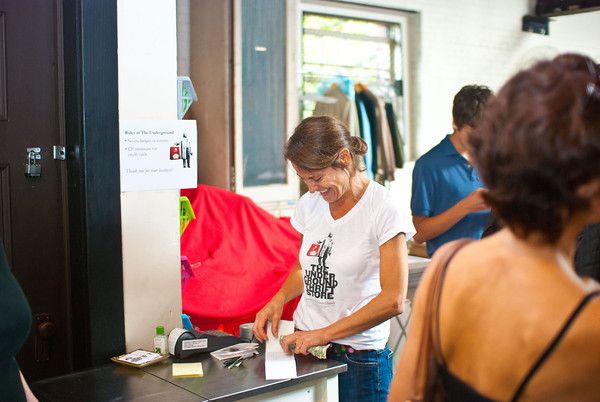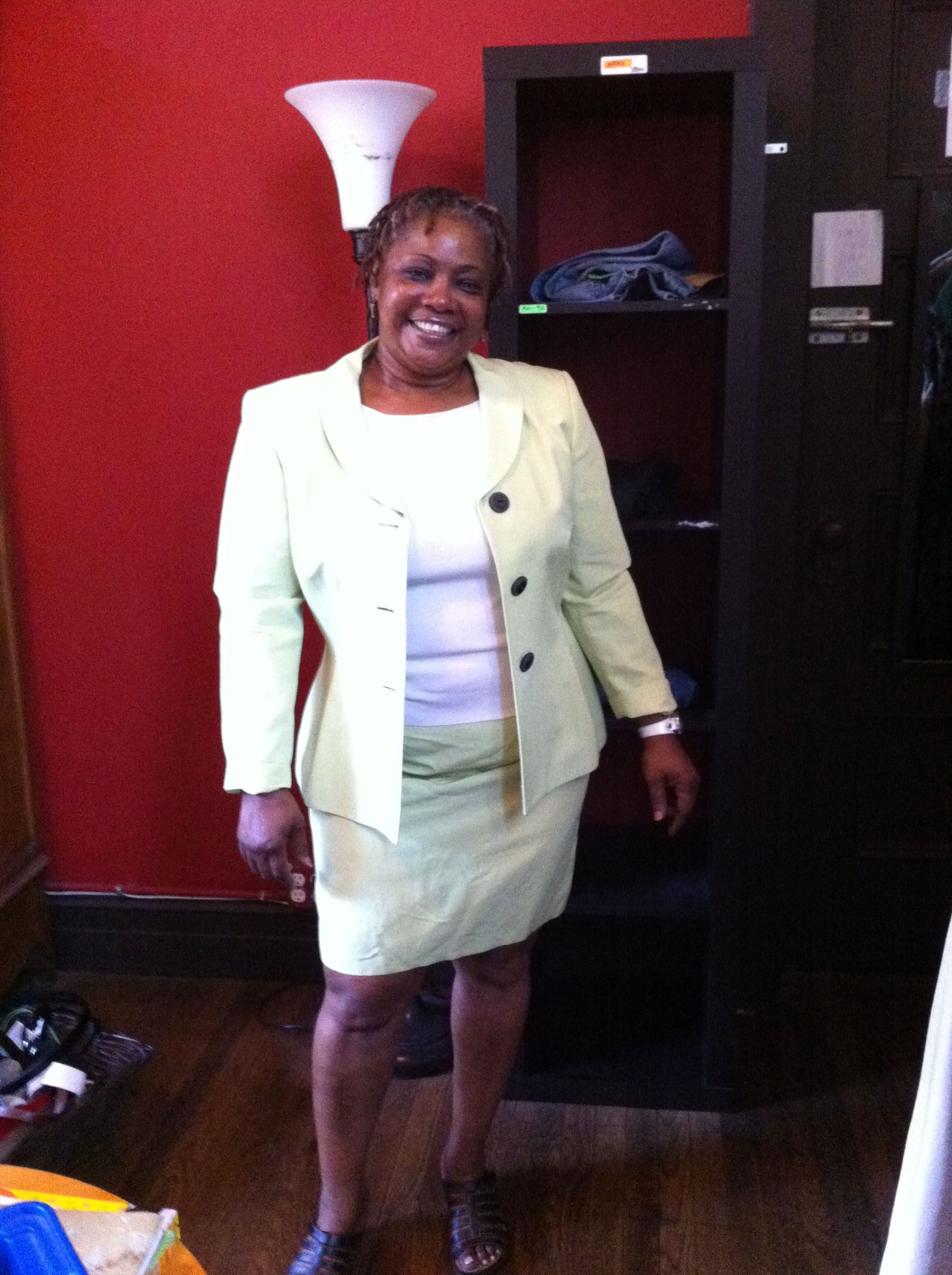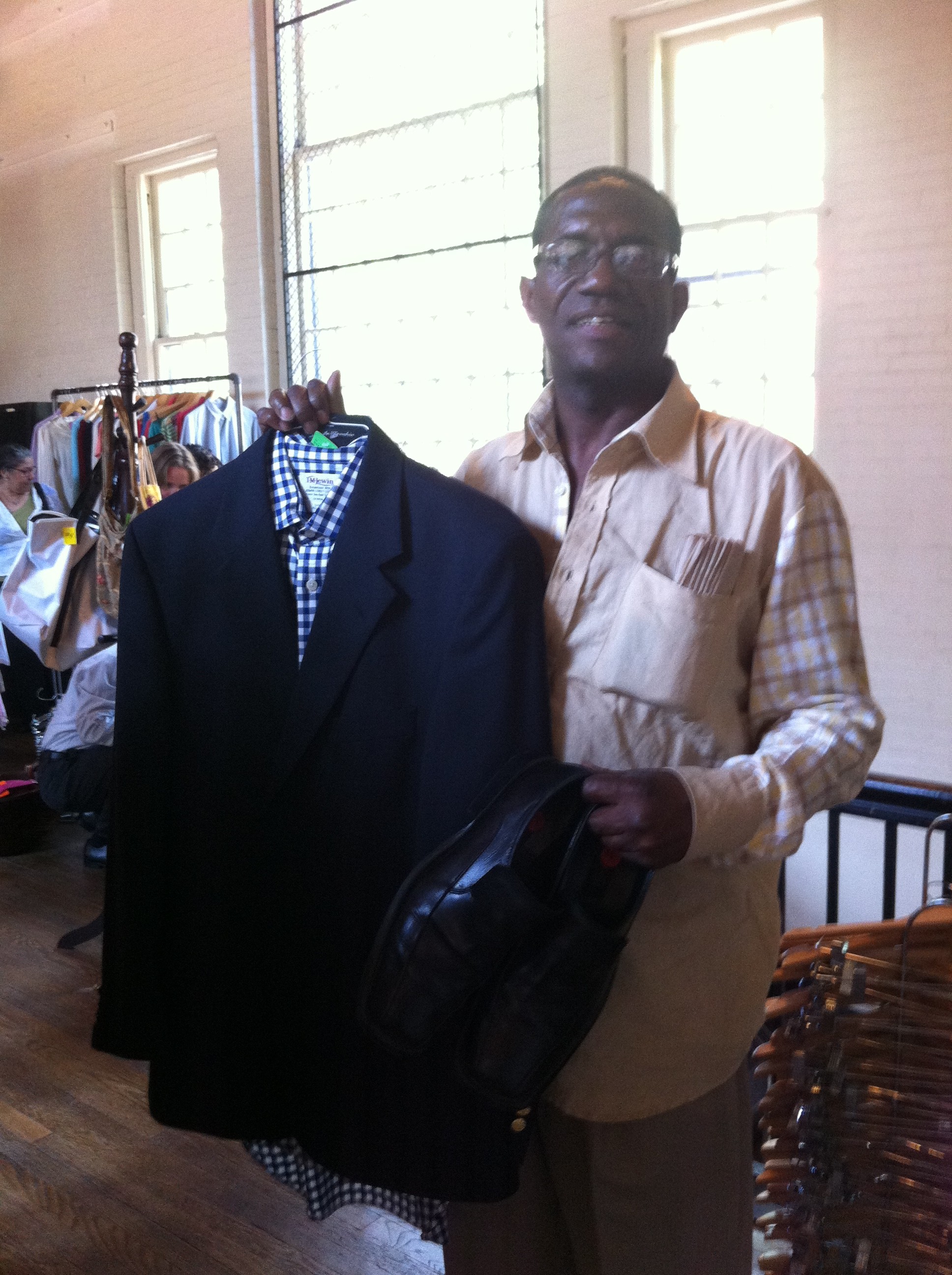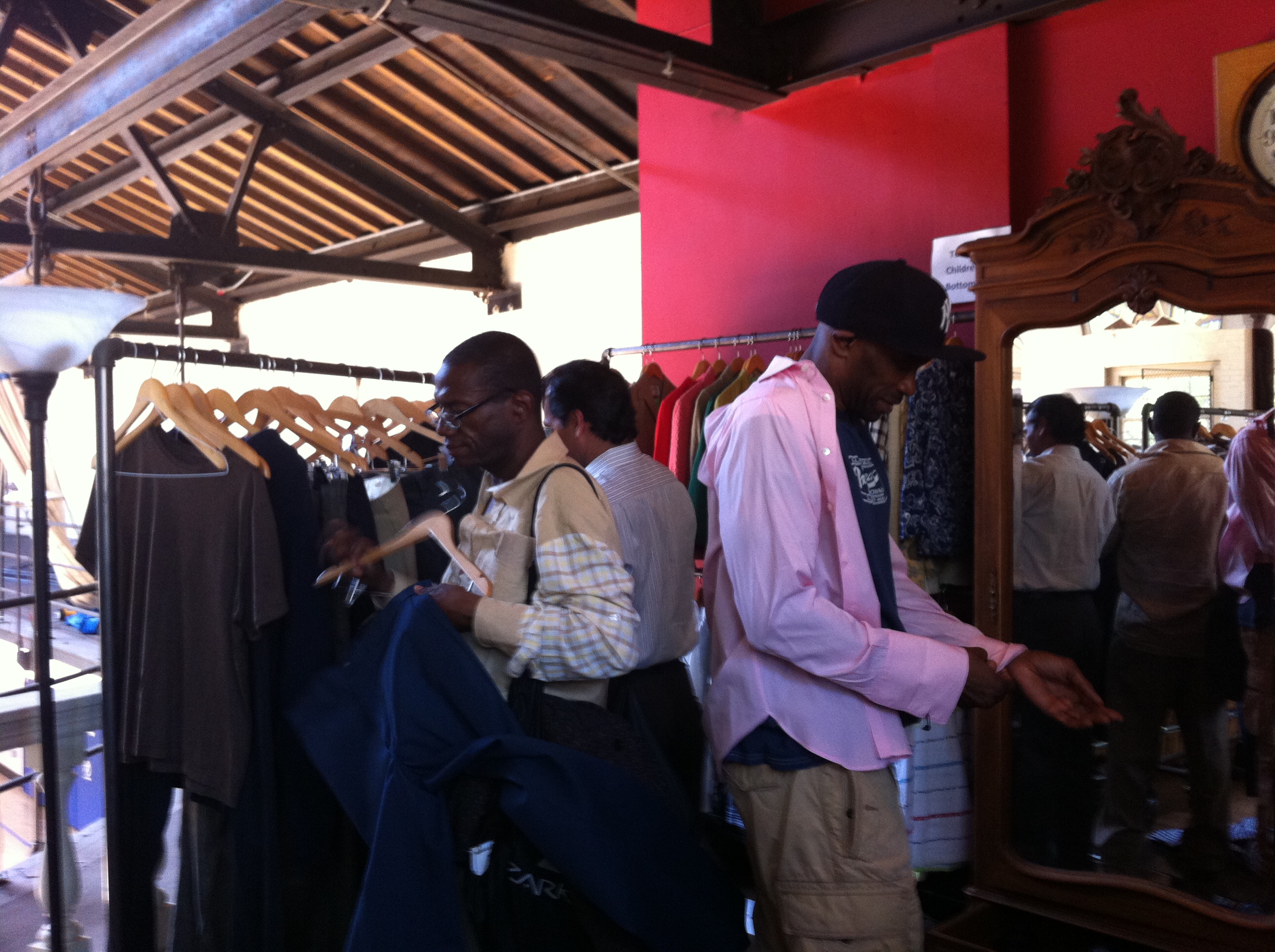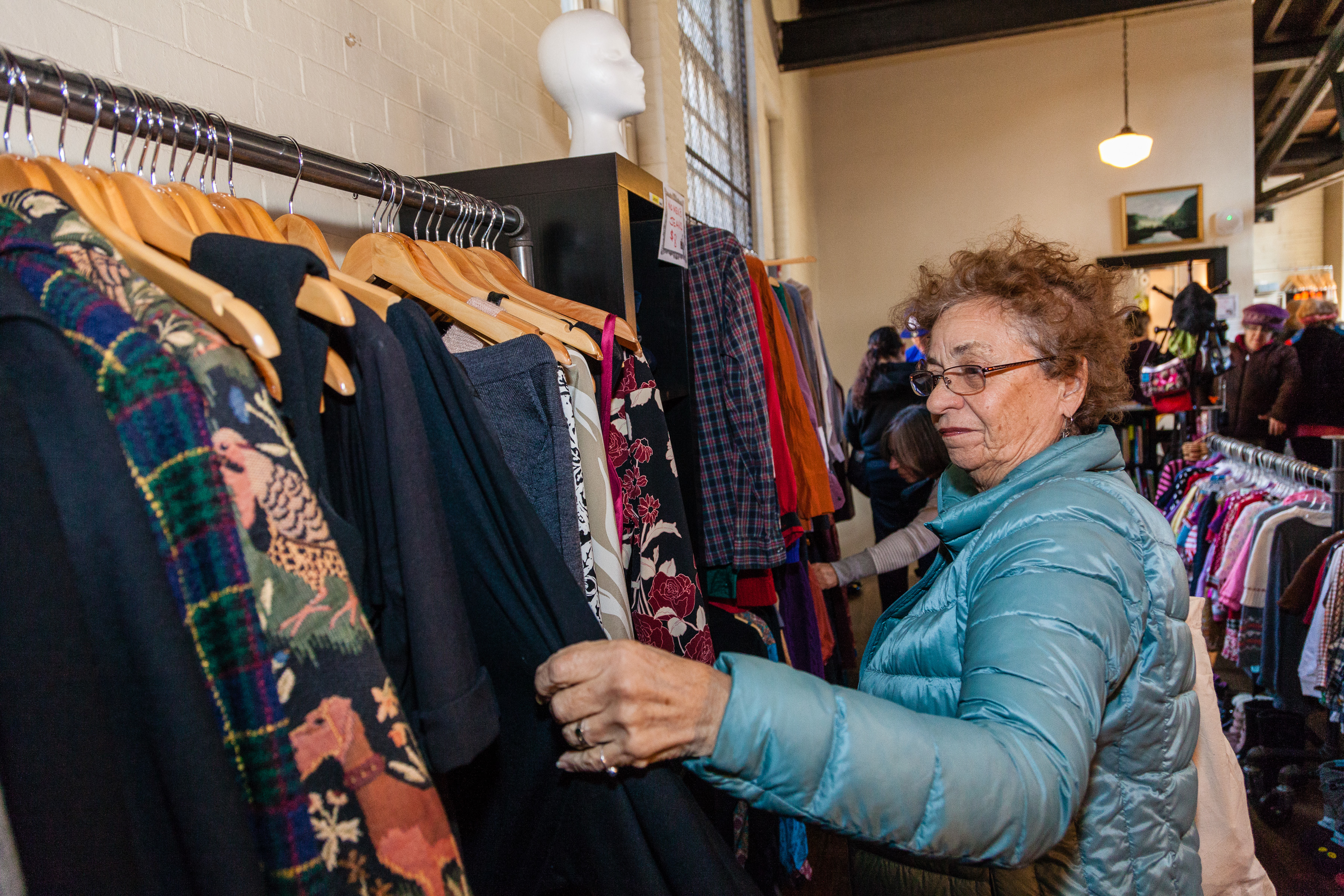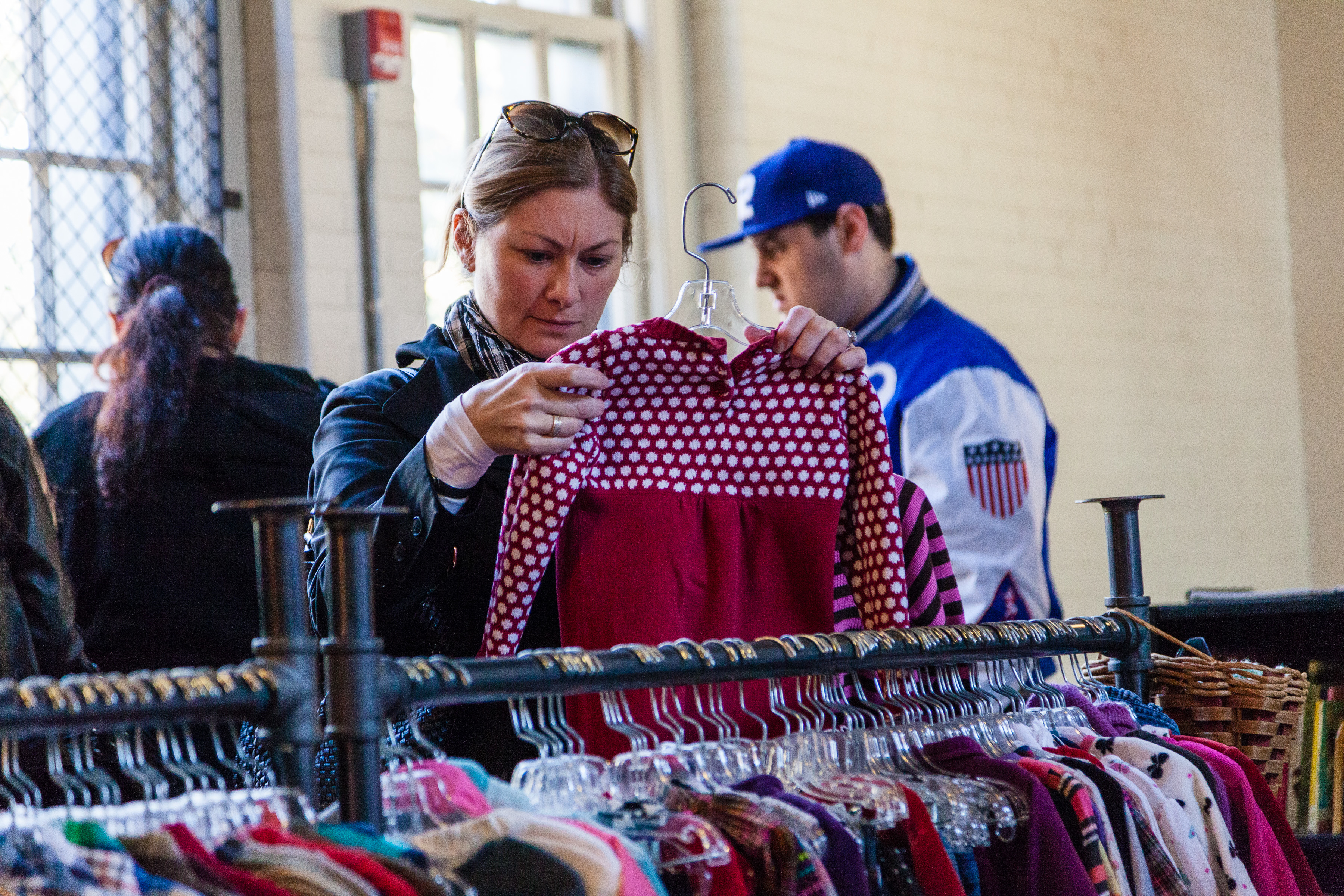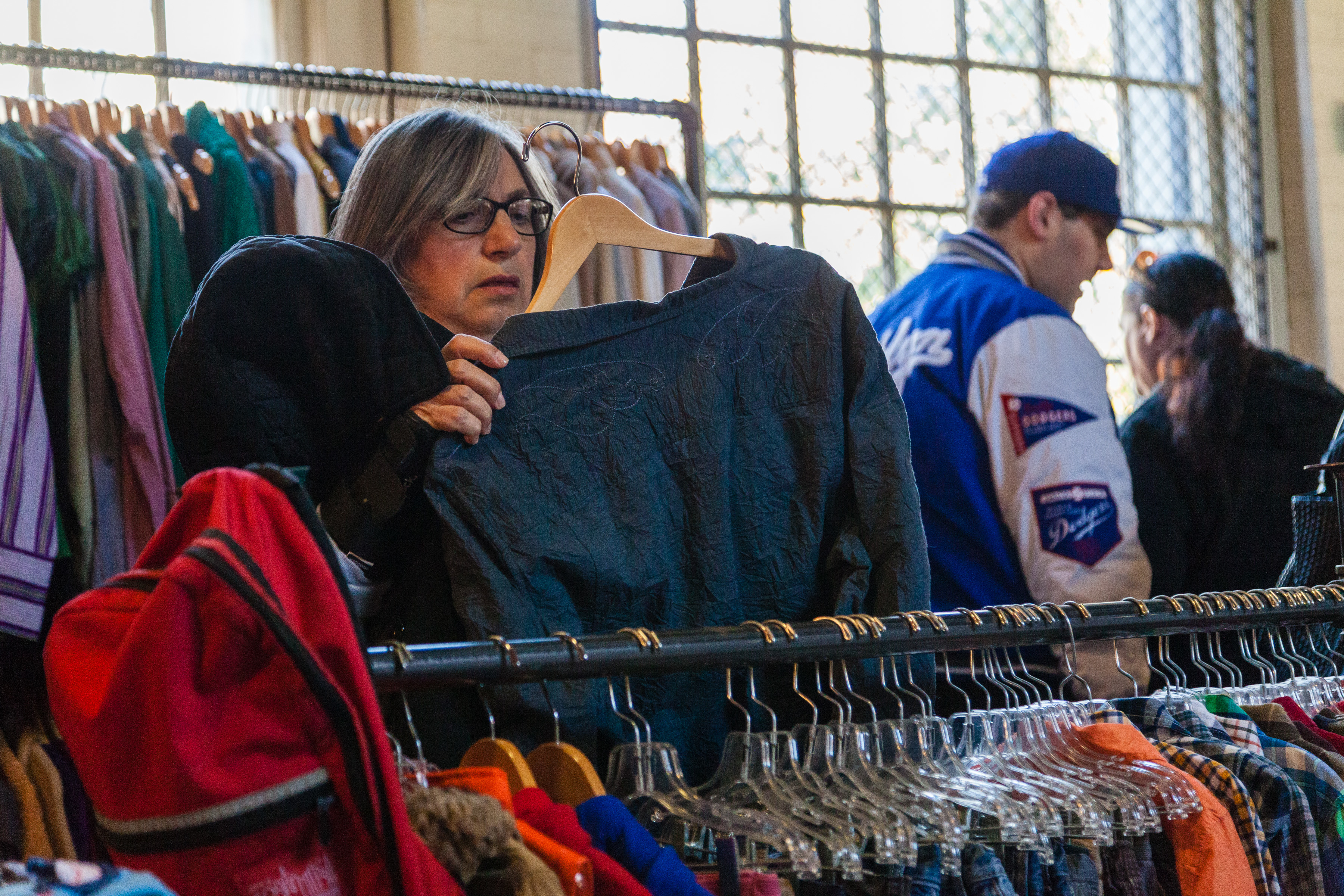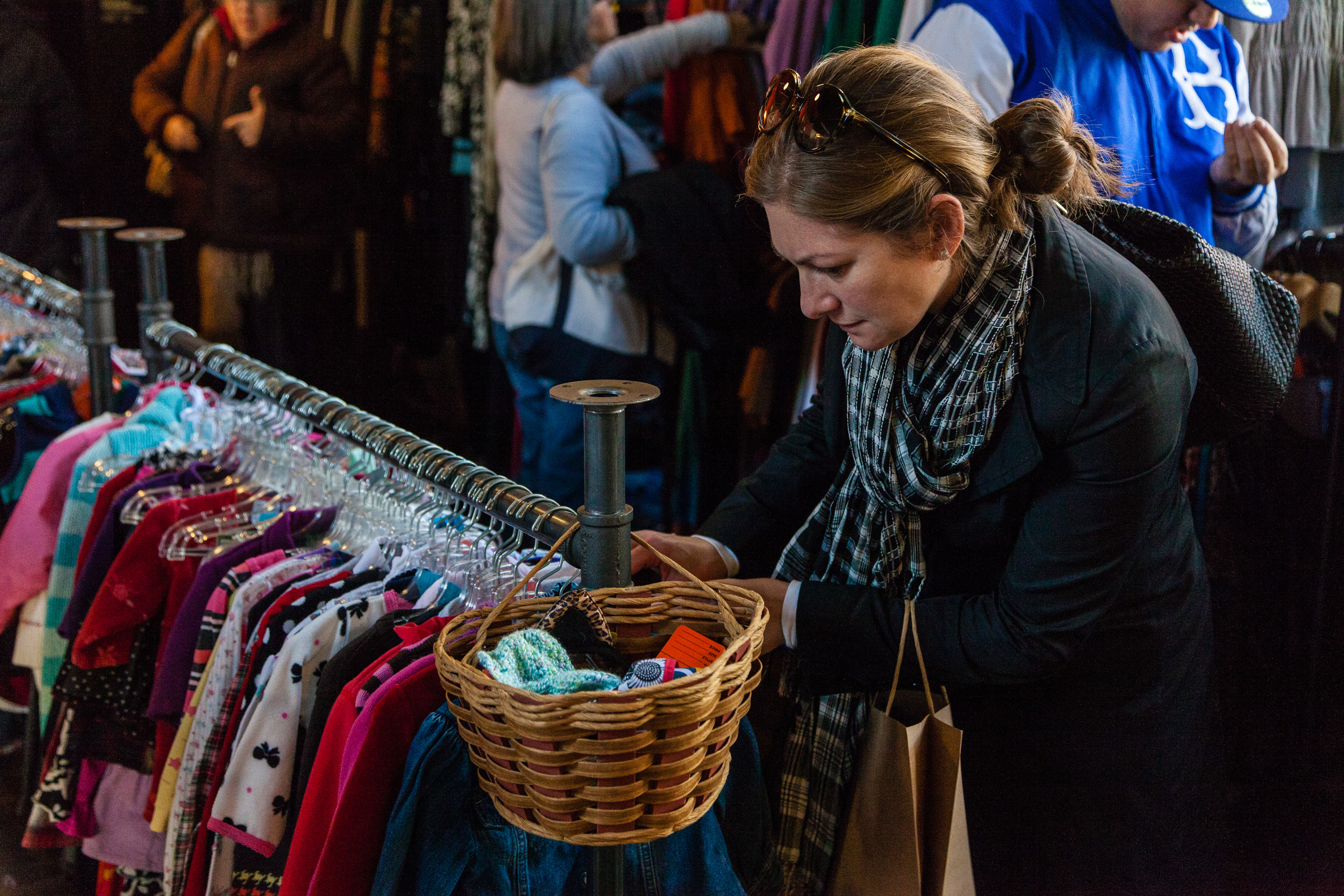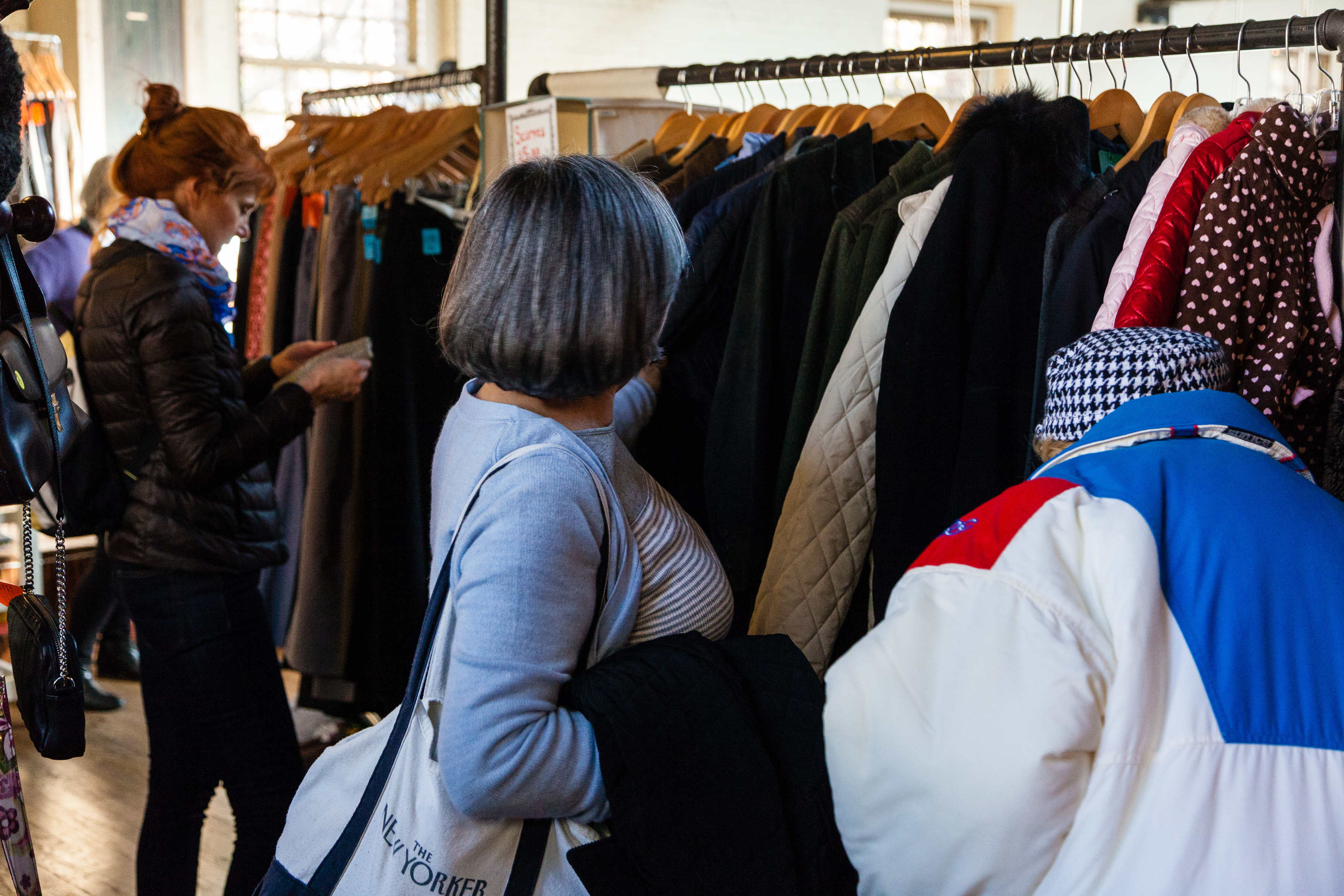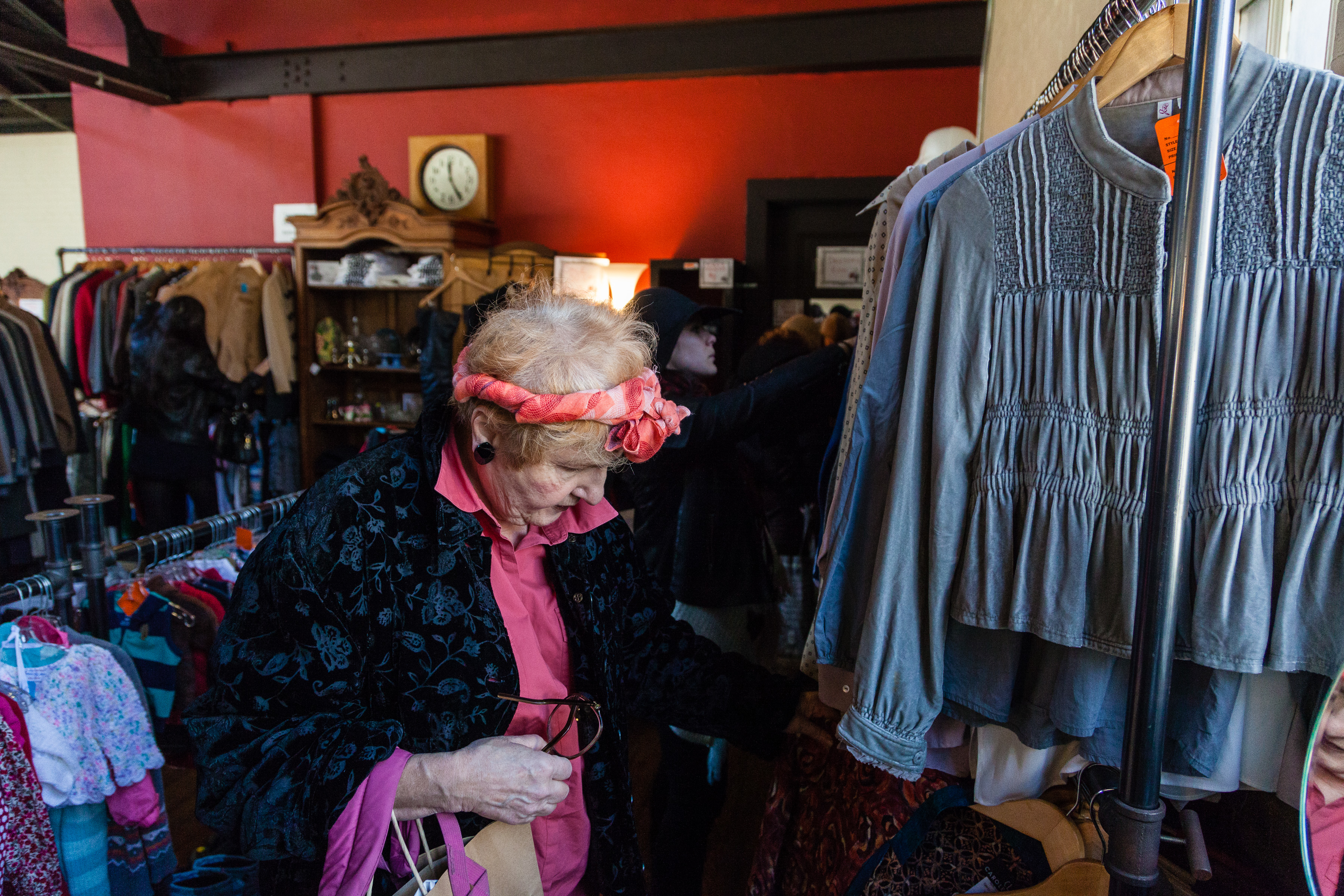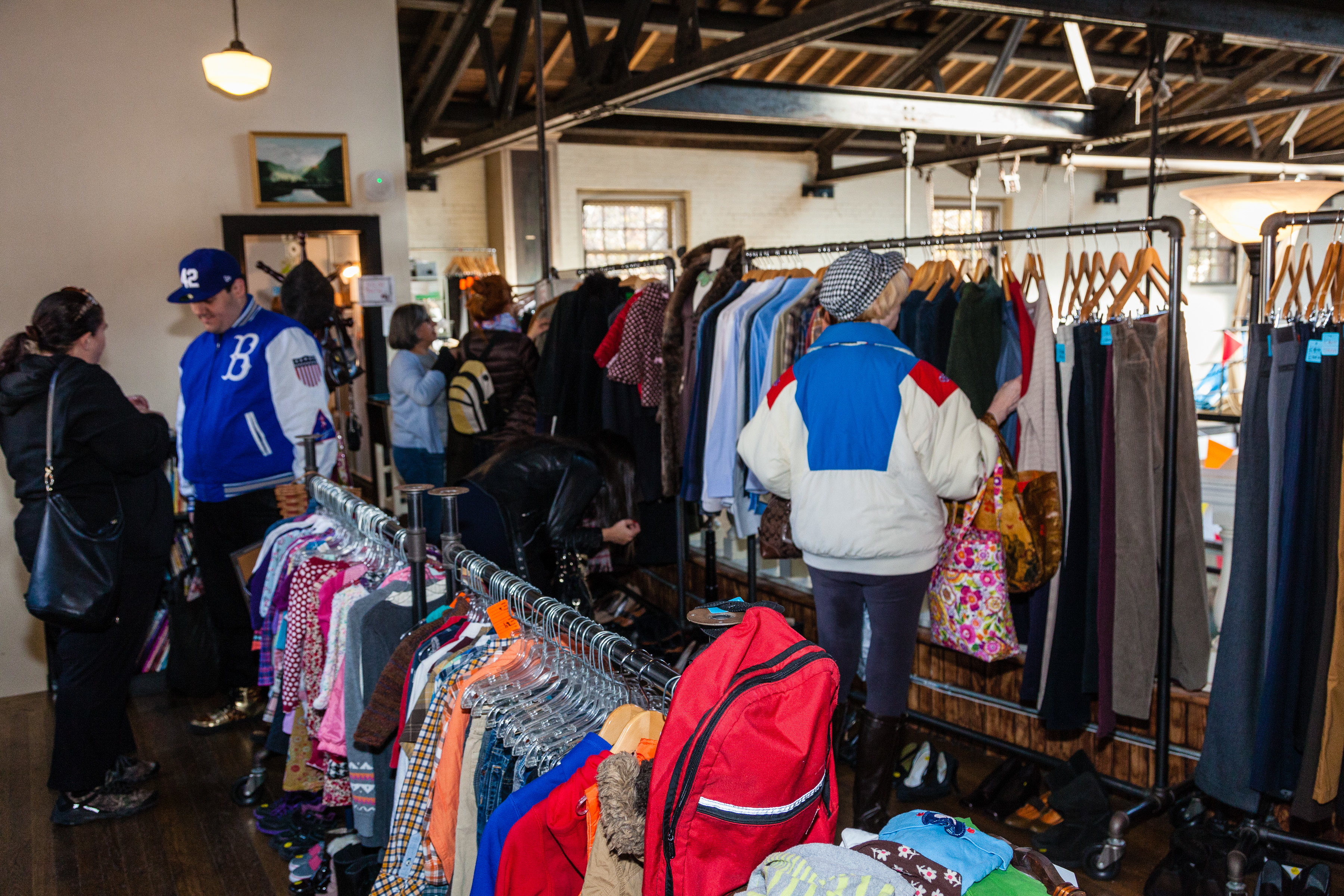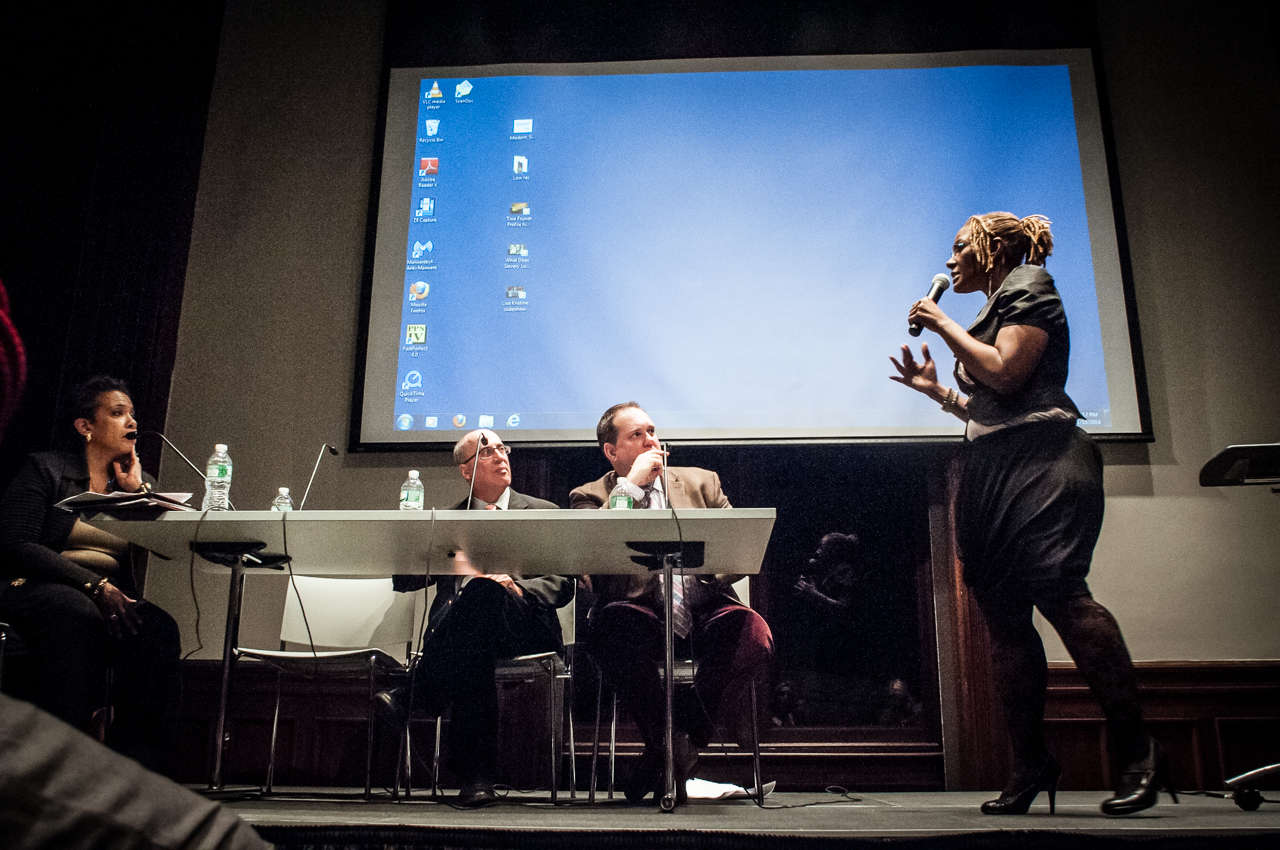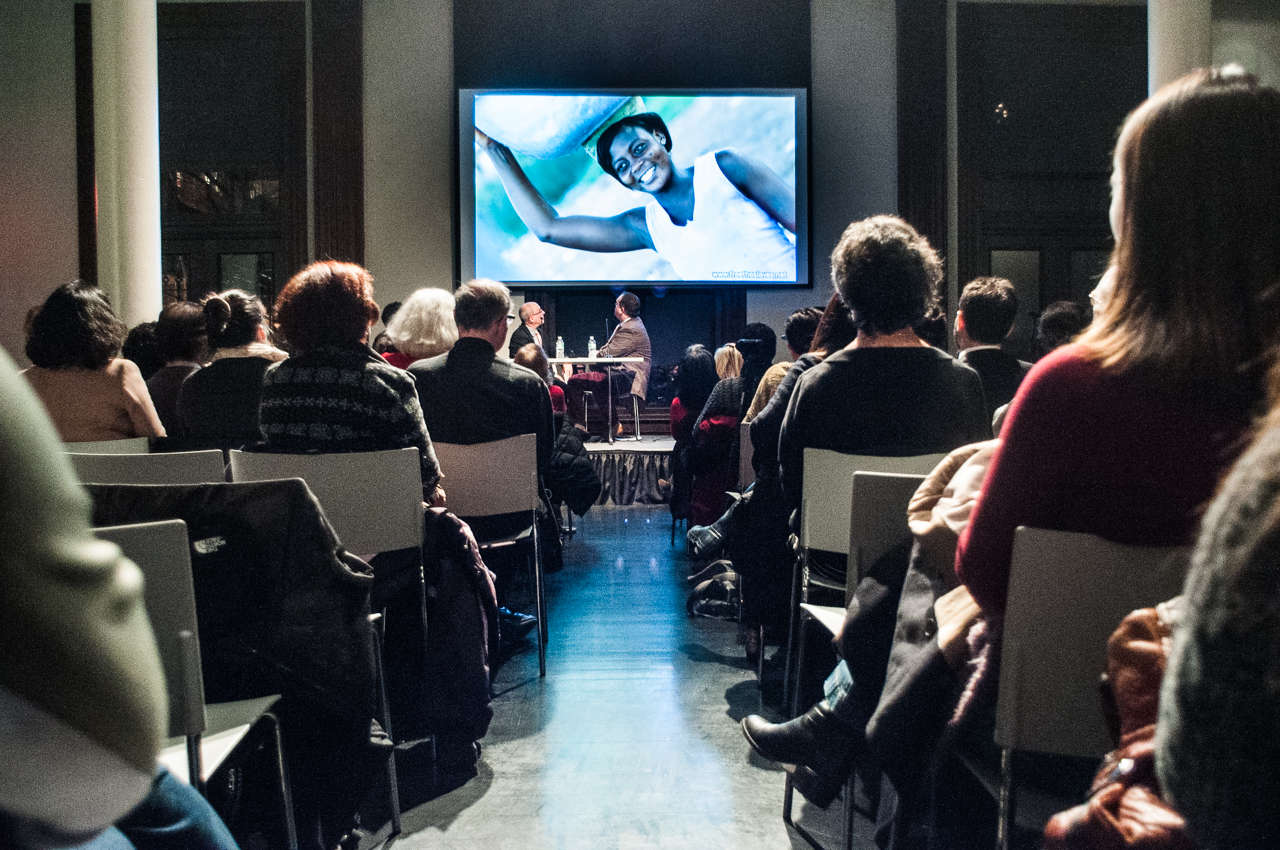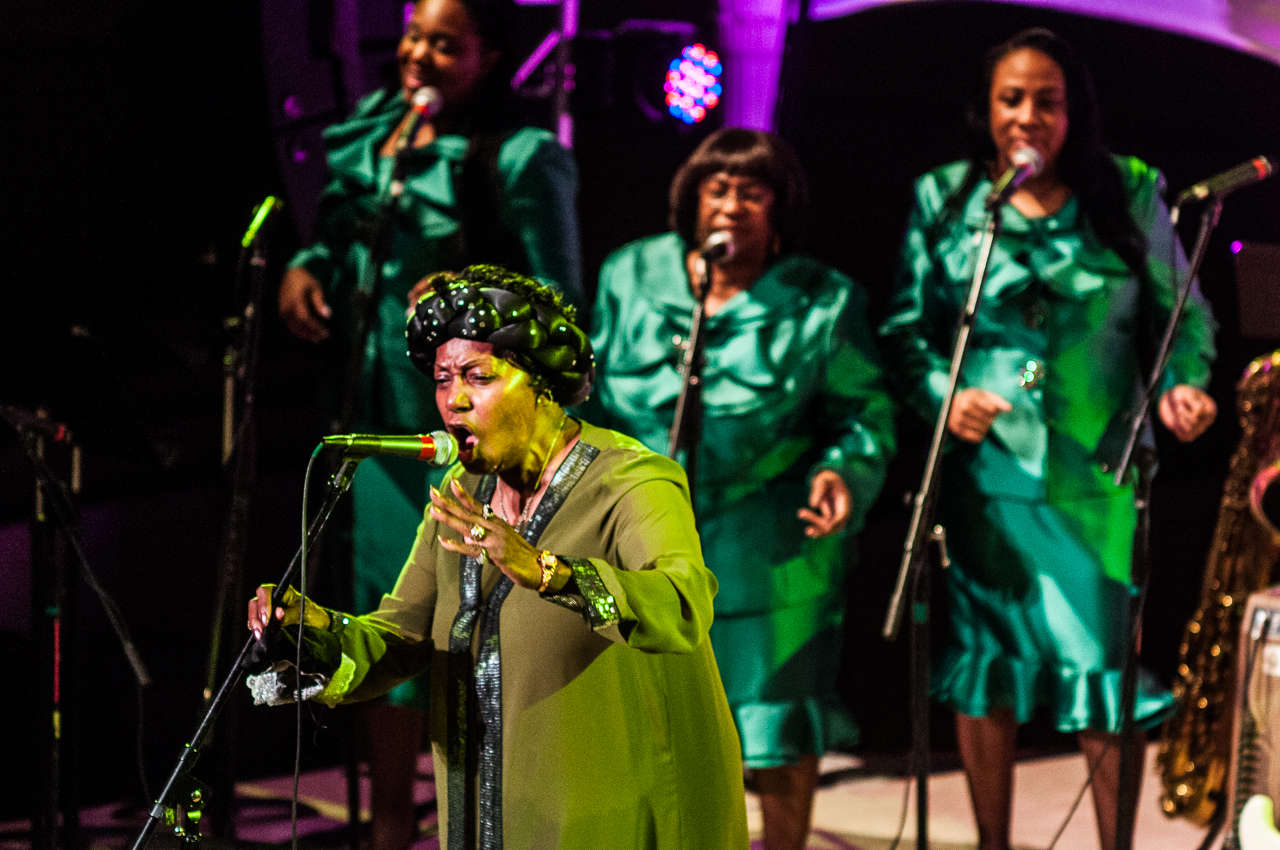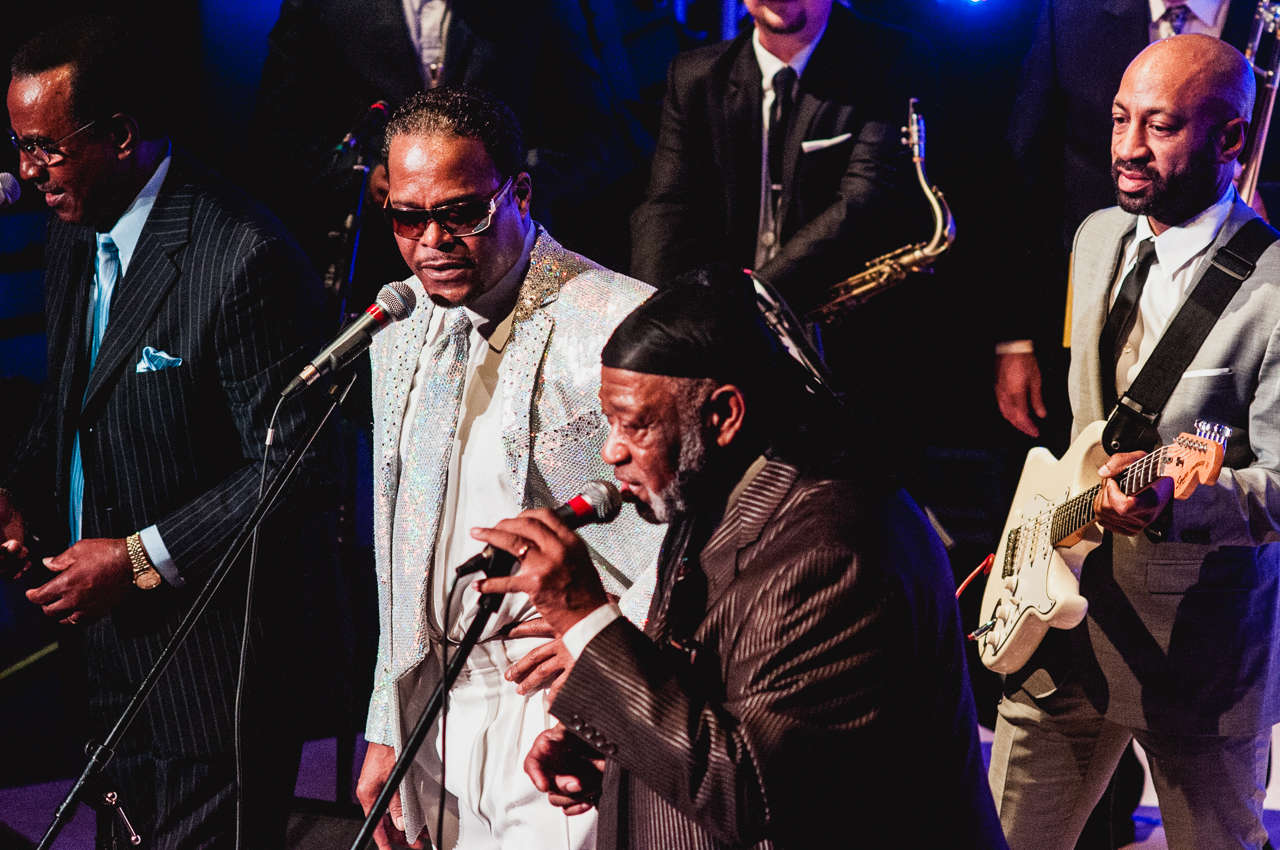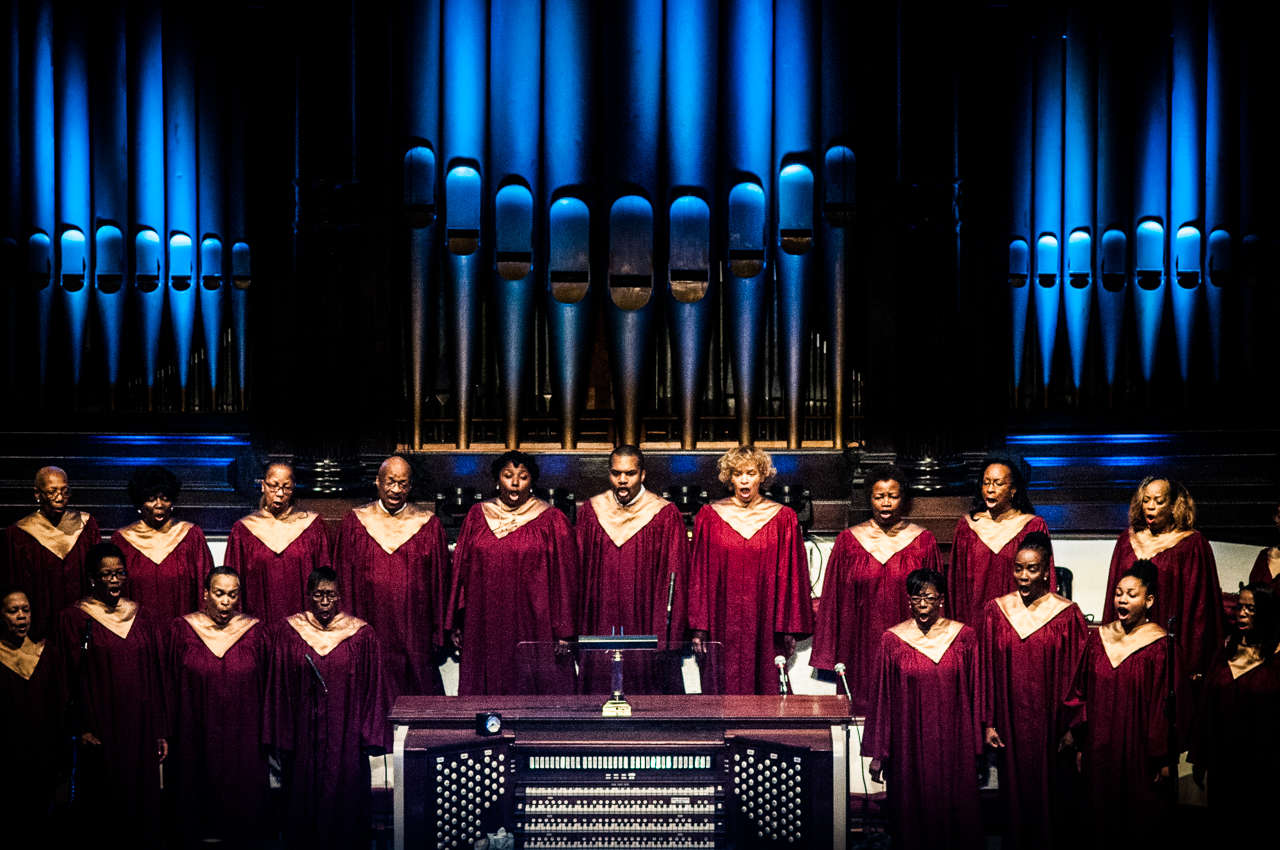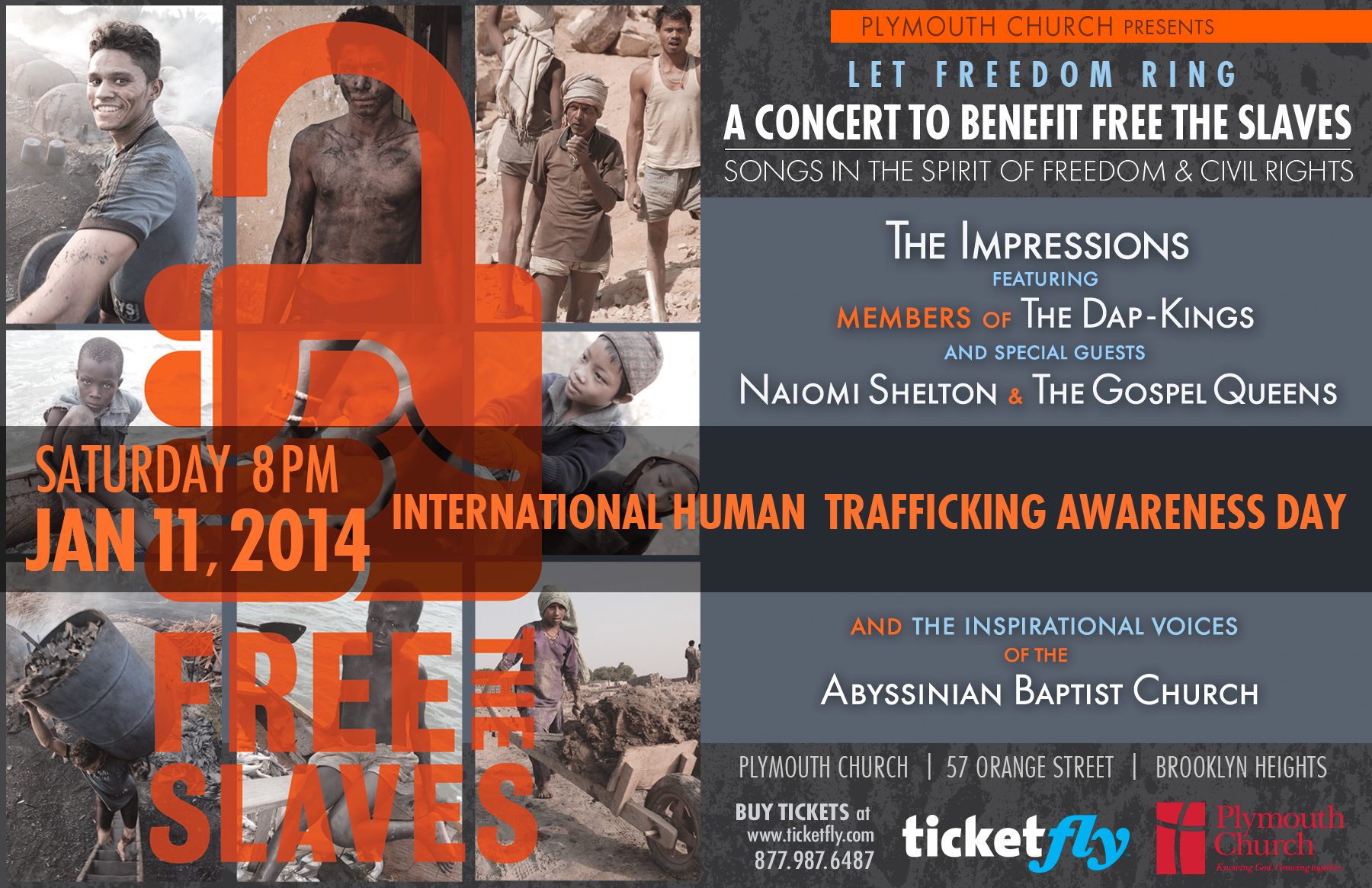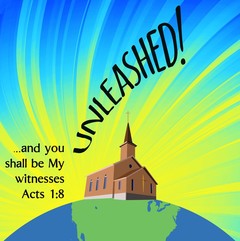 Two weeks ago 226 people from 96 churches from 23 states across the country gathered in sunny San Diego, CA for the 64th Annual Meeting and Conference of the National Association of Congregational Christian Churches. The theme this year was Unleashed, a reference to Acts 1: 8. Those in attendance from Plymouth Church: Grace Faison, Carol Younger, Edith Bartley, Jim Waechter, Julie Johnson Staples, Brett Younger, and myself.
Two weeks ago 226 people from 96 churches from 23 states across the country gathered in sunny San Diego, CA for the 64th Annual Meeting and Conference of the National Association of Congregational Christian Churches. The theme this year was Unleashed, a reference to Acts 1: 8. Those in attendance from Plymouth Church: Grace Faison, Carol Younger, Edith Bartley, Jim Waechter, Julie Johnson Staples, Brett Younger, and myself.
Frequent questions I get asked from Plymouth newcomers are: So what is the NACCC? Is it a denomination? Simply answered, the NA is a voluntary group of churches who follow the Congregational Way, a practice derived from the traditions and beliefs of the Pilgrims, puritan Christians from England who settled in America in the early 1600’s in pursuit of religious freedom. Basic principles of the Congregational Way include:
• Christ alone is the head of the church (kings, popes or bishops can’t tell us how to practice our faith)
• All members of the church are spiritually equal and called to ministry (everyone matters and has a job to do for God)
• Christians are bound to one another by a voluntary covenant (we don’t have a doctrinal statement)
• Every Christian has the freedom to interpret the Bible according to their own conscience (there’s a bunch of theological diversity in a Congregational church)
• The Bible, not a creed or written confession, is our guide for our beliefs and living out our faith (so we have to actually read and study it)
• Every local church is autonomous and complete (no one can tell us what to do…except maybe our own Church Council…with our approval)
Being a Congregationalist is radical. We accept diversity of belief and giftedness. We claim an independence in our faith. We don’t allow other entities to bully us into doing church their way.
This overt religious radicalism allows NA churches to be beautifully unique, irreplaceable members of the larger Body of Christ. So once a year these wonderfully diverse churches gather together to help one another continue and strengthen their separate holy callings to their particular corners of the world. They call this meeting the “Annual Conference.”
There was a bunch of boring business at the conference (Congregationalists like to vote on things). But I don’t want to spend much time on that stuff. In short, we approved a budget, listened to annual reports from various committees, elected new leaders (the most exciting being Jim Waechter as Moderator – yay!), and received a report from Executive Director Michael Chittum. We also adopted a new Mission and Vision Statement.
NACCC Mission Statement:
To nurture fellowship among Congregational Christian Churches and support ministries of the local church in its community and to the world, all in the name of Christ.
NACCC Vision Statement:
Vital and healthy Congregational churches, sharing the love of Jesus the Christ.
My favorite parts of the conference were the moments I realized the true importance of an association like the NACCC. Plymouth Church, being located in a big city and being a healthy, growing congregation, can easily fall into the false belief that we don’t need any other churches to help us do our ministry, and that we have this church thing all figured out. We are at risk of becoming ecclesiastic snobs, turning our noses up at the small, Midwestern NA churches that have nothing to offer large, historical, and successful churches like Plymouth. The moment we start embracing the sin of arrogance and self-reliance is the moment we will begin to fail in our own mission to Know God and Grow Together.
Plymouth has a lot to learn from the rest of the world, even the smallest corners. Plymouth needs to know that a first-year pastor, Rev. Jacob Poindexter, of First Congregational in Anchorage, Alaska is heading up his regions Poor People’s Campaign. Plymouth needs to know that the all-white First Congregational Church in Toulon, IL, a small town of 1,200 people recently called an African American, Rev. Dr. Ron Toliver, as their senior minister. African Americans make up just .21% of Toulon’s population. Plymouth needs to know that Rev. Dr. Elvis Sa Do and his wife Rev. Naw Pale Say work tirelessly in Yangon, Myanmar to bring God’s message of hope and healing to a people who have been isolated and persecuted by an oppressive government. Plymouth needs to know that we are not alone. The churches and ministries of the NACCC are out there carrying God’s love to the rest of the world, and come together to support one another in that mission.
Twenty years ago Plymouth was a struggling church with membership down and finances strained. The NACCC gave Plymouth and its leaders support and strength to continue. We must not forget our own recent history.
As part of the NACCC, we must recognize that we are all in this together. We are a family. We are the keeper of our sister churches. They are our keepers. We need to continue to support one another, pray for one another, and (once a year at least) show up for the reunion.
If you would like to learn more about the NACCC, visit: www.naccc.org.
Erica Cooper
